BUSINESS DELAWARE



Rod Ward, President & CEO, CSC

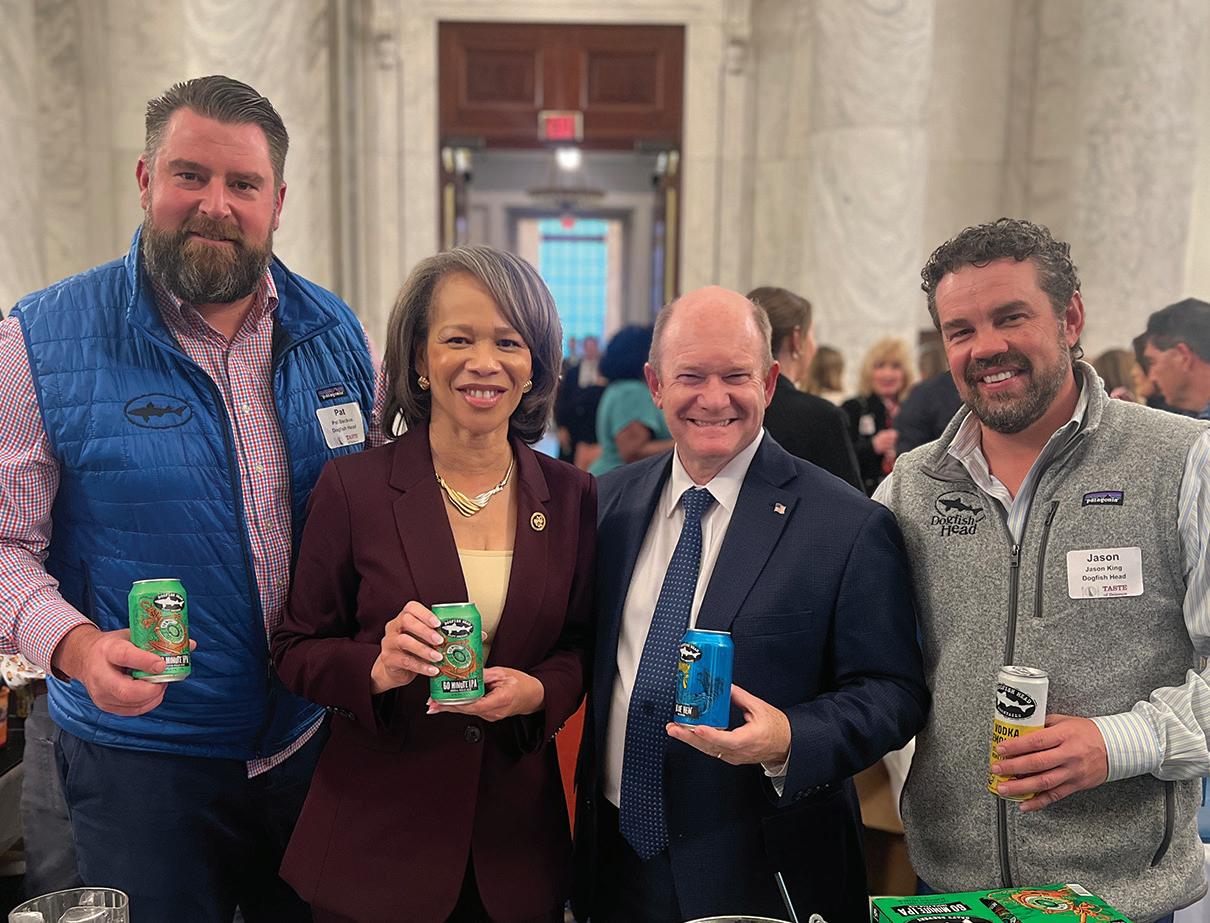
The Annual Taste of Delaware celebrated Delaware Day in December and featured the First State’s culinary favorites in the nation’s capital.
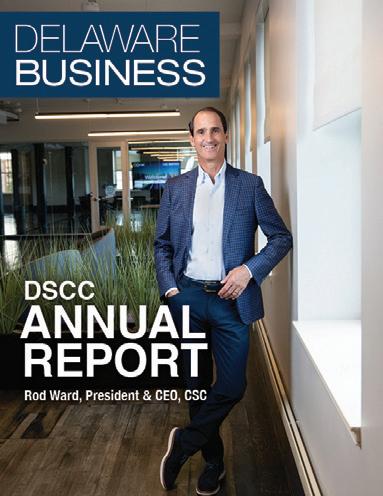


KELLY BASILE VICE PRESIDENT, STRATEGIC COMMUNICATIONS


REGINA DONATO MANAGER, PROGRAM & COMMUNICATIONS
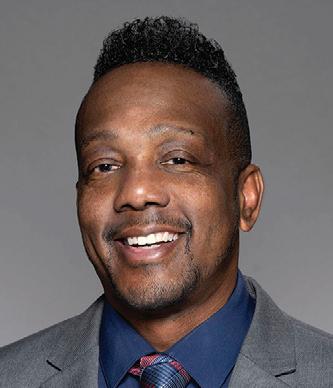
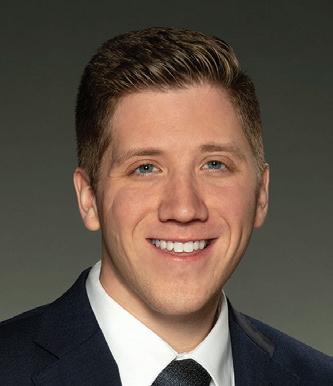
TYLER MICIK DIRECTOR, PUBLIC POLICY & GOVERNMENT RELATIONS

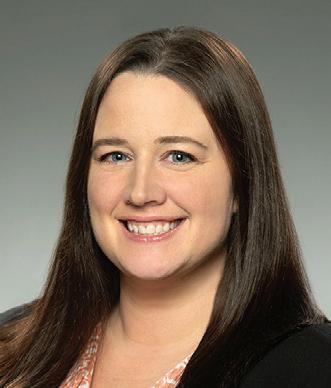
KERRI WELCHER EVENTS MANAGER

DANIELLE BLAKE VICE PRESIDENT, MEMBER ENGAGEMENT

KEN EVANS ACCOUNT EXECUTIVE
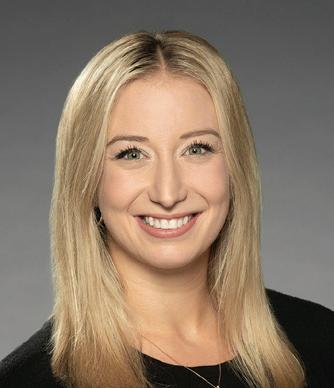
HELANA RODRIGUEZ DIRECTOR, THE PARTNERSHIP, INC.
EDITORIAL STAFF
Marie Holliday, CPA Chair Michael J. Quaranta President
CHAIR
Marie Holliday, CPA Cover & Rossiter
VICE CHAIR
John C. Gooden M. Davis & Sons, Inc.
Catherine M. Bassett Mountaire Farms
Steve Chambliss Brookfield Properties
Andrew Cottone, Ph.D. ADESIS
Jason D. Gonzalez DuPont
Dr. LaVerne T. Harmon Wilmington University
Tony Allen, Ph.D.
Delaware State University
Pierre Anderson
Artesian Water Company, Inc.
Steve Baccino
Chesapeake Utilities
Christopher W. Baker
George & Lynch, Inc,
Greg Ballance
Diamond Technologies
Mike B. Berardi
Wohlsen Construction Co.
Adam Blackford
Agilent Technologies
Robert A. Book II
Delaware Electric
Cooperative
Julian H. “Pete” Booker
Delaware Public Media
Jennifer Gimler Brady
Potter Anderson & Corroon LLP
Dr. Mark T. Brainard
Delaware Technical Community College
Beth G. Brand
University of Delaware
Desa Burton
Zip Code Wilmington
Robert L. Byrd
ByrdGomes
Patrick Callihan Tech Impact
Stuart Comstock-Gay Delaware Community Foundation
Charlie Copeland
Associates International, Inc.
Pam Cornforth
Ronald McDonald House Charities of Greater Delaware
Jason Danner
Kelly Benefits Strategies
Rick Deadwyler
Corteva Agriscience™
Ernest Dianastasis
The Precisionists, Inc.
Brian DiSabatino
EDiS Company
Michael
Walter Donaldson Freeh Sporkin & Sullivan, LLP
Lisa M. Donlon, PE VanDemark & Lynch
Thère du Pont
Longwood Foundation
Jerry Esposito Espo Enterprises, LLC
G. Kevin Fasic, Esq. Offit Kurman
Donald T. Fulton
Weiner Benefits Group
Martha S. Gilman
Cornell Property Management Corp.
Joseph A. Giordano* Whisman Giordano & Associates, LLC
Terry Glebocki
Delaware Park
A. Richard Heffron
Delaware State Chamber of Commerce, ret.
Logan S. Herring, Sr.
Reach Riverside Development Corporation
Kirsten Higgins Tidewater Utilities, Inc.
Bayard Hogans Enstructure
Michael Houghton
Morris, Nichols, Arsht & Tunnell, ret.
Tim Houseal† Young Conaway Stargatt & Taylor, LLP
Jessica Hunt Siemens-Healthineers
Mark Hutton M&T Bank
LeVar Johnson Novo Nordisk
Cathy Kanefsky
Food Bank of Delaware
Colleen Perry Keith, Ph.D.
Goldey-Beacom College
Melissa Kenny Wakefern/Delaware Supermarket
Regina Donato Editor Christina Jones Graphic Design
Tom Horne JPMorgan Chase
Natalie Keefer Bank of America
Rodger Levenson WSFS Bank
Michael A. Meoli The Meoli Companies
Apollo Khine Barclays US Consumer Bank
Matthew Lantagne TD Bank
Alan Levin
SoDel Concepts
Andy Lubin
Delaware Financial Group
Mac Macleod Carvertise
Scott Malfitano CSC
William E. Manning
Saul Ewing LLP
Mark R. Marcantano, JD Nemours Children’s Health, Delaware Valley
Guy Marcozzi Verdantas
Paul M. McConnell McConnell Development, Inc.
Katie McEvoy AT&T Delaware
Bob McGuckin
Verizon
Gregory Miraglia PNC Bank
Jeff Mitchell Siegfried Advisory
Jonathan D. Moll, CPA Belfint, Lyons & Shuman
Chad Moore Beacon Hospitality
LaKresha R. Moultrie, Esq. Delaware State University
Terry Murphy Bayhealth Medical Center
Janice Nevin, M.D., MPH ChristianaCare
Chris O’Neill PSCI
Jed Patterson LabWare
Chris Perdue Perdue Farms
Robert W. Perkins Brandywine Public Strategies
Nicholas A. Moriello, RHU
Highmark BCBS Delaware
David A. Tam, MD, MBA, CPHE, FACHE Beebe Healthcare
Bridget Therriault AstraZeneca
Chip Rankin
EBC Carpet Services Corp
Michael Ratchford W. L. Gore & Associates, Inc.
Robert (Rob) Rider, Jr. O.A. Newton
Bettina Tweardy Riveros ChristianaCare
Salvatore J. “Chip” Rossi Bank of America
James J. Roszkowski
Discover Bank
Rhett Ruggerio Ruggerio Willson & Watson
Dennis M. Salter
Summit Realty Advisors, Inc.
Greg Sawka Bancroft Construction Company
Chris Schell Schell Brothers
Greg Smith
The Chemours Company
Michael Smith
Robert S. Smith
Santora CPA Group
Mark Stellini
Assurance Media
Mike Tatoian
Dover Motor Speedway
Jim Taylor
Saul Ewing LLP
Jana Tidwell
AAA Club Alliance
Michael S. Uffner AutoTeam Delaware
Mike Vanderslice
Environmental Alliance, Inc.
Ann B. Wayne, BSN, RN SUN Behavioral Delaware
Robert W. Whetzel
Richards, Layton & Finger
Katie K. Wilkinson
Fulton Bank
Ed Winslow
Citizens Bank
Kevin M. Wolfgang
Evergreen Apartment Group
*Treasurer †Counsel
Damon Howard Manager, Digital & Print Advertising
Tyler Micik
Director, Public Policy & Government Relations
Helana Rodriguez Director, The Partnership
Amanda Schimmel Manager, Marketing & Accounting
Kerri Welcher
Events Manager
BY MICHAEL J. QUARANTA
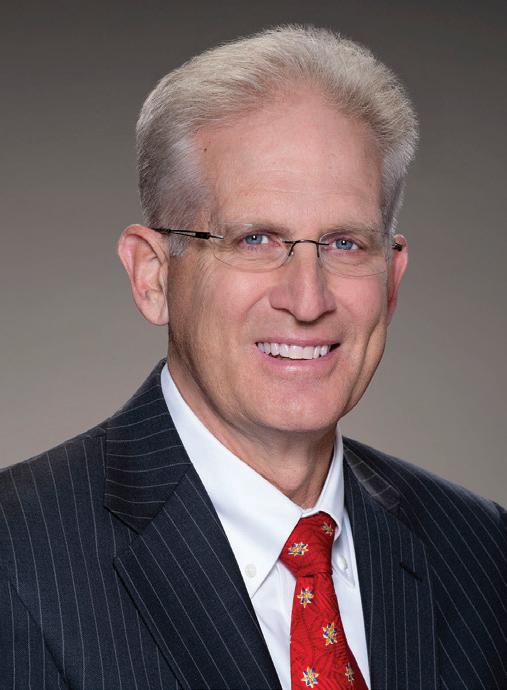
WHAT WOULD YOU DO if someone handed you a bill for $250 million dollars and needed payment in full by July 1? Then later that same year in maybe November or December, you receive word that you need to pay another $250 million dollars on top of what you just paid. Going forward, it becomes clear that you need to find an additional $500 million as taxpayers who had the option to pay you are leaving. A scenario like this is more likely than some would care to admit if we don’t take care of our franchise tax and all the moving parts that make it a substantial revenue stream.
The numbers I quoted are, of course, made up. However, depending upon the circumstances, those figures could be much worse. The State of Delaware is the recipient of about $2.5 billion of revenue from outside of its borders, and that’s just over a third of the entire state budget.
The State of Delaware is the recipient of about $2.5 billion of revenue from outside of its borders, and that’s just over a third of the entire state budget.
Now, come on, Mike, that’s not at risk and we’ve had this stream of income forever; you’re just being alarmist. Really? A little history here is in order. Back in the late 1800s, New Jersey was the place to incorporate. However, with a number of laws and cases that went directly counter to the interests of business (search Woodrow Wilson and Seven Sisters case), New Jersey lost the trust of corporate America, and once that’s gone, it’s never coming back.
It took Delaware decades—starting in the early 1900s—to grow what today is a handsome revenue source. No other state in the union has this deal, and it’s not like other states won’t work hard to undermine us and take it for themselves. So what signal are we sending to businesses around the country? Are we acting unified? We certainly should be.

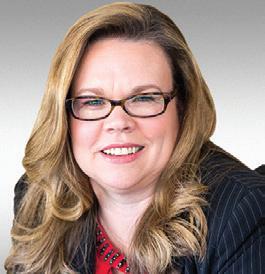


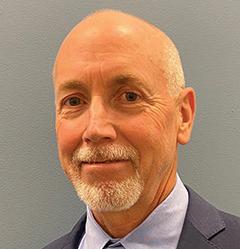

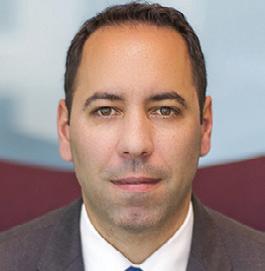




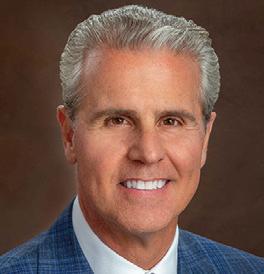



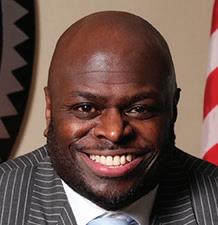





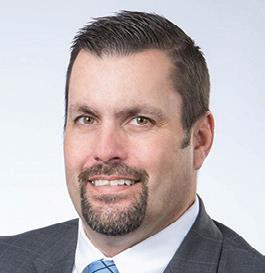



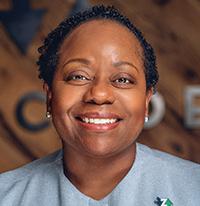
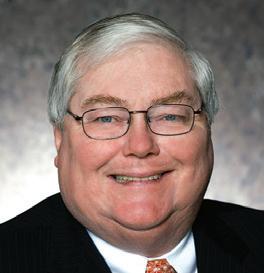

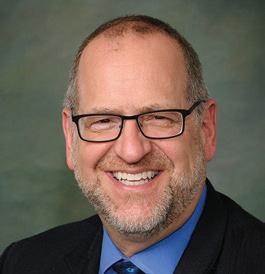
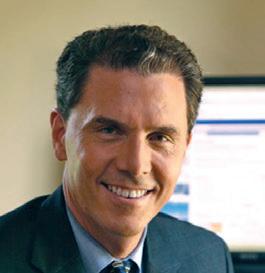
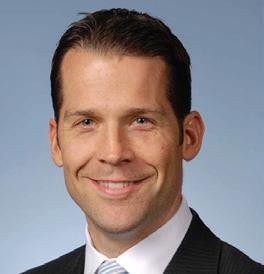




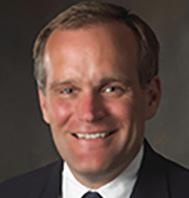
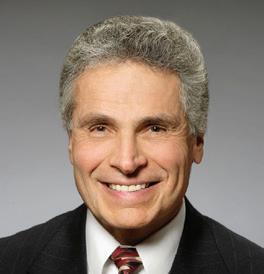


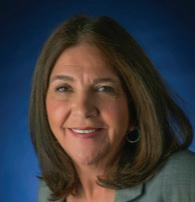

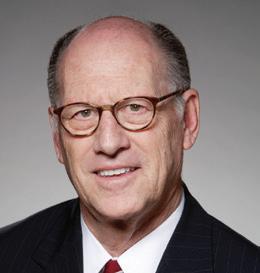
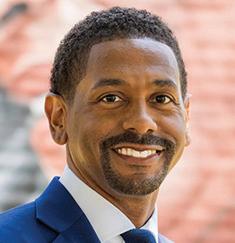

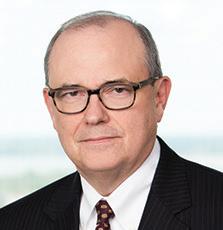
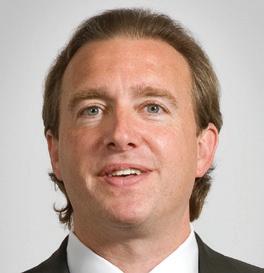



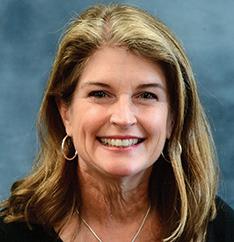



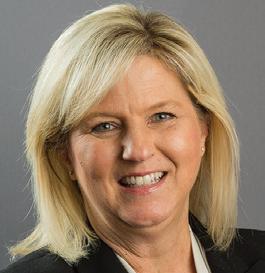

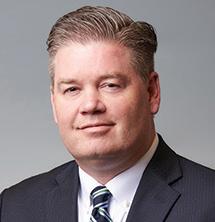
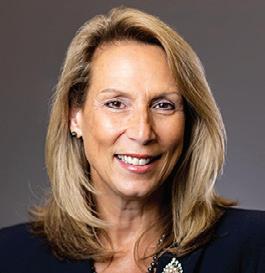
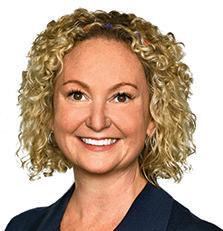





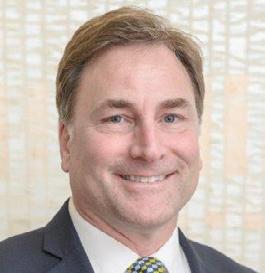
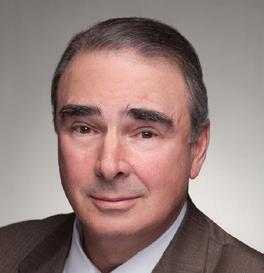
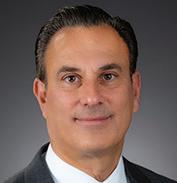

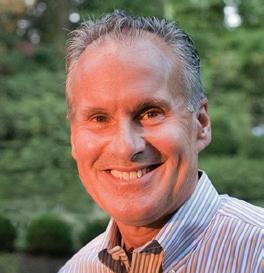
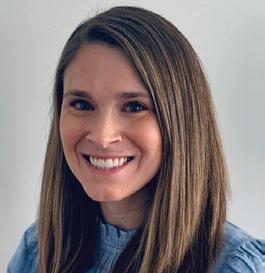
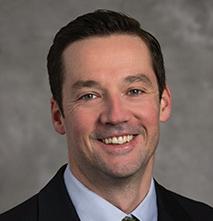
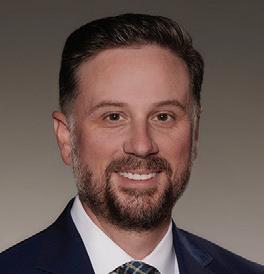
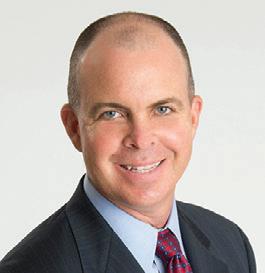
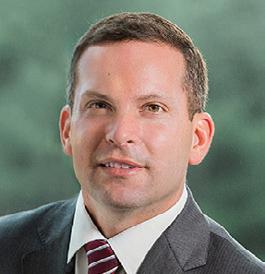


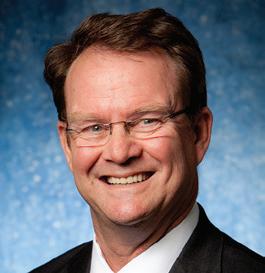
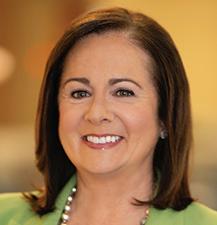
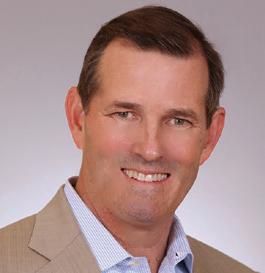


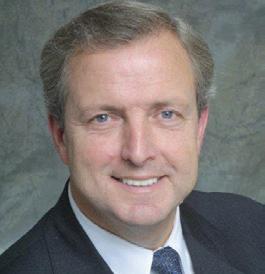
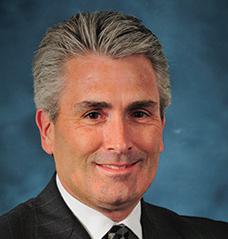


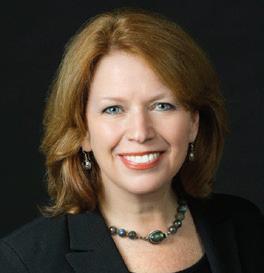
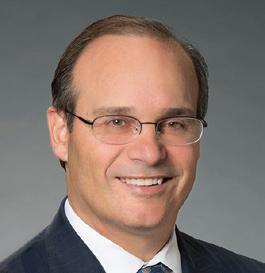
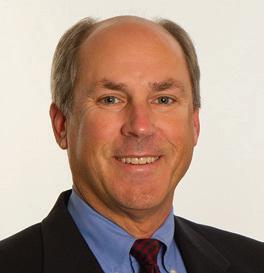


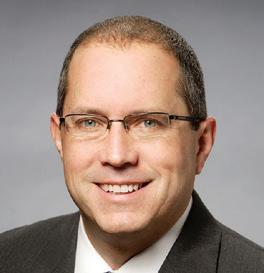

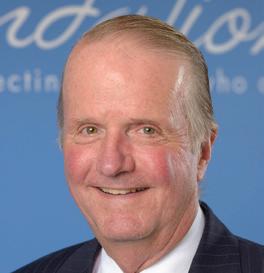
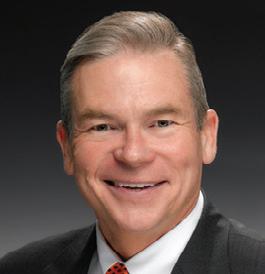


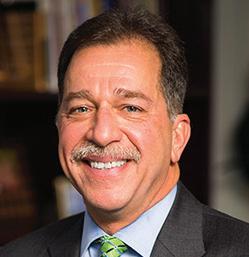
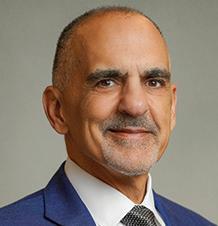

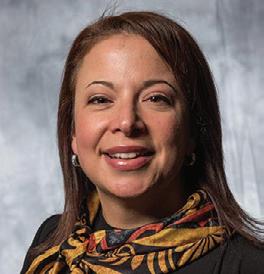

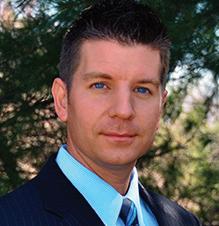

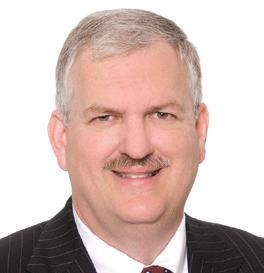

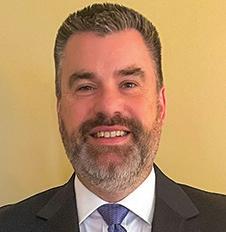
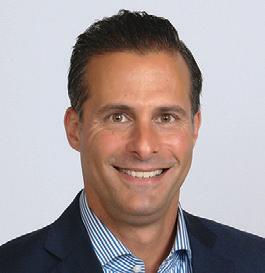
CONNEXMarketplaceisanonlinemanufacturingplatformthatconnectsallU.S. manufacturers&suppliersintoasingle,accurate,searchablesupply-chainsolution!It'snot justanotherbrokerplatformbutarevolutionarynewwayforU.S.manufacturers&suppliers tofind,befound,connectandcontractdirectlywitheachother.
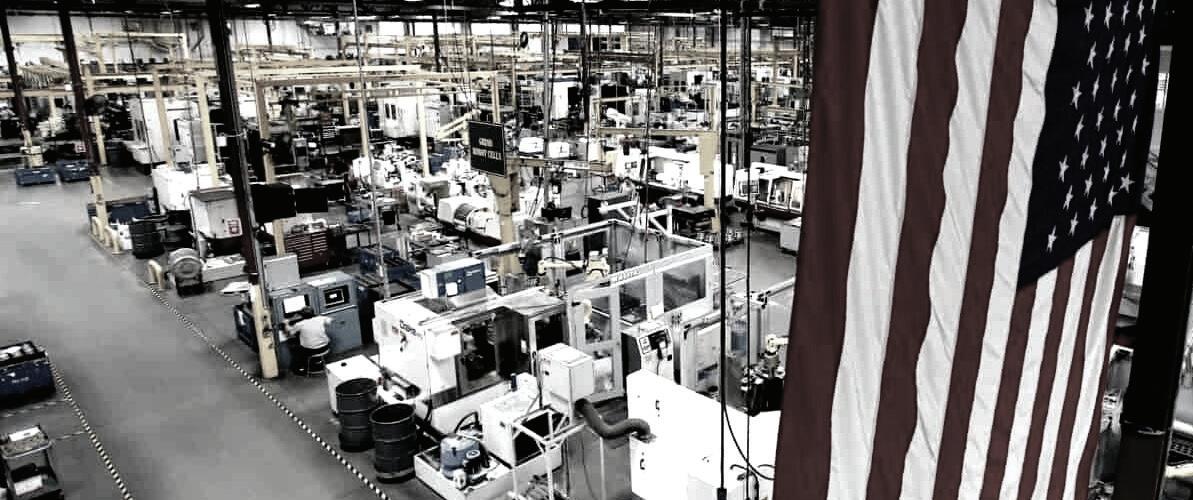
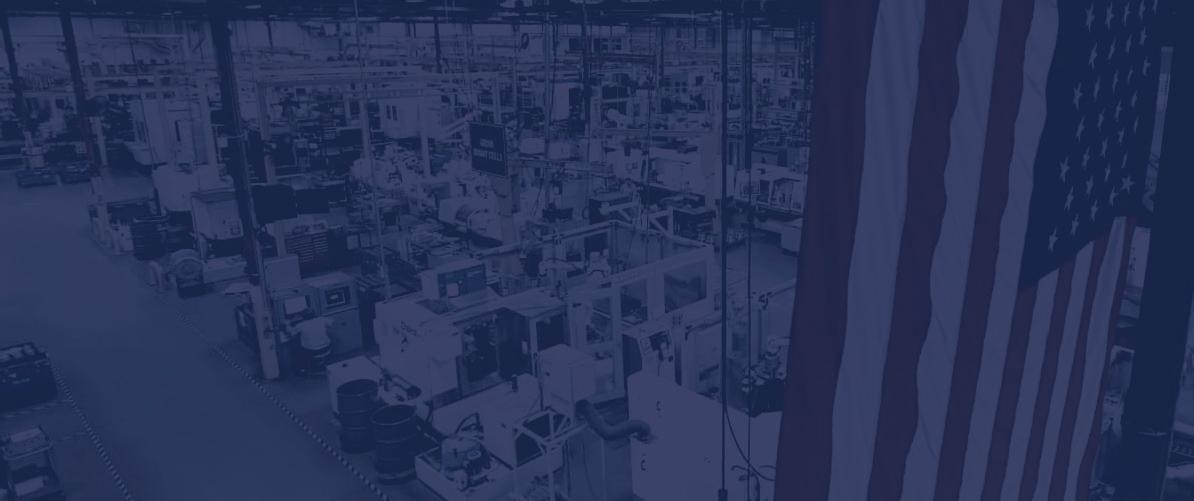

QuicklyfindtheperfectqualifiedU.S.supplier Manufacturing-onlydata(noserviceproviders!)
PostRFPs/RFQs/RFIs&sendtomatching suppliers
ViewallU.S.supplierdatainonelocation
Filtersuppliersby:location,certifications,SBAdesignations,materials,equipment,processes& more
Blacklistedsupplieralerts
Supplychainriskvisualization
Communicatewithpotentialsuppliersdirectlyin platform

Findidealcontractswithlesseffort!
ReceiveRFPs/RFQs/RFIsdirectlyfrombuyers(no brokerlistings!)
Findalternatesourcingforparts&materials Discovernewcontractopportunitieswithinnew industries
Showcaseallofyourcapabilities,certifications, SBA-designations,equipmentandmoreinone locationforbuyerstosee
ConnectandresponddirectlywithOEM/Prime buyerswithinplatform
Yourdataisneversoldorshared!
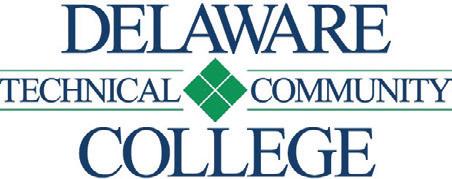



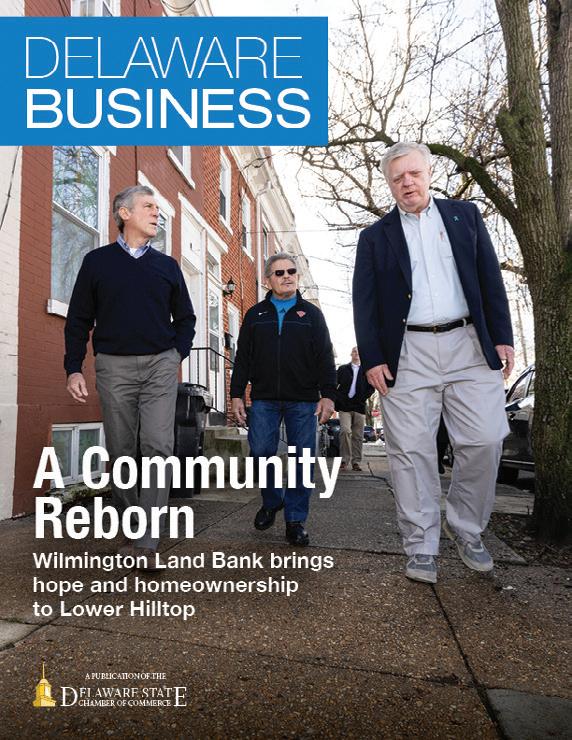
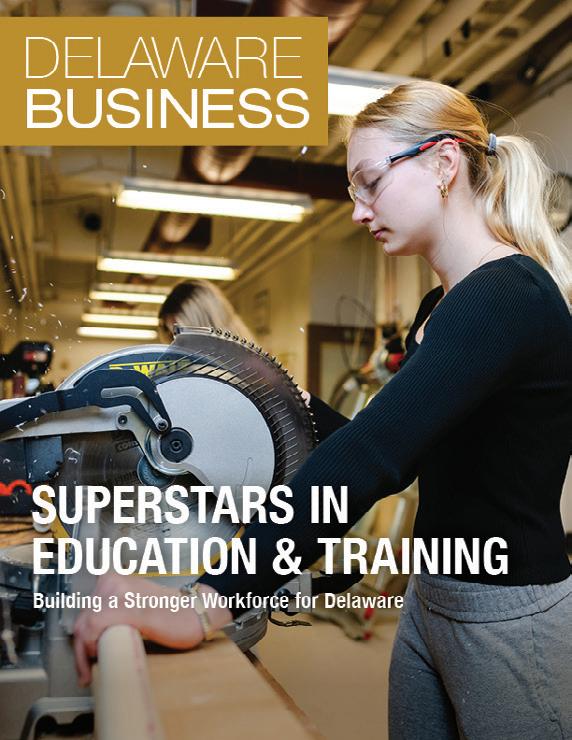
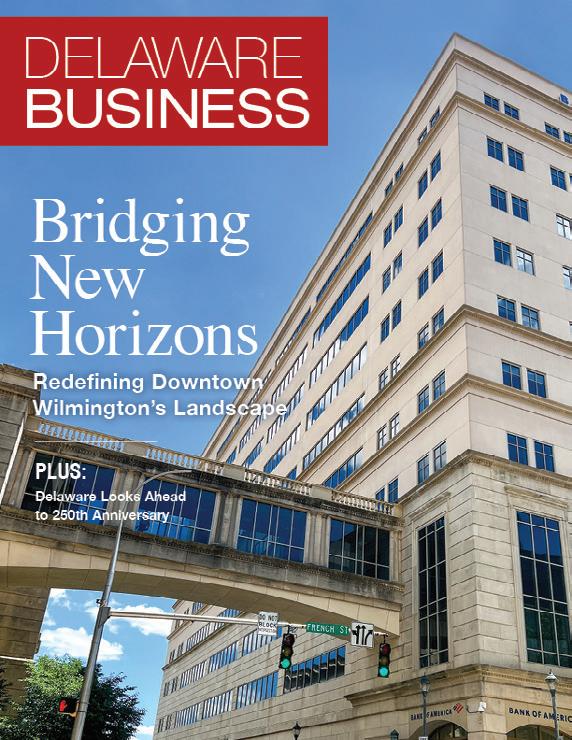
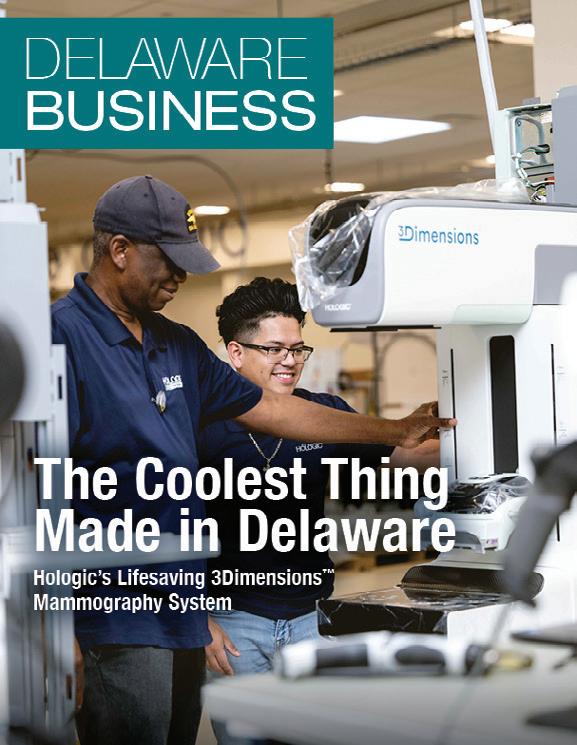
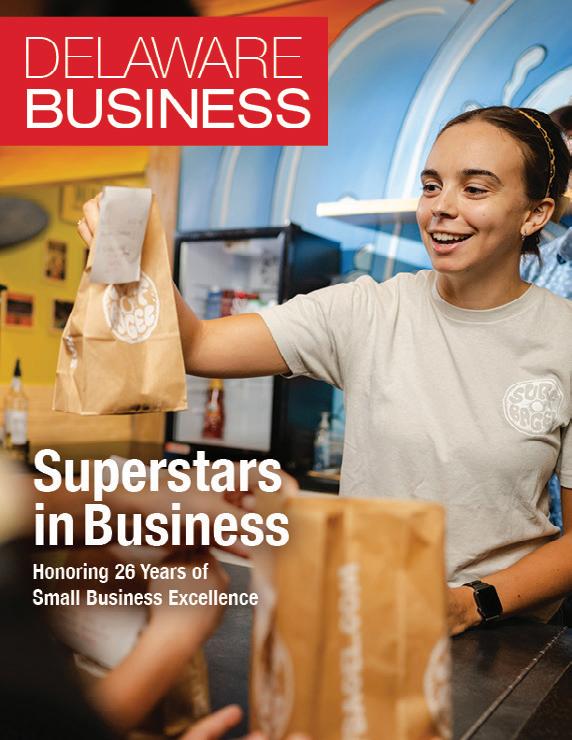
The Delaware State Chamber of Commerce’s Delaware Business is published six times a year, featuring a wide range of editorial content of interest to the business community. Below is the editorial calendar, including special advertising sections and advertising space reservation deadlines:
March/April
Real Estate and Construction
Health Care and Insurance
Taxes
Workforce Development
Space reservation: January 17, 2025
May/June
Superstars in Education & Training
Internships & Apprenticeships
Legal, Government Affairs & Incorporating Services
Wellness & Health
Space reservation: March 7, 2025
July/August
Tourism
Agriculture
Higher Learning
Hospitality
Insurance and Financial Services
Space reservation: May 9, 2025
September/October
Health & Wellness
Education & Upskilling
Manufacturing
Space reservation: July 18, 2025
November/December
Superstars in Business
Construction and Real Estate
Technology and Innovation
Banking
Space reservation: September 19, 2025
January/February 2026
State Chamber Annual Report
The State Chamber’s Year in Review
A Look at Statewide Economic Development and Advocacy
Space reservation: November 15, 2025
* This calendar lists cover story topics and special advertising segments. Editorial topics are subject to change. Advertisers will be notified of any significant changes to content. All ads are due one week after space reservation deadline. To reserve space, contact Damon Howard at (302) 576-6579 or DHoward@dscc.com.
BY MARIE HOLLIDAY
STRATEGIC PLANNING is a crucial process for any organization aiming to maintain relevance, drive growth, and achieve its long-term objectives. For a state chamber of commerce, this process is particularly vital as the organization represents a diverse range of businesses—from small startups to large corporations—and serves as a key advocate for economic development.
This past summer, the Delaware State Chamber began the strategic planning process for the 2025-2027 fiscal years. The board and staff believed it was time for a “refresh” in our approach since there has been a significant (or should I say seismic) shift in the economic environment for businesses over the last few years.
The State Chamber engaged a facilitator who has more than 30 years of experience with state chambers across the country to guide the process with our team. We surveyed our members to understand why they joined the State Chamber and what they expect from its role. We compared ourselves to other states, particularly the surrounding states, as well as the most effective state chambers in the country. This data was analyzed in depth by the team to accomplish the following:


• Ensure that the State Chamber’s activities, resources, and programs meet the needs of its members
• Proactively advocate for policies that benefit state businesses
• Address emerging trends such as workforce development or technological innovation
• Anticipate challenges and opportunities within the economy and respond proactively
• Adapt to new industries, addressing infrastructure needs or capitalizing on new business models
• Prioritize initiatives that will have the greatest impact for members
• Effective use of time, ensuring that both the staff and board are focused on the highest-priority goals
• Collaborate with government officials, educational institutions, and other business organizations to create programs that benefit the business community
• Identify key partners and develop mutually beneficial relationships that strengthen the state’s economy
• Establish metrics and KPIs to track progress toward goals, measure success, and allow for necessary adjustments along the way
• Become data driven to enable more informed, objective decisions that will increase overall impact for the business community
• Remain responsive to the needs of members through member engagement to ensure that the organization’s direction continually aligns with the needs of the business community
In conclusion, strategic planning is not just a valuable exercise for a state chamber of commerce—it is an essential one that will help recommit our efforts to best serve our members. By establishing clear goals, optimizing resources, fostering partnerships, and ensuring accountability, a chamber can effectively support its members, drive economic growth, and remain a central figure in the state’s business landscape. Our vision for the Delaware State Chamber is to be the preeminent statewide business organization that advocates for and supports a strong business climate essential to improving the quality of life for all Delawareans.
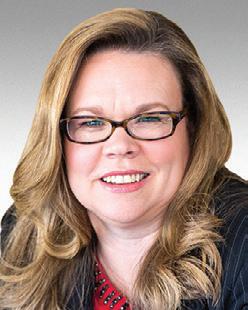

Put Chase to work for you.
With over 10,000 local employees and eight branches, Chase is committed to helping small and mid-sized businesses across Delaware achieve their goals.
For insights that will help take your business to the next level, visit chase.com/business and jpmorgan.com/commercial-banking.
Mark Brindle Vice President
Commercial Banking (302) 282-1209
mark.j.brindle@chase.com
Tim Boyle Vice President
Commercial Banking (215) 640-3562
timothy.w.boyle@chase.com
Alasdair Clynes Officer
Business Banking (302) 752-5445
alasdair.m.clynes@chase.com


HS 2 for HB 168: Short-Term Rental Tax - ENACTED
Requires short-term rental agencies to pay the same short-term rental tax paid by all hotels, motels, and tourist homes.
HB 317: Notice Involving Gift Cards - ENACTED
Requires all sellers of third-party gift cards to display a notice of potential scams involving gift cards at the point of sale or display.
HB 433: Unemployment Insurance - ENACTED
Revises the experience rating methodology for assigning unemployment assessment rates to employers under the Unemployment Insurance Code in Delaware.
SB 58: Removal of Copay Requirements for Delaware Families in Need
Provides financial support to Delaware families seeking childcare by removing copays for those earning up to 200% of the federal poverty level and reimburses Purchase of Care providers for 15 absent days per child per month.
HB 333: Artificial Intelligence Commission - ENACTED
Creates the Delaware Artificial Intelligence Commission which will be tasked with making recommendations on AI utilization and safety within the state.
HS 1 for HB 383: 340B Program - ENACTED
Prohibits discrimination against 340B drug distribution by manufacturers, third-party logistics providers, and wholesale distributors.
SS 1 for SB 22: Delaware Workforce Housing Program - ENACTED
Creates the “Delaware Workforce Housing Program,” which allows workforce housing investors to be reimbursed up to 20 percent of the costs associated with workforce housing units they create.
SS 1 for SB 245: Foreclosure Prevention Programs - ENACTED
Removes sunsets for the Office of Foreclosure Prevention and Financial Education and the Residential Mortgage Foreclosure Mediation Program.
HB 103: Traffic Impacts
Creates a transportation impact fee for areas that are not currently within an approved Transportation Improvement District to help fund off-site improvements.
HB 36: Realty Transfer Tax
Decreases by 1% the rate of the realty transfer tax to be received by the State, thereby returning it to the rate that was applicable prior to August 1, 2017.
SB 59: Statewide Rate of Purchase of Care for Child Care Providers
Directs the Department of Health and Social Services to pay a statewide rate to all childcare providers that is aligned with the New Castle County rate through existing program funds.
HB 89: Standard Deduction for PIT
Increases the standard deduction for personal income tax purposes of resident individuals and spouses of Delaware for tax years beginning after December 31, 2023.
SB 246: Housing Repair and Modification Fund - ENACTED
Codifies the Delaware State Housing Authority’s Housing Repair and Modification Fund serving low-income homeowners.
SB 25: Realty Transfer Tax Exemption - ENACTED
Exempts contracts for the construction of affordable housing units from the 2% realty transfer tax imposed under 30 Del. C. § 5402(f).
SB 237: County Comprehensive Plan - ENACTED
Requires all counties and municipalities with populations over 2,000 to increase community resiliency and address the impacts of climate change in their comprehensive plans.
SB 244: County Taxes - ENACTED
Allows a county that imposes a lodging tax to spend that tax money on workforce and affordable housing programs.
SB 313: General Corporation Law - ENACTED
Creates a new subsection of the Delaware General Corporation Law that allows corporations to enter stockholder agreements without the full approval of the board of directors.
The Delaware State Chamber of Commerce is uniquely positioned to bring parties together to solve problems, create jobs, promote business, and improve the quality of life for all Delawareans.
SB 222: Electrician Apprenticeship Ratios
Changes current law which allows all the work being completed on a jobsite to be done by workers with an apprentice license.

HS 2 for HB 350: Hospital Cost Review Board - ENACTED
Establishes the Diamond State Hospital Cost Review Board that will review every Delaware hospital’s budget annually and could either approve or reject their budget after several steps have been exhausted.
HB 440: Housing Status Discrimination - ENACTED
Adds “housing status” as a protected characteristic in employment and professional activities.
SB 233: Service Worker Protection Act - ENACTED
Establishes employment protections for service employees during changes of ownership.
HS 1 for HB 17: Paid Sick and Safety Leave
Requires all employers to provide 1 hour of sick and safety leave for every 30 hours worked. Employers with fewer than 25 employees may offer this as unpaid, job-protected time.
HB 128: Change in PIT Brackets
Adds a new top-tier tax bracket at $100,000 or more, at a rate of 6.9% versus the current rate of 6.6% and amends current tax brackets.
HB 220: Green Amendment
Creates an inherent and inalienable right for all Delawareans to a clean and healthy environment.
HS 1 for HB 248: Pre-Permit Outreach in Underserved Communities
Establishes a pre-permit community outreach process for any qualified project, as defined in DNREC Regulations, that wishes to apply for a permit within 3 months, in an underserved community.
HB 249: Permitting Fees
Updates certain statutory fees in Title 7 and establishes or updates certain permit and licensing fees.

HB 41: Digital Right to Repair
Requires the manufacturer of electronic products to make parts, documentation, tools, and updates available on fair and reasonable terms.
HB 415: Act Relating to Individuals Experiencing Homelessness
Establishes rights for individuals experiencing homelessness and outlines a process to address complaints of discrimination, including conciliation and law enforcement referrals if needed.
HB 422: Environmental Permits in Overburdened Communities
Requires any businesses seeking permits in an overburdened community to provide an environmental justice impact report, reviewed by a new “Environmental Justice Board” that advises and makes recommendations to DNREC.
HB 455: Rent Increases in Residential Rental Agreements and Rental Unit Data Collection
Creates a 10-year program to address the lack of affordable housing in Delaware by establishing statewide limitations on the amount that rent can be increased.
SB 255: Wage Payment and Collection Act
Makes a prime general contractor jointly and severally liable for a violation of the Wage Payment and Collection Act that is committed by a subcontractor, regardless of whether the subcontractor is in a direct contractual relationship with the prime general contractor.
SS1 for SB 258: Autonomous Vehicles
Prohibits any autonomous vehicle with a gross weight of 10,001+ pounds from being operated on a Delaware highway for certain purposes without a human safety operator being physically present.
SB 263: Plastic Beverage Container Rings & Shrink Wrap
Prohibits the sale of beverages in containers connected by plastic rings, shrink wraps, or plastic tops.
SB 290: Protection of Wetlands
Institutes a State nontidal wetlands program and leaves intact the current State tidal wetlands program under Chapter 66 of Title 7.


The Delaware State Chamber of Commerce is uniquely positioned to bring people together to solve problems, create jobs, promote business, and improve the quality of life for all Delawareans. This list of priorities impacts businesses, both large and small, in every industry across the state of Delaware.
• Protect and strengthen business owners’ decision-making ability
• Promote innovative policies and training programs that help Delawareans find jobs in high growth, high demand, and emerging industries
• Support changes to the state workforce development system to reduce redundancy, enhance funding, and improve alignment with the business community’s needs

• Promote science-based environmental policies that reflect collaboration between all stakeholders to create practical policies and solutions that improve the environment while growing Delaware’s economy
• Encourage public and private sector investments that improve Delaware’s environment and create jobs
• Support the cleanup and redevelopment of brownfield sites
• Invest in infrastructure that improves resiliency from natural disasters

• Support efforts to strengthen the health care workforce to meet the needs of Delaware’s growing and aging population
• Promote workplace wellness programs and policies that improve the physical and mental health of Delawareans
• Collaborate with health care industries on efforts to reduce health care costs while maintaining health care quality and access

• Improve Delaware’s national and regional competitiveness rankings for business
• Identify policies and strategies that lower Delaware’s cost of doing business
• Continue supporting initiatives to streamline Delaware’s permitting process
• Advocate for laws and law-making processes that provide certainty and predictability to stakeholders around timelines for development projects
• Invest in site and transportation infrastructure readiness so there are “options on the shelf” for future development
• Push forward policies that address affordability and the diversification of Delaware’s housing inventory

• Further tax policies that incentivize workforce training and development
• Protect Delaware’s banking and corporate franchises and inform policymakers about the impact that related jobs and revenue have on the State’s budget and economy
• Encourage pro-growth tax and spending policies that reduce revenue and budget volatility and preserve Delaware’s competitiveness and increase business’ ability to expand and create jobs
39 career areas
Industry-recognized credentials
Credits toward apprenticeships and/or college
Cooperative employment opportunities during senior year
Robust offerings for adult learners
Partnerships with more than 400 local businesses

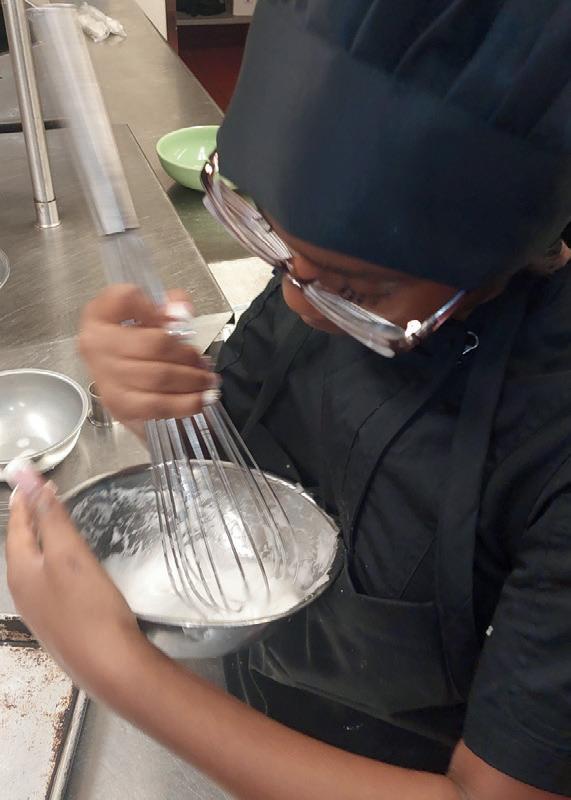
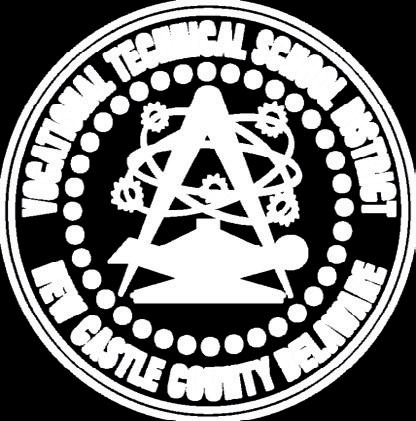




BY TYLER MICIK
WELCOME MEMBERS of the 153rd General Assembly and congratulations to everyone who won the election this past November. Your policy choices will have profound impacts on the future of our state and affect the thousands of licensed businesses, half-million Delaware employees, and one million residents in Delaware.
Due to a prolonged inflammatory period following a worldwide pandemic and supply chain challenges that severely reduced bottom lines, many businesses are on a daily mission to increase their company’s value and return to profit before going under. They need Delaware to win every competitive battle and possess a strong business-friendly environment.
To that end, the Delaware State Chamber looks forward to working with policymakers to achieve our 2025 Delaware Competitiveness Agenda. Our agenda reflects feedback from our members and issues which we believe are critical to our state’s success.

Delaware ranked 34th last year in CNBC’s America’s Top States for Business. The categories Delaware scored the highest in with a “B” grade were infrastructure and cost of living. Technology and innovation, business friendliness, and cost of doing business were at the bottom with a “D” grade. The top five states for business in order were Virgina, North Carolina, Texas, Georgia, and Florida. It’s our hope that by working with policymakers to achieve our Competitiveness Agenda, we’ll improve these rankings and climb our way towards being a top state to live, work, and play. To support this goal, we’ll be introducing new tools and resources to help inform and hold us all accountable.
First, we published a data book that provides a sourced, in-depth analysis of the state’s economic position on key metrics like the ones mentioned above. This data is key to understanding how we compare regionally and nationally. It will help identify our greatest areas of need, so that we can roll up our sleeves and work toward prosperity together.
Additionally, my weekly blog posts and our website will include new features and information. We will further break down what happens in Dover during session, so that Delaware employers and employees truly understand the implications of the regulations and policies being considered. What is the problem being addressed? Who is championing the effort? Will a regulation create or kill jobs? Will a bill save taxpayers money or cost them more? These are the questions that will be clearly answered moving forward. I can’t highlight everything in our Competitiveness Agenda, but I’d like to take this opportunity to touch on two areas of importance. First, is Delaware’s banking and corporate franchises. The revenue and related jobs that come from these sources make up one-third of Delaware’s net general fund revenues. We urge policymakers to strengthen these laws and fight against unprecedented attempts to modify them—which erodes the predictability, efficiency, and fairness businesses have known for years, jeopardizing their favorable view of Delaware. Second is economic development. As American manufacturing leaves places like China and more companies begin to reshore, Delaware is uniquely positioned to attract high-quality, wellpaying jobs. But we need a low cost of doing business, high competitiveness rankings, a safe yet quick and reliable permitting process, and “options on the self” for development. These things in unison with our other policy priorities are a blueprint for success that will improve our business environment and uplift the lives of Delawareans.
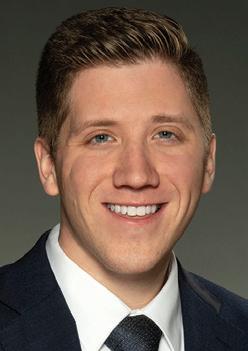
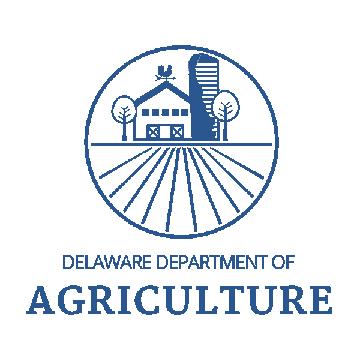




Transporting spotted lanternfly can lead to new infestations wherever your business travels.
To learn more about business permitting requirements, visit de.gov/hitchhikerbug


BY REGINA DONATO
››There has never been a more important time to be your best self—whether in a professional or personal environment. Fit N Play Mama, led by CEO and founder Danielle Medina, is on a mission to make wellness accessible to all through a unique blend of fitness, plant-based nutrition, and mental well-being. With over 20 years of experience, Medina combines playful movement and culinary education to inspire healthier lifestyles and build connections within communities.
Facing health issues from her teens into adulthood, Medina came to realize the impact of a healthy diet on overall well-being. “I began healing my body through nutrition, which sparked my passion for holistic health and made me want to share this knowledge with others,” Medina shares. Now, through personalized coaching and workshops, Medina guides others through transformations of their own.
Medina’s corporate programs are tailored to improve employee well-being and productivity, incorporating everything from fitness classes and stress management techniques to healthy eating workshops. “These programs are co-created with the organization,” says Medina. “We sit down together, talk about the company’s specific wellness goals, and build a plan that fits the needs of their team.”
One of Fit N Play Mama’s more unique offerings is the “Cook and Play” summer camp. Designed for children aged 6–12, this immersive program combines outdoor activities, culinary lessons, and mindfulness practices to teach kids life skills in a fun and engaging way. “We’re not just teaching kids how to cook; we’re nurturing their curiosity, creativity, and connection to nature,” Medina explains.

Fit N Play Mama is more than a coaching service; it’s an allencompassing wellness hub. The company offers an array of programs, including one-on-one lifestyle coaching, group fitness and mindfulness classes, educational wellness videos, plant-based cooking workshops and catering, business-to-business wellness programs, and community outreach.
Medina also extends these services to community groups, including schools, health care providers, and nonprofits. “For community organizations, it’s all about understanding the population they serve,” reflects Medina. “Many times, we’re working with underserved communities that face higher rates of chronic illness and have limited access to healthy food and safe spaces to exercise.” Through her work with these organizations, Medina looks to create plans to not only uplift the community, but its overall health.
As Fit N Play Mama begins expanding from New York City into Delaware, Medina is eager to bring her joyful approach to wellness to new communities. “Delaware’s commitment to innovation and community wellness aligns perfectly with our approach,” says Medina. She plans to roll out a full range of services, including the popular “Cook and Play” camp, corporate wellness programs, and personalized coaching tailored specifically to Delaware’s communities.
Through Fit N Play Mama, Medina envisions a world where wellness is accessible and enjoyable for all— whether in the office, the classroom, or the community at large. “It’s my goal to be a guiding light for those who are searching for resources but unsure where to turn,” Medina finishes. “I’m thrilled to have the chance to help uplift the Delaware communities that need it most.”
BY AMANDA SCHIMMEL
››The Salvation Army meets human needs wherever, whenever, and however they can. Operating for over a century in Delaware, this faith-driven nonprofit embodies its mission to help neighbors in need, regardless of background or circumstance. With branches in Wilmington, Dover, and Seaford, each location is led by ordained officers who oversee both church services and a range of impactful programs, from youth activities to adult rehabilitation and Bible study.
The Salvation Army offers a variety of programs, all with the common goal of addressing human suffering with dedication and care. Their Family Services program is one crucial example that supports individuals and families during times of crisis. Depending on available funding, The Salvation Army offers assistance with rent, utilities, mortgage payments, and other essential needs. Additionally, an emergency shelter operates 24/7 for women and children, providing safe housing and support for those facing homelessness. Beyond shelter, this program also offers daily emergency food baskets and thrift store vouchers, helping families access necessary resources to regain stability.
role in helping families regain stability and self-sufficiency,” adds Major Jim Cocker, state coordinator for Delaware.
Moreover, The Salvation Army’s Adult Rehabilitation Centers provide a safe haven for men and women who have been left unable to cope with daily life. “Some residents suffer from PTSD, substance abuse, or homelessness,” reflects Major
90 children. Each child participates in interactive activities, such as outdoor and greenhouse projects, all focused at preparing them for school.

Cocker. “Through this residential work therapy program, they are provided a safe shelter, nutritious meals, group and individual therapy, job training, and emotional and spiritual support.” These centers are completely self-sustaining— with funding coming from The Salvation Army Family Thrift Stores—and are provided at no cost to the residents.
Another program aimed at nurturing the younger population, Camp Ladore provides a life-changing experience for dozens of Delaware children. The week-long summer camp located in the Poconos offers a chance for young people from diverse backgrounds to connect, learn about each other, and develop a deeper sense of self and community. “It is especially meaningful for those who have never ventured outside their neighborhoods and into nature,” Major Cocker adds. Perhaps their most wellknown program, the iconic red kettles and bell ringers have become a beloved staple of the holiday season. The Salvation Army’s Christmas assistance program ensures a brighter holiday for those who might otherwise go without. “Through generous community donations, we’re able to offer meals, gifts, and other resources that lift spirits and bring joy during this special time of year,” Major Cocker explains.
“Similarly, our Rapid Housing program helps those at risk of eviction by working with landlords to set up payment plans and offering case management to ensure housing stability. Together, these services play a critical
“Our Children’s Services program is also essential in supporting working parents. Operating Monday through Friday, this program provides parents with dependable care during their workday,” explains Major Cocker.
Designed for children aged six weeks to five years, this program serves up to
Through a diverse range of programs— from emergency shelter and family services to children’s daycare, summer camps, and holiday assistance—this organization tirelessly addresses human suffering with dedication and care. As it continues to adapt and expand its services, The Salvation Army remains devoted to uplifting individuals and families, helping them regain stability.
››In a surprise announcement at the 26th Annual Marvin S. Gilman Superstars in Business awards luncheon, the Delaware State Chamber of Commerce awarded the esteemed Marvin S. Gilman Bowl to Lawrence J. DiSabatino, president of DiSabatino Construction Company.
“Larry certainly reflects my father’s legacy,” said Martha S. Gilman. “His commitment and involvement in our community have been tireless and well-respected. Larry is humble but without a doubt deserves today’s recognition.”
Named in memory of Marvin S. Gilman—who served as an exemplary leader and a paragon of small business in Delaware—the Gilman Bowl was established as a tribute to small business leadership. The identity of the recipient of the Gilman Bowl was kept confidential until its presentation at the awards ceremony.

after three years of advocacy, he helped secure $9 million in relief— officially known as the Delaware State Housing Authority Market Pressure Relief Fund—for small contractors affected by material price escalation during the COVID19 pandemic. This fund was crucial for numerous subcontractors, many of whom were minority-owned businesses working on low-income housing projects.
“We were thrilled to learn that Larry would be honored with the Marvin S. Gilman Bowl this year,” said Brett Gilman Smith, Marvin S. Gilman’s grandson. “Larry’s continued commitment to creating affordable housing in Delaware, as well as his dedication to the community outside of his family business, will make a lasting impact for generations to come.”
Larry DiSabatino, a fourth-generation builder in Delaware, founded DiSabatino Construction Company (DCC) in 1981, recognizing the need for high-quality, merit-shop construction in the state. Over the past 43 years under his leadership, DCC has grown into one of the state’s top
construction management and general contracting firms, known for delivering projects across a wide range of sectors. DiSabatino has personally overseen more than $1.5 billion in construction projects, including complex laboratory facilities, commercial developments, and residential communities.
A major focus of DiSabatino’s career has been on affordable housing. His work has been instrumental in the construction and renovation of over 3,000 lowincome and subsidized housing units. This includes notable projects like the Riverside Redevelopment and the Flats Redevelopment, where DiSabatino’s dedication to creating accessible, quality housing for underserved communities has made a big impact.
One of DiSabatino’s most impactful contributions came in 2023, when,
In addition to his work in the construction industry, DiSabatino has devoted considerable time and energy to local nonprofit organizations. DiSabatino was a long-standing member of the Delaware State Chamber’s Small Business Alliance and Superstars in Business Planning and Selection committees. His other volunteer leadership roles include serving as chairman for the American Cancer Society Talley Relay for Life, the Dickie Golf Outing for the Cancer Support Community, the New Castle County Chamber of Commerce, and the Associated Builders and Contractors of Delaware.
“Through his service on our Small Business Alliance and the Superstars in Business planning and selection committees, Larry played an important role in highlighting the outstanding achievements of Delaware’s small businesses,” said Michael Quaranta, president of the Delaware State Chamber of Commerce. “His dedication to giving back to his community demonstrates the kind of leadership we are proud to honor with the Gilman Bowl.”
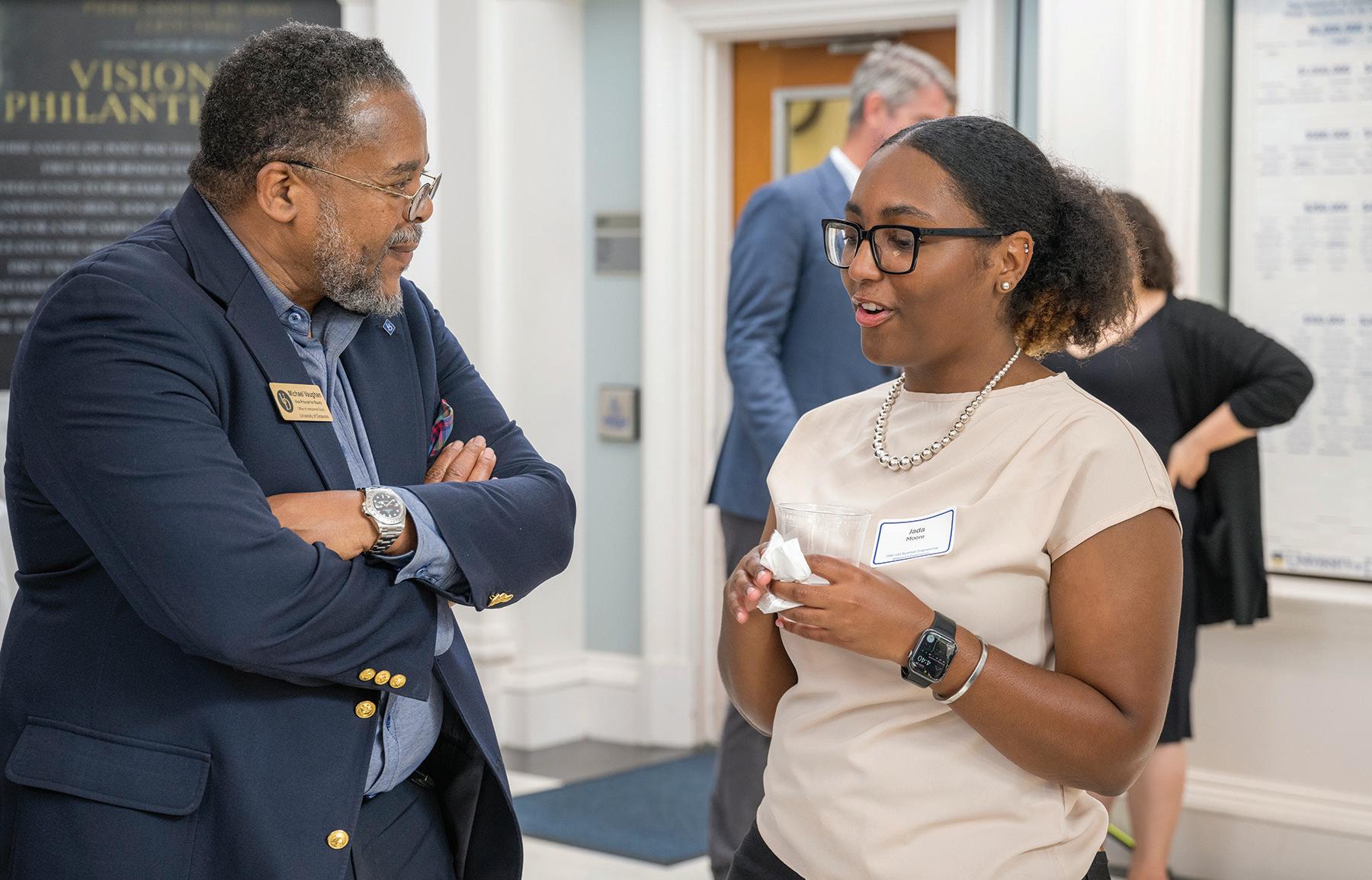
ARTIKA CASINI
››The need has never been greater.
Delaware’s key industries— manufacturing, refinery, chemistry, fintech, biopharma, agriculture, clean energy—all rely on workers with solid technical expertise. Thinkers who can analyze problems from various angles and reconstruct them into fresh solutions. Innovators who can push the boundaries of possibility and improve life for all.
In short: engineers, technicians, and computer scientists—and more of them.
To meet this critical need, Delaware State University (DSU) and the University of Delaware (UD) have launched a dual degree program to bridge the gap between academic training and industry demand. The program’s first students are expected to enroll fall 2025.
Funded with a seed investment from the state, the streamlined educational pathway allows college students to spend their first three years at DSU, earning a bachelor’s degree in scientific
fields like chemistry or engineering physics, before transitioning to UD for a master’s or second bachelor’s in an ABET-accredited engineering program. What would otherwise take six to seven years of schooling can now be completed in five.
“Engineers think about efficiency,” says Levi Thompson, who helped launch the program in 2021 while serving as dean of UD’s College of Engineering. “What’s the most efficient way to build
a talented, diverse, technically excellent workforce? I believe collaboration between organizations with complementary strengths is the best strategy.”
Indeed, the state’s universities have been doing just that.
“We are not strangers to each other,” says Amir Khan, professor and director of DSU’s engineering and physics department, noting several research partnerships between the two institutions. “Much of this dual degree was built organically.”
And strategically, with input from corporate and industry colleagues. Thompson previously launched similar partnerships between the University of Michigan and Historically Black Colleges and Universities (HBCUs) in Atlanta, Georgia, and marveled at Delaware’s industry response.
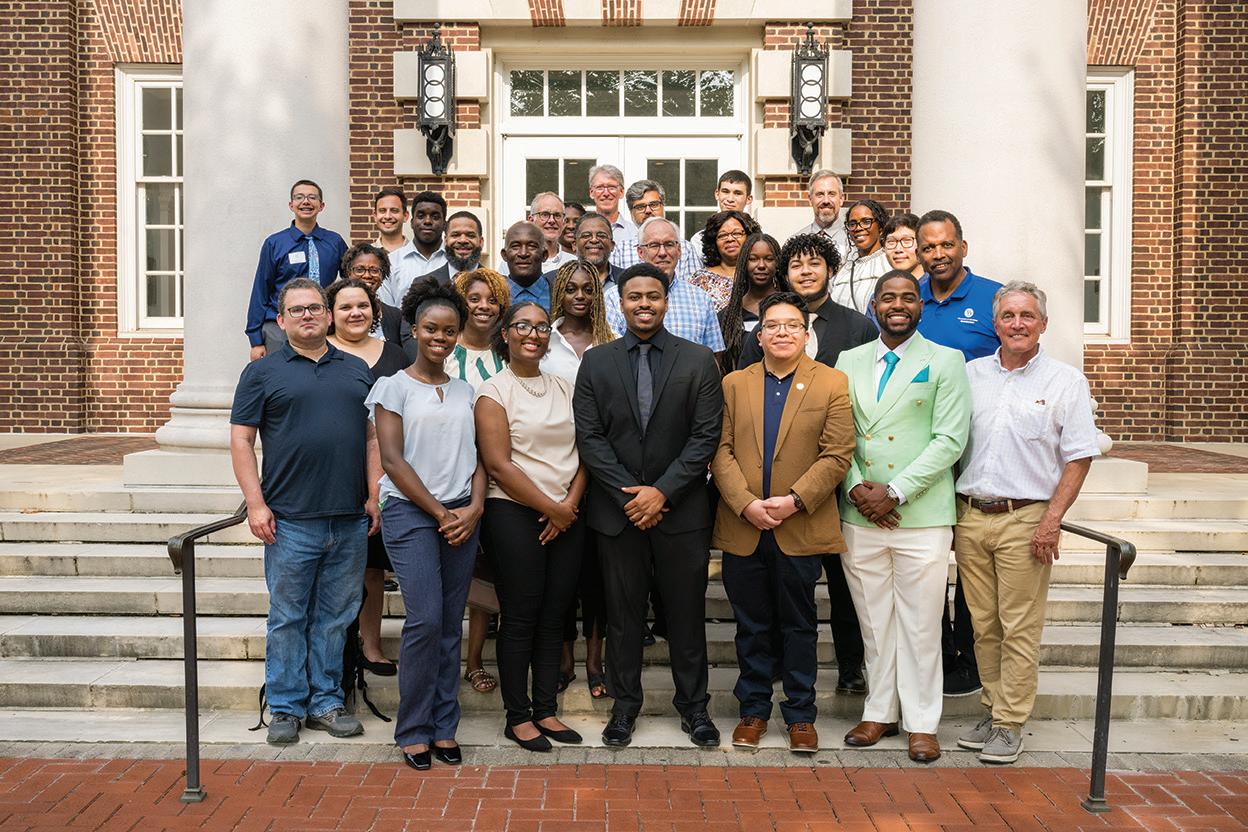
vacancy rate for engineering positions. “Our state is small, and we have an opportunity to solve a real problem while improving diversity.”
“It’s not just words,” he says. “There’s a genuine commitment to support students with scholarships, internships, and meaningful opportunities.”
Among the dual degree’s many advocates is Shanté Hastings. As deputy secretary and chief engineer for the Delaware Department of Transportation (DelDOT), she wants to expose young scientists to wonders in the field, including the Transportation Management Center in Smyrna, otherwise known as the “NASA of Transportation,” where dozens of screens monitor traffic incidents. Or the research lab in Dover, where the department tests material like asphalt and concrete. Or inspections at any of the 1,800 bridges statewide.
“At the end of the day, we need problem solvers,” says Hastings, whose agency has struggled with a 20%
That’s a big goal. Nationally, only 14% of engineers are women and only 13% come from underrepresented racial and ethnic groups.
For DSU students and future Blue Hens like Lorenzo Perales and Jada Moore, the program represents an opportunity to build technical expertise while growing personally and professionally. Both participated in the Summer Engineering Research Experience, a 10-week program designed to connect DSU students with UD faculty and research.
Perales, who typically spends his summers working construction, instead conducted advanced research in machine learning. Moore studied how HIV medications spread in the lymph nodes. “I always felt welcome,” says Moore. “I felt safe to try anything,” adds Perales. Both hope to enroll in the dual
DSU students from the Summer Engineering Research Experience with UD and DSU faculty and staff.
degree option next fall.
While the second degrees are currently limited to materials science engineering and electrical and computer engineering, DSU and UD hope to expand to additional disciplines in the coming years. The program also aims to serve as a model for collaboration with more HBCUs.
As Thompson puts it, “We’ve only scratched the surface.”

Artika Casini is managing editor of the University of Delaware Magazine To learn more about corporate engagement opportunities, contact Heather Barron at hbarron@udel.edu.
BY RYAN HARRINGTON
››Thousands of Delawareans are seeking to grow their careers— looking for ways to enhance their skills or find new opportunities. They want to find careers that give them and their families the ability to thrive. Finding these roles and getting the training that they need to make this possible can be an uphill journey, though. It can be difficult to find the right training. There is no one-stop-shop for Delawareans to connect with the resources that they need to upskill—until now.
In October 2024, Tech Impact launched the Delaware Career Mobility App. This app, which is the result of a partnership between Tech Impact, the Delaware Workforce Development Board, and the Delaware Department of Labor, aims to build a marketplace to connect individuals looking for workforce training with the programs that provide them. It serves as a comprehensive resource for Delawareans looking to grow their skillset and find careers that they can thrive in.
At launch, the application included over 250 workforce programs from across the state—offering workforce training opportunities in industries from health care to tech to logistics—some of the state’s fastest growing sectors. The app is available for iOS, Android, or on the web at decareermobility.org.
Delawareans looking for an opportunity can tell the app what they’re looking for—the industry they’re interested in, the location they’d like to be, and the type of program they
want to pursue— and the app will provide options that fit their criteria. Users are served the information that they need to make decisions about applying for the programs. They are able to filter and save the programs to come back to later. Direct links to apply for the programs can be found directly in the application.
Tech Impact is committed to growing the capabilities of the Career Mobility App over the next several years. The first step is ensuring that every workforce training program in the state is represented. Tools to make it easier for workforce training organizations to include their programs on the app are being built, which will add an additional marketing opportunity for programs that need them. In the future, the application will use the data we are gathering about Delaware’s workforce to streamline how users find programs. We will remove barriers for workforce programs and potential participants, creating a streamlined, efficient workforce marketplace.

Delawareans will have the skills that they need to meet the needs of local employers. In the future, the Career Mobility App will serve as a platform to connect the dots for individuals from training programs to jobs. You can support the Career Mobility App by encouraging local workforce training programs to list their programs and by encouraging community members to use it to identify training programs.
A vibrant workforce development ecosystem only serves to help Delaware employers. Easier access to workforce training programs means that more

Ryan Harrington is the director of the Data Lab at Tech Impact. You can learn more by visiting the Delaware Career Mobility App on the web at decareermobility.org.

ALTRIA CLIENT SERVICES LLC
www.altria.com (518) 894-1910
101 Constitution Ave. NW, Ste. 400-W
Washington, DC 20001
Altria has a leading portfolio of tobacco products for U.S. tobacco consumers 21 and older. Their companies include Philip Morris USA Inc., John Middleton Co., U.S. Smokeless Tobacco Co., Helix Innovations LLC, and NJOY, LLC.
BKD LEADERS, LLC
www.bryandeptula.com (302) 703-0060
BKD Leaders offers strategic leader development programs designed to make executives and managers better leaders.
BALANCE MEDSPA
www.blissfulbalance medspa.com (302) 803-6837
1306 Society Dr., Claymont, DE 19703
Blissful Balance Medspa offers a curated range of cutting-edge treatments designed to enhance your natural beauty.
www.constellationenergy.com (302) 463-0574
200 Energy Way
Kennett Square, PA 19348
Constellation is the nation’s largest producer of carbon-free energy and provides sustainable solutions to homes, businesses, and public-sector customers.
www.empowermaterials.com (302) 225-0100
91 Lukens Dr., Ste. E New Castle, DE 19720
Empower Materials manufactures QPAC Polyalkylene Carbonates, which are used as thermally decomposable binders in many highly technical ceramic, metal, and glass applications.
GFEDALE ROOFING AND SIDING
www.gfedale.com (302) 225-7663
101 S. Mary St., Newport, DE 19804
GFedale Roofing and Siding serves Delaware, Maryland, Pennsylvania, and New Jersey with trusted roofing, siding, windows, gutters, repairs, and solar solutions.
www.herhealthhorizons.com (443) 310-1710
P.O. Box 6744
Columbia, MD 21045
HerHealthHorizons is a community of multicultural women, focused on well-being, empowerment, and positive impact, nurturing growth from within.
HOPES HELPING HANDS, LLC
www.hopeshelpinghandsllc.org (443) 365-5115
1330 Middleford Rd., Ste. 303 Seaford, DE 19973
Hopes Helping Hands, LLC provides quality mental health services dedicated to healing lives.
JIDAN CLEANING
www.jidancleaning.com (609) 500-7196
617 Stokes Rd., Ste. 4-134 Medford, NJ 08055
Jidan Cleaning LLC delivers commercial cleaning services, ensuring healthier workplaces, happier employees, and seamless facility management for businesses.
MEGSAN LOGISTICS
www.megsanlogisticsllc.com (484) 581-9627
810 N. Church St., Wilmington, DE 19802
Megsan Logistics is a leading provider of international freight forwarding and logistics services.
STRATEGIC BEHAVIOR PARTNERS LLC
www.strategicbehavior partners.com (610) 457-5568
Strategic Behavior Partners empowers businesses to unlock the full potential of their teams by harnessing the power of the whole brain.
THE MARY CAMBELL CENTER
www.marycampbellcenter.org (302) 762-6025
4641 Weldin Rd., Wilmington, DE 19803
The Mary Campbell Center serves individuals who have physical, intellectual, and/or developmental disabilities with immediate and long-term care, respite services, and youth programs.
tcop.wildapricot.org (215) 872-8071
130 N. Stone Ridge Dr., Landsdale, PA 19946
Traffic Club of Philadelphia is a professional association which promotes transportation and logistics in the PhiladelphiaCamden-Wilmington region.
TRELLIST, INC.
www.trellist.com (302) 778-1300
44 West Gay St., Ste. 202 West Chester, PA 19380
Trellist delivers performancedriven business solutions that are innovative and maximize efficiency and return.
SOLUTIONS INC.
www.varietyinfo.com
254 Chapman Rd., Ste. 208 Newark, DE 19702
Variety Info Solutions is dedicated to empowering businesses through innovative IT solutions that drive growth, efficiency, and transformation.
www.VisitRehoboth.com (302) 864-7778
57 Baltimore Ave., Rehoboth Beach, DE 19971
Visit Rehoboth is a marketing powerhouse that creates captivating advertisements that leave a lasting impact on your business.
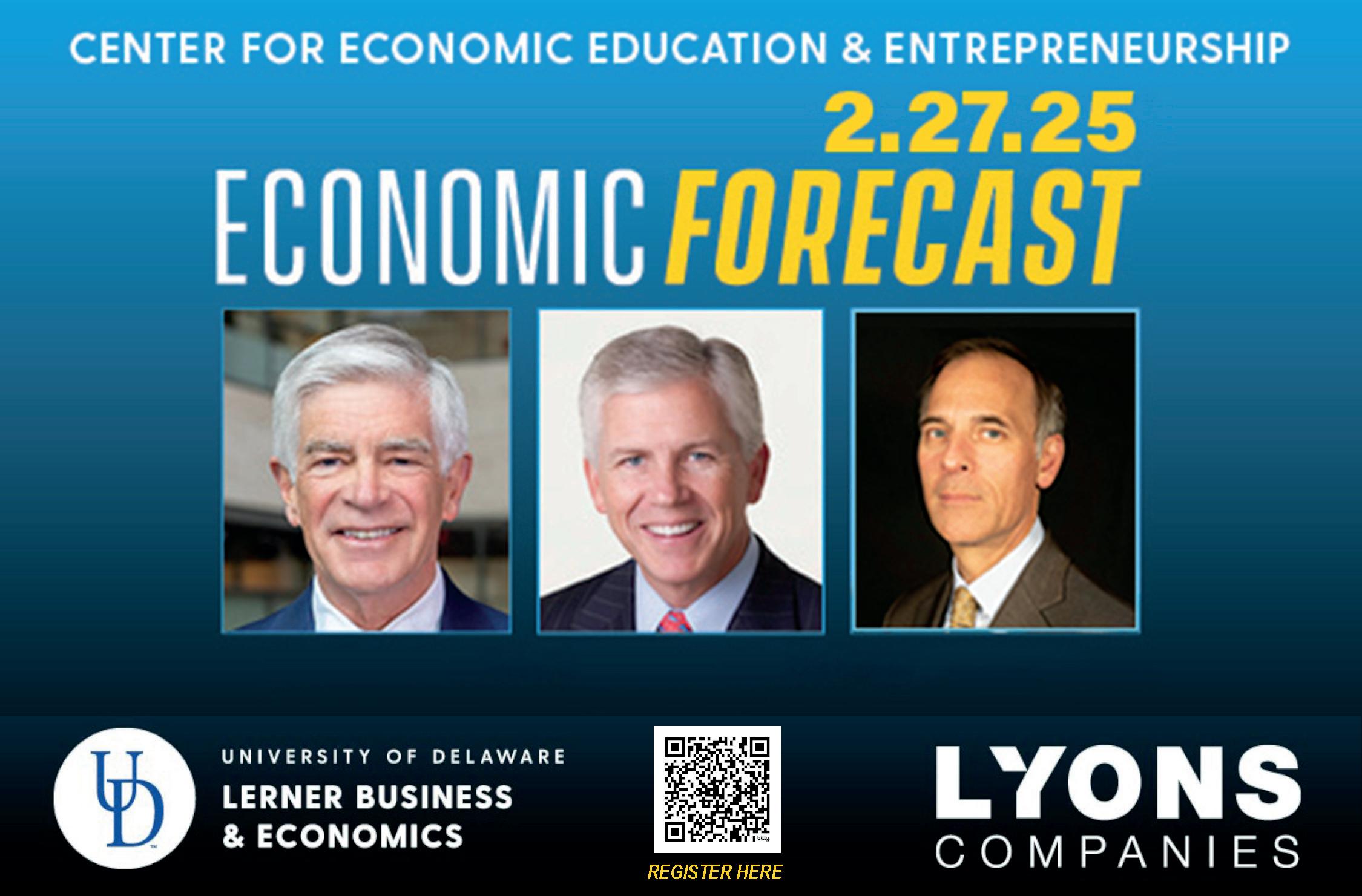






1. Hervé Hoppenot, chairman and CEO of Incyte, was the keynote speaker at the 187th Annual Dinner.*
2. Gary R. Stockbridge was honored with the prestigious Josiah Marvel Cup. His children accepted the award on his behalf.*
3. Robert L. Byrd was awarded the Dick DiSabatino Award at the Annual Dinner for his contributions in public policy.*
4. Courageous Hearts (left) and CSC (right) were honored with the Warrior Friendly Business Award at The State of the Guard.
5. The inaugural Coolest Thing Made in Delaware award was given to Hologic’s 3DimensionsTM Mammography System.
6. The Spring Manufacturing & Policy Conference featured remarks from Ryo Tashiro, outreach economist and advisor at the Federal Reserve Bank of Philadelphia.
7. The Delaware Young Professionals Network (DYPN) hosted a panel discussion on involvement with nonprofit boards and community outreach.
8. Skip Schoenhals, former chairman and CEO of WSFS Bank, was the first Chamber Leadership speaker of the year.
9. DSCC hosted a candidate forum with the candidates for Delaware’s sole U.S. Congress seat in March, which aired live on DETV.

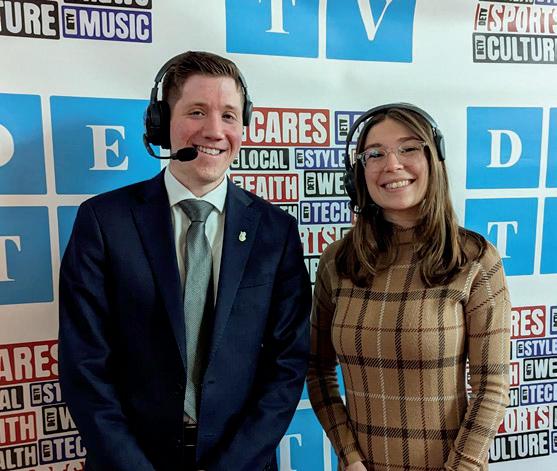


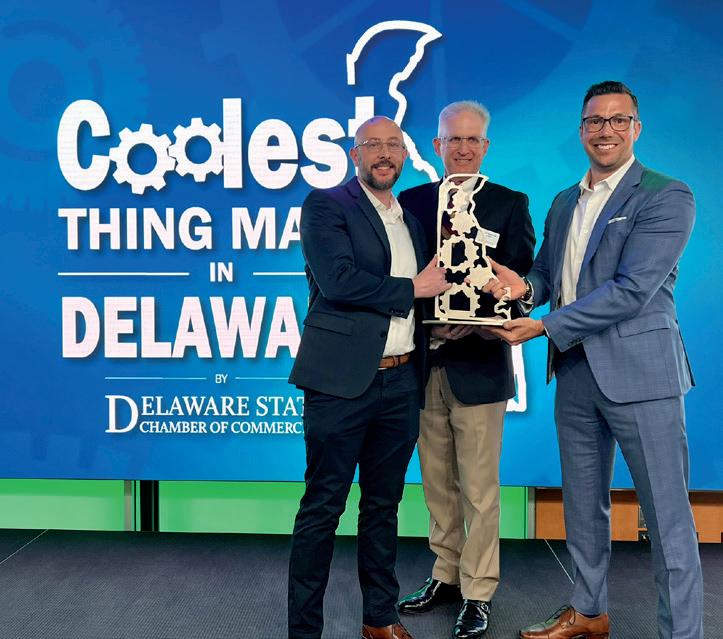

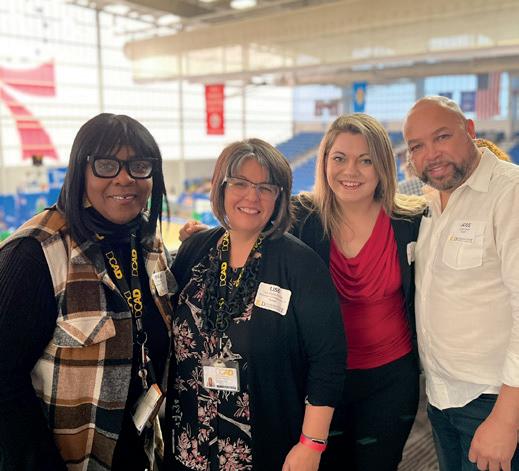

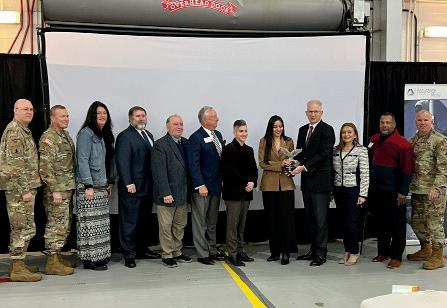



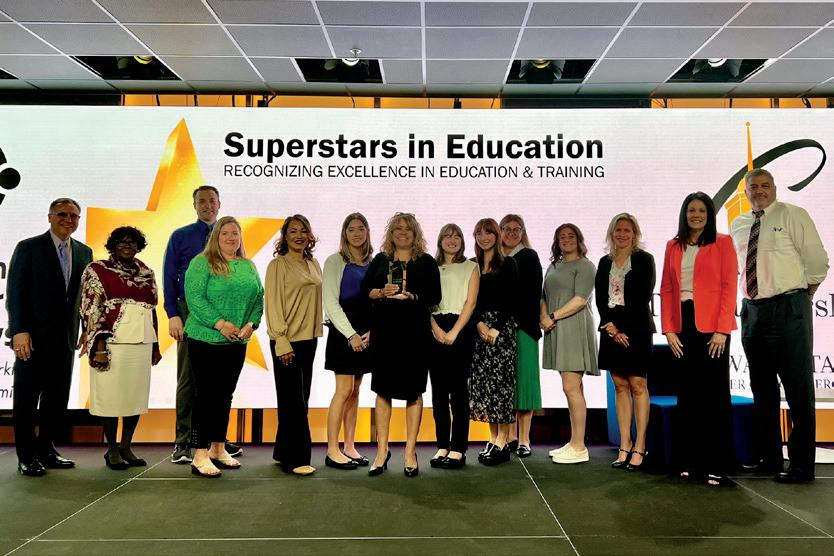

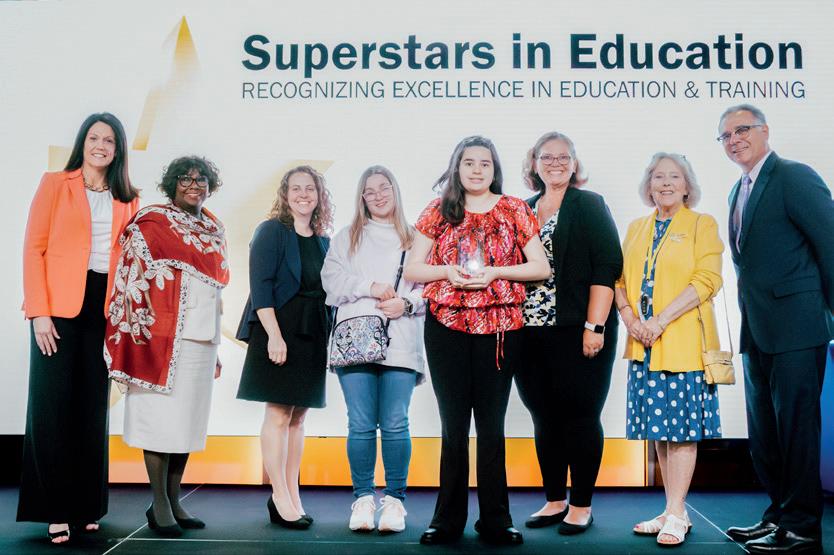

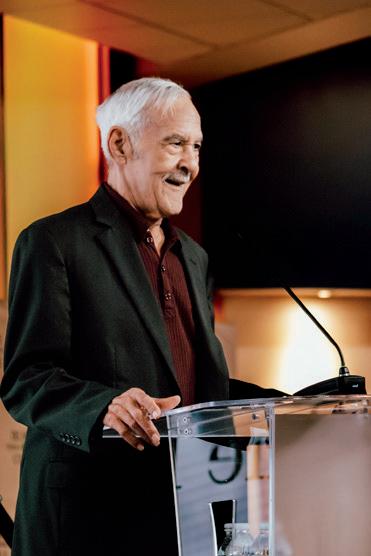

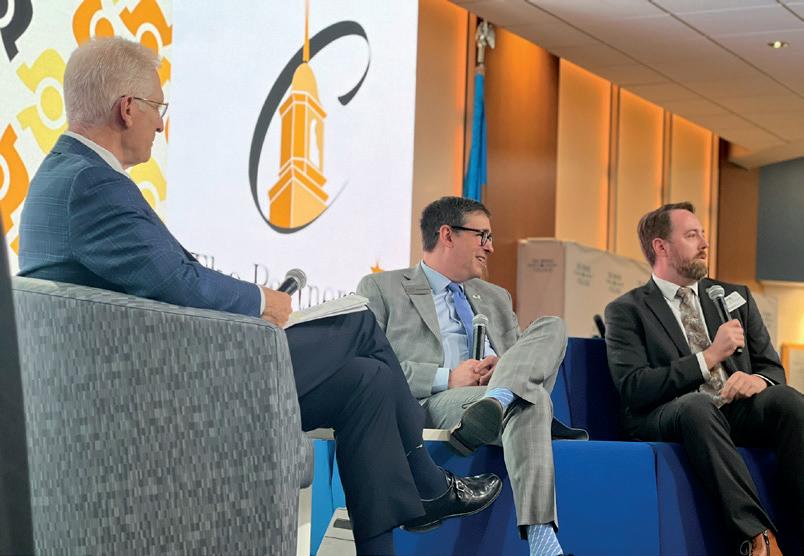


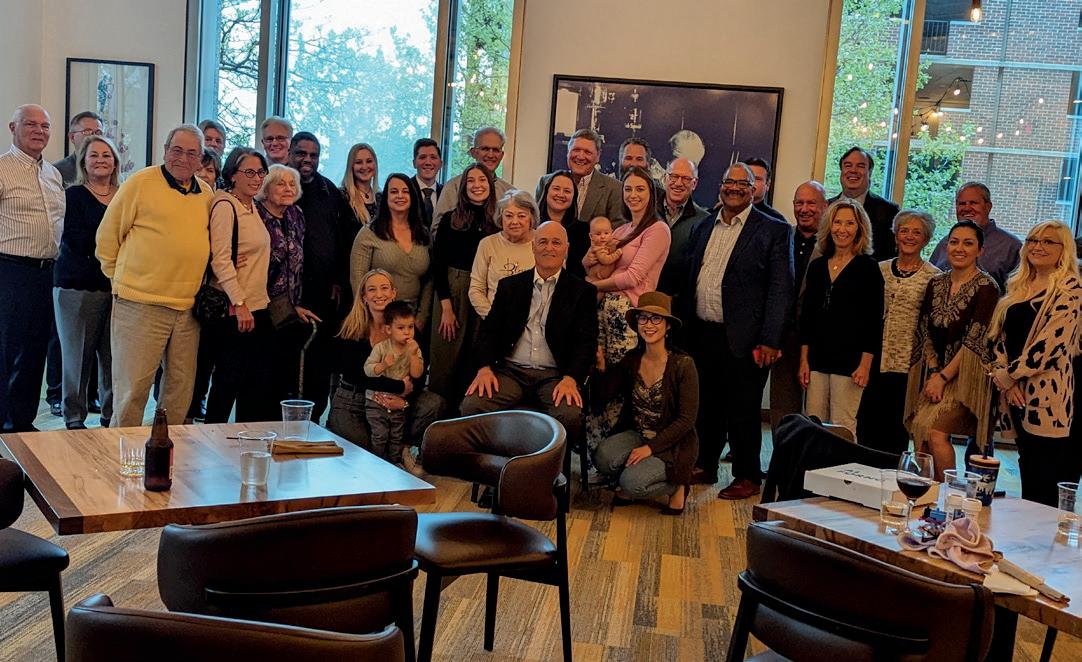
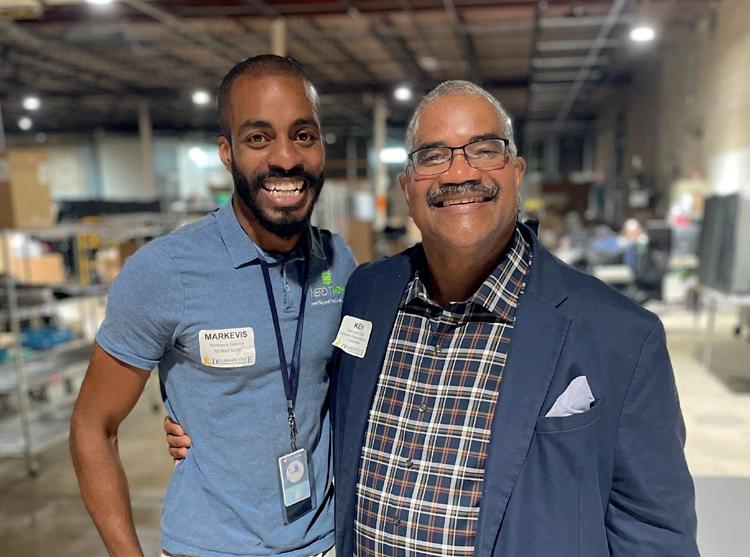

1. Superstars in Education & Training awards were given to Brandywine School District, Delaware Skills Center, and the John S. Charlton School (top to bottom).
2. Wilmington City Councilman Jea P. Street was named the recipient of the John H. Taylor, Jr. Education Leadership Award.
3. The inaugural Navigating Delaware Pathways Summit featured discussions and interactive cross-sector networking designed to educate educators and employers on workforce development.
4. In honor of Distracted Driving Awareness Month, April’s networking breakfast was hosted by the Delaware Safety Council.
5. DSCC’s Tyler Micik led the conversation at Small Business Day in Dover, which featured scheduled visits with attendees’ legislators.
6. State Chamber staff, former staff, family, and friends celebrated Fred Miller’s retirement after 40 years of service to the State Chamber.
7. NERDiT NOW hosted DSCC’s May networking breakfast and provided a tour of their 50,000-squarefoot warehouse in Wilmington’s Riverside neighborhood.
8. Senate President Pro Tempore David Sokola (left) and Speaker of the House Valerie Longhurst (right) updated guests on the top issues before the General Assembly at our End-of-Session Policy Conference in June.
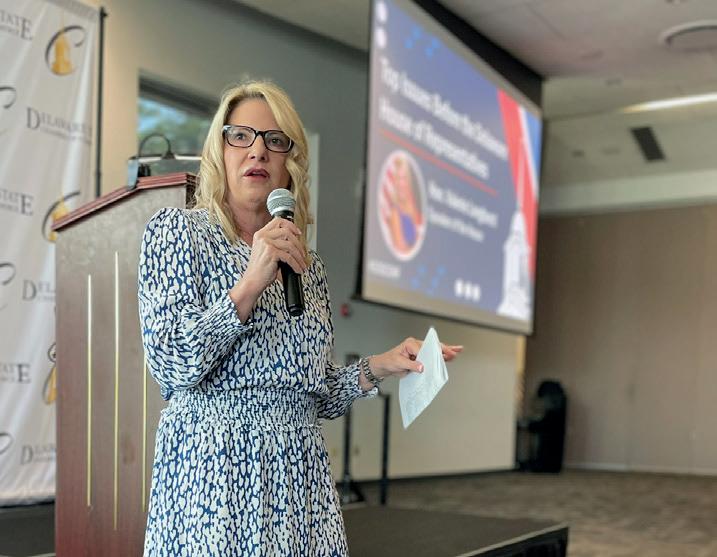
1. Young professionals and their mentors hit the links at the 12th Annual DYPN Golf Outing in June.
2. Intern Delaware participants attended 19 events with more than 40 speakers over the summer.
3. Janice Nevin, CEO of ChristianaCare, highlighted her career journey at a Chamber Leadership Breakfast in June.
4. Guests mingled with furry friends at a July evening mixer with Faithful Friends Animal Society.
5. A ribbon-cutting ceremony for DSCC’s newly renovated office space was held during a special networking breakfast in July.
6. The Teen Warehouse, run by The WRK Group, provided student-led tours of their facility during a networking breakfast in August.
7. The 31st Annual Chamber Chase Golf Tournament took place at Kings Creek Country Club in September.
8. Andrew Cottone shared insights about how clean hydrogen will play a major role in Delaware’s future at a Chamber Leadership Breakfast.
9. The Delaware Business Expo featured over 80 vendors and brought nearly 450 attendees to the Chase Center.
10. Developing Delaware included multiple panels about retail and economic development and featured Mark Mathews of the National Retail Federation and Neil Bradley of the U.S. Chamber of Commerce as keynote speakers.

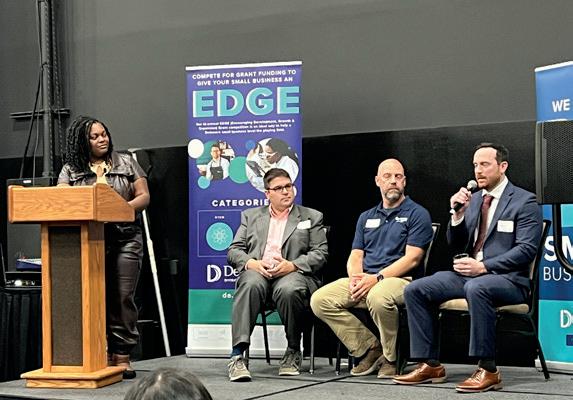

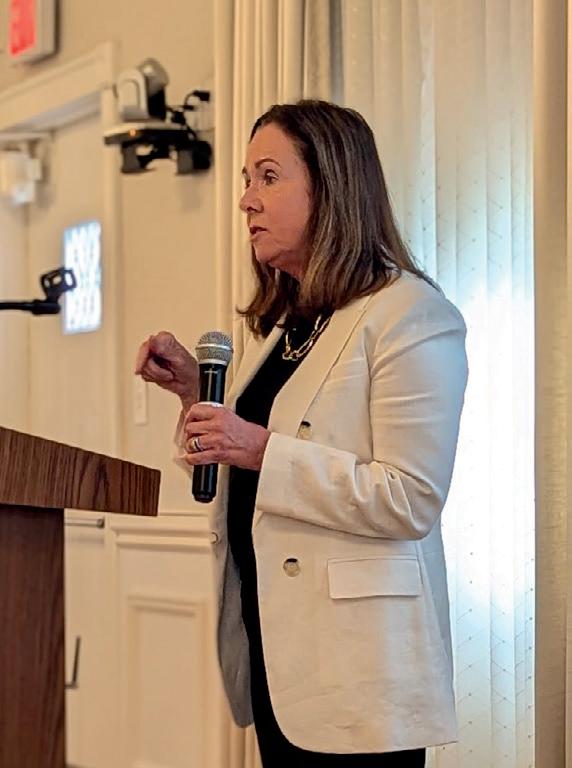
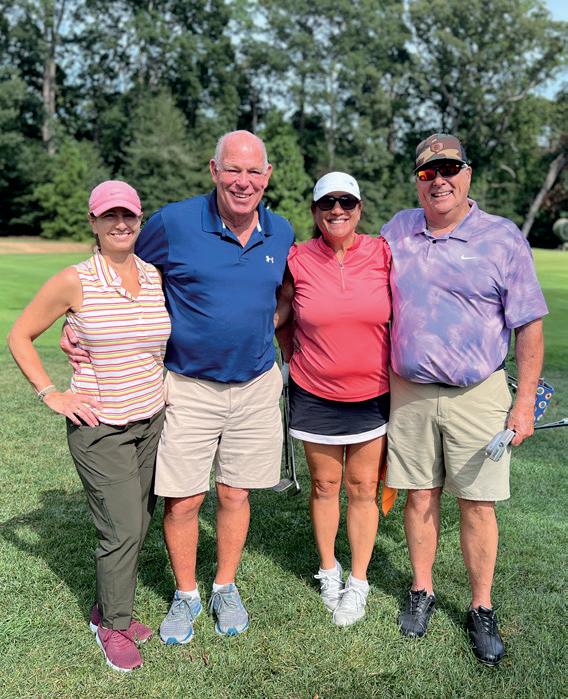



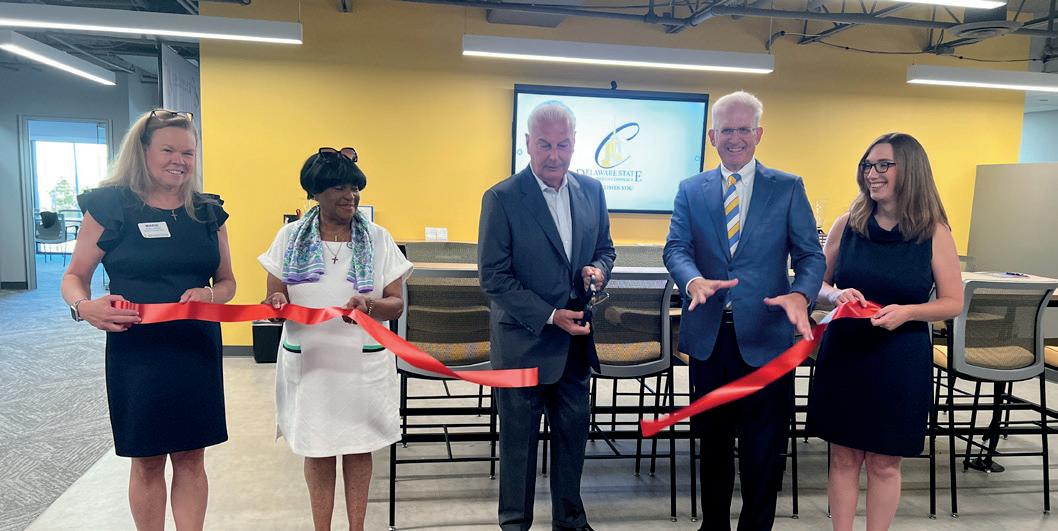
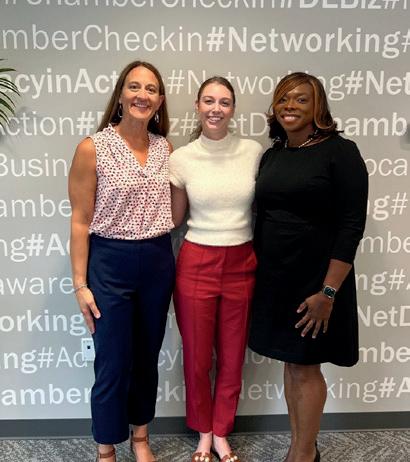



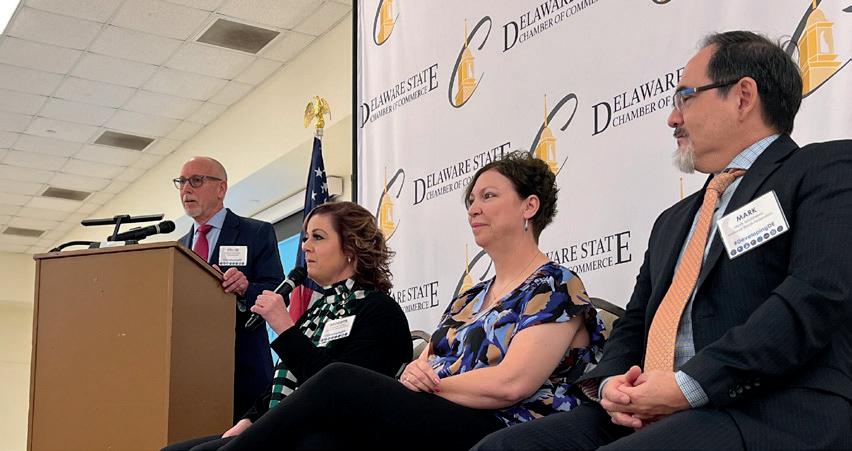




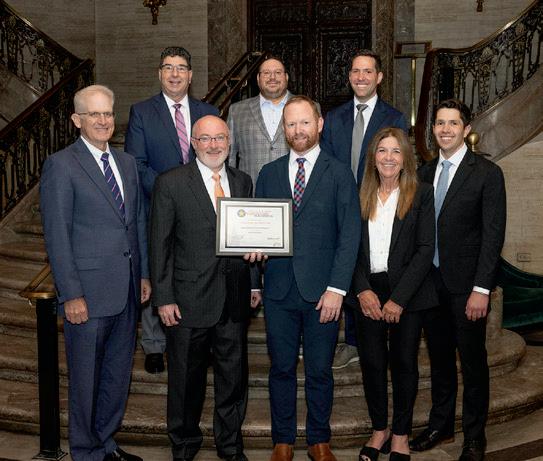
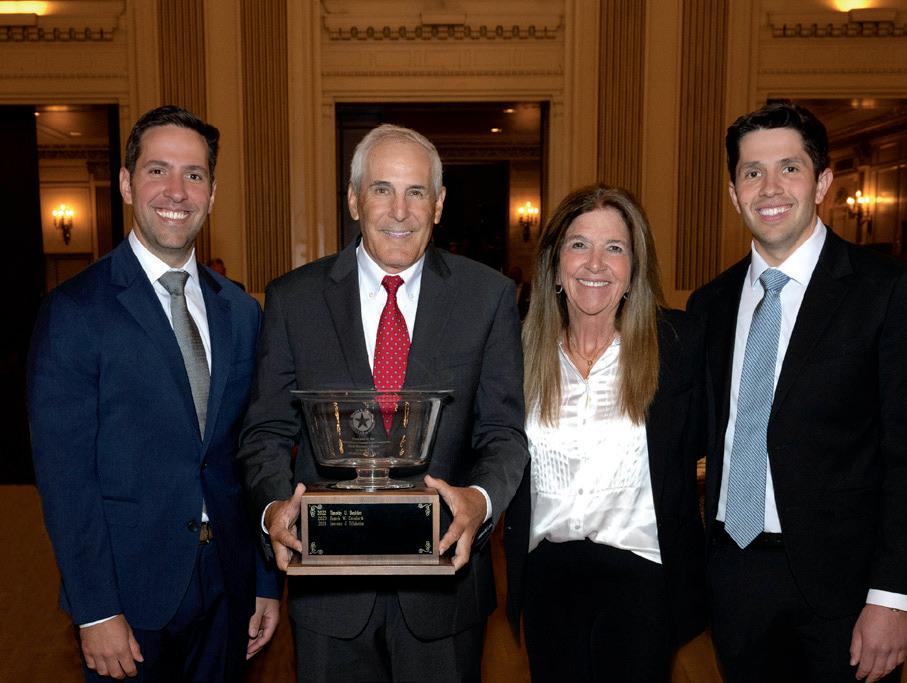
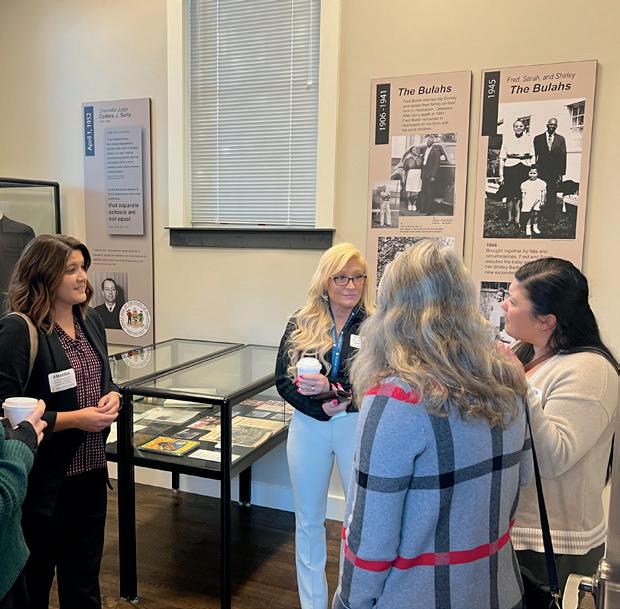
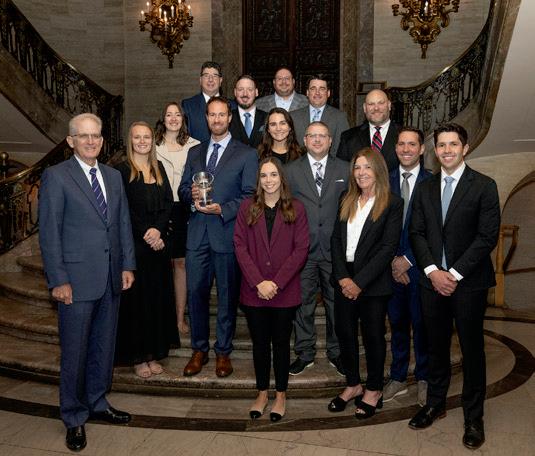
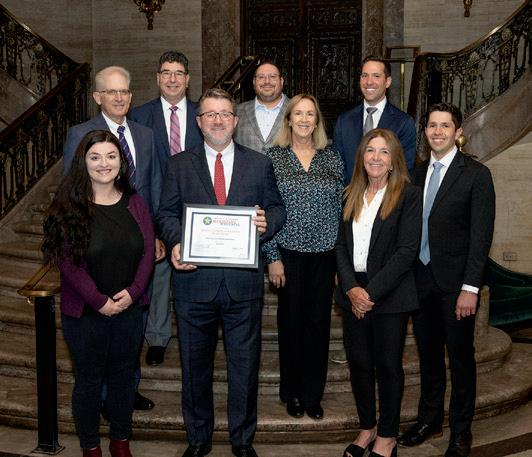


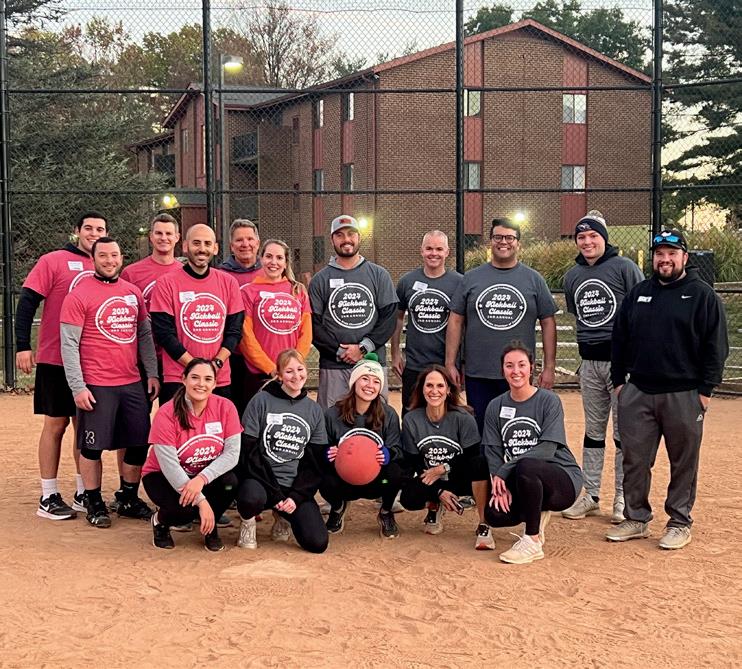
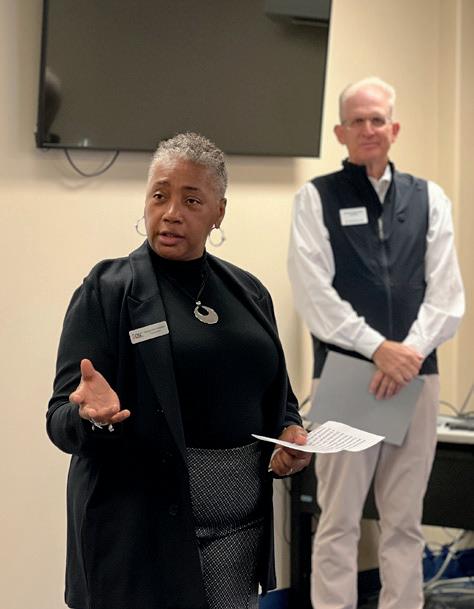
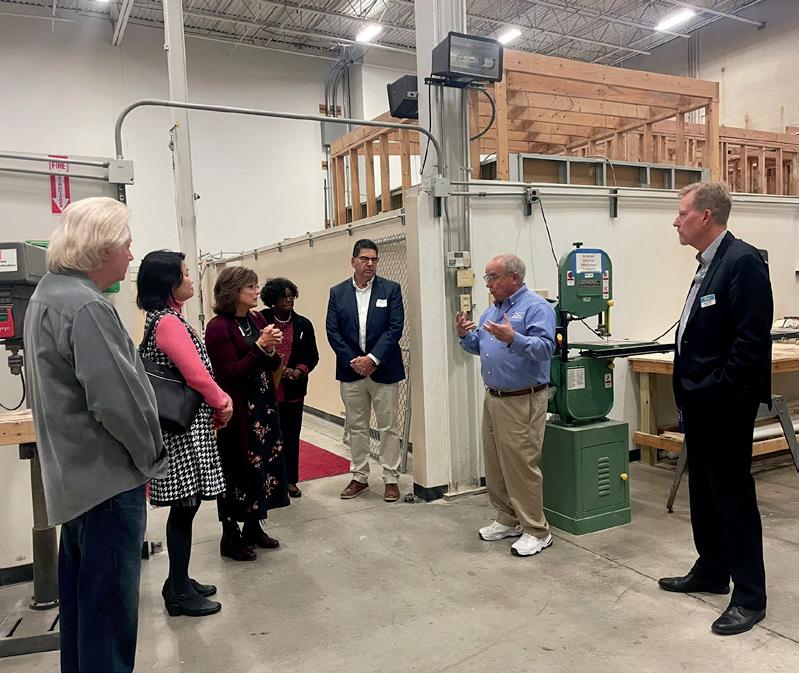


SUPERSTARS IN BUSINESS WINNERS:
1. 1-14 EMPLOYEES: Courageous Hearts, LLC*
2. 15-40 EMPLOYEES: RiversEdge Advisors*
3. 41-150 EMPLOYEES: Surf Bagel*
4. NONPROFIT: Delaware Nature Society*
AWARD OF EXCELLENCE WINNERS:
5. 1-14 EMPLOYEES: Jack Lingo Asset Management*
6. 15-40 EMPLOYEES: Tevebaugh Architecture*
41-150 EMPLOYEES: Boulden Brothers (not pictured)
7. NONPROFIT: Down Syndrome Association of Delaware*
8. Larry DiSabatino, president of DiSabatino Construction Company, was surprised with the Marvin S. Gilman Bowl.*
9. Michael Meoli, president and owner/ operator of The Meoli Companies, delivered the keynote address at the 26th Annual Superstars in Business Awards luncheon.*
10. At a networking breakfast at Hockessin Colored School #107C, former student James “Sonny” Knotts shared stories about the school, which played a major role in the Brown v. Board of Education case.
11. The second annual DYPN “YPs vs. OGs” kickball game took place in October.
12. The Delaware Skills Center showcased their construction trades, nursing, IT, and CDL training programs during a networking breakfast in November.


Josiah Marvel is the man behind the Delaware State Chamber’s prestigious award
BY PAM GEORGE | IMAGES PROVIDED BY CSC
FOR 75 YEARS, the prestigious Josiah Marvel Cup has symbolized outstanding contributions to the state, community, or society. Past recipients include environmentalist Governor Russell Peterson; Governor Pierre S. du Pont IV; Sally V. Hawkins of WILM; entrepreneur John W. Rollins Sr.; philanthropist Brother Ronald Giannone; legal and philanthropic fixture O. Francis Biondi, Esq.; President Joe Biden and Dr. Jill Biden; and, in 2024, Gary R. Stockbridge, past region president of Delmarva Power.
The cup is named for Josiah P. Marvel, the first president of the modern-day Delaware State Chamber. Marvel was a powerful influencer in multiple circles. The attorney helped write the General Corporation Law and co-founded Wilmington-based Corporation Service Company, now CSC, which has clients worldwide. The Delaware native was also passionate about bettering his home state. He was an educator, civic leader, and philanthropist.
In short, Josiah Marvel embodies the spirit of the award.

In a 1918 Evening Journal profile, Josiah Marvel was dubbed the “sunny and successful son of sandy and salubrious Sussex.” The text called him a lawyer, farmer, Democrat, road builder, before-dinner, during-dinner, after-dinner, and between-meals speaker, public-spirited citizen, and Persian cat panegyrist. He was a delight to his friends and a “thorn in the side of his enemies.”
seat of Sussex County. His parents were Josiah Marvel, a Sussex County sheriff, treasurer, and prothonotary, and Harriet Pepper Marvel. The couple wed in 1850 and raised 13 children on a centuries-old homestead between Georgetown and Seaford.
Marvel’s older brother, David, was an attorney, and Marvel left teaching to become a lawyer. Together, they formed Marvel, Marvel & Wolcott. The younger brother, who specialized in business, saw that New Jersey was reaping the financial rewards of a General Corporation Law, which made it easier for companies to incorporate.
Marvel helped draft Delaware’s legislation, and when it passed in 1899, the enterprising lawyer founded the Delaware Charter Guarantee & Trust Company, which later merged with Christopher Ward’s Corporate Company of Delaware. Their union produced CSC.
Registered agents and incorporation services were new in the early 20th century, which gave Marvel time to pursue other interests, including the local Board of Trade, founded in 1837.
The group had sputtered and reorganized several times, and in 1912, members voted to join the National Chamber of Commerce and drop the National Board of Trade affiliation. On December 23, 1913, the group met under the Chamber of Commerce title, and President Marvel addressed members.
The Delaware native was also passionate about bettering his home state. He was an educator, civic leader, and philanthropist. In short, Josiah Marvel embodies the spirit of the award.
Marvel was born on January 18, 1866, in Georgetown, Delaware, the
The attorney was comfortable in leadership roles. In 1923, he became president of the newly formed Delaware State Bar Association. He oversaw committees on law reform, legal biography, grievances, membership, American citizenship, the code of ethics, and bar admission.
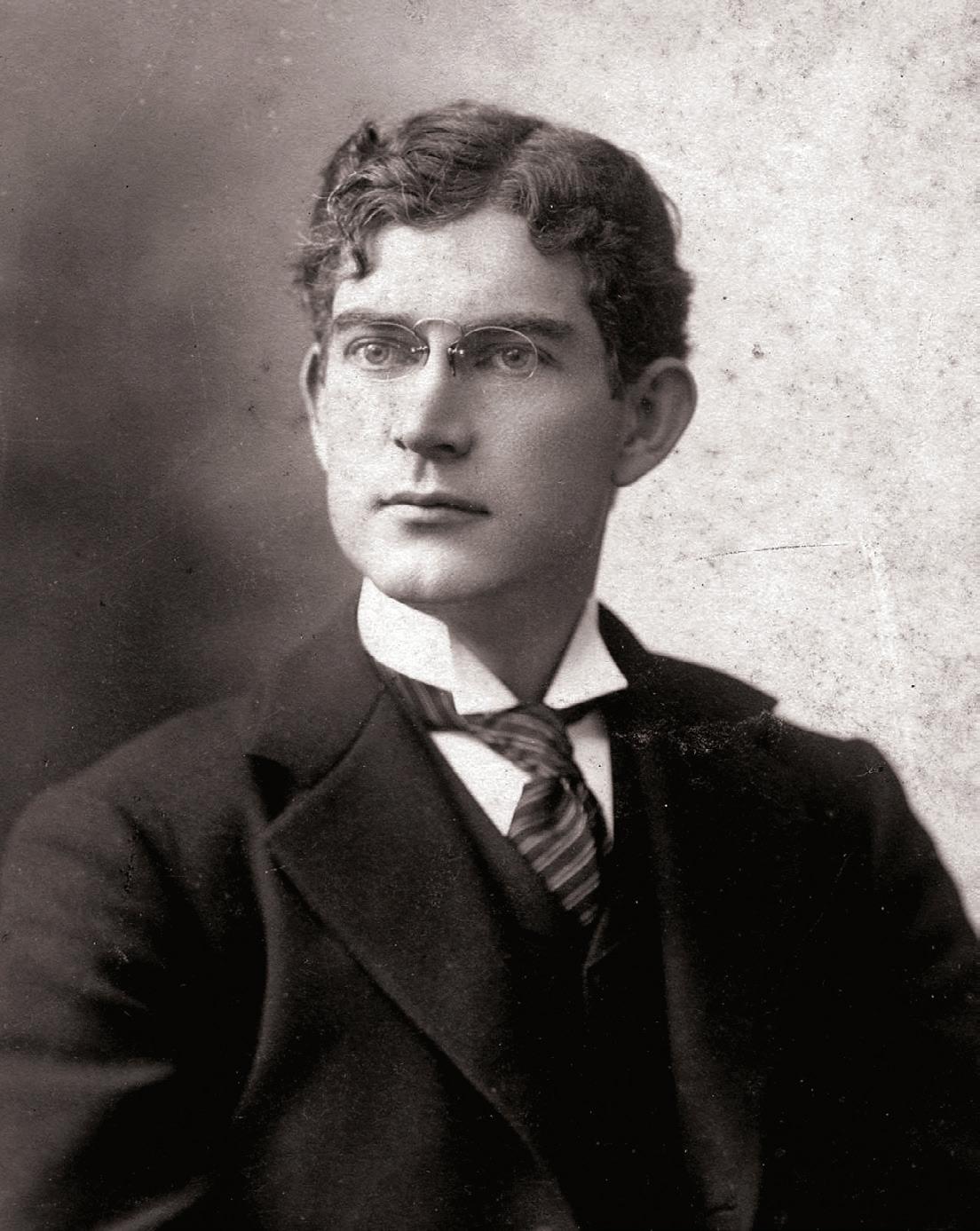
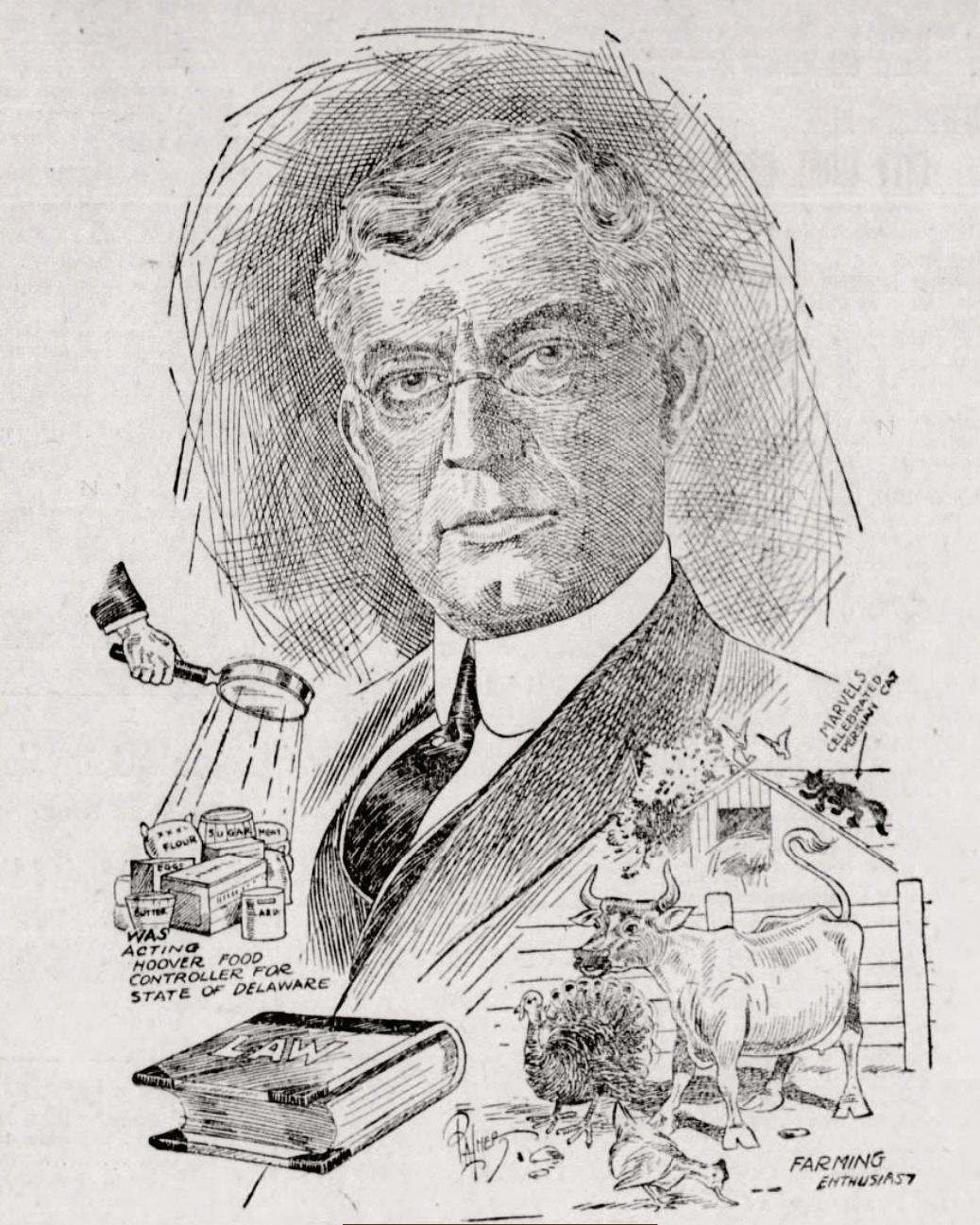
The Marvel Cup symbolizes his dedication to his state and community. While Marvel left big shoes to fill, the recipients of the State Chamber’s highest honor are up to the task.
Marvel had a seemingly endless supply of energy. In addition to being the State Chamber president, he was the acting state food administrator and state highway commissioner. In 1919, Marvel and prominent Wilmington businesspeople, including the du Ponts, founded Tower Hill School, and at least five of Marvel’s eight children were students.
Outside the office, Marvel pursued a passion for nature. He and his wife, Mary Bell Jackson, owned a rural Centreville property named Nanticoke for his hometown near the Nanticoke River. He raised chickens, cows, and horses, and the Evening Journal profile noted that his farm gave him the greatest happiness.
In 1928, after the Democrats’ defeat, Marvel spearheaded a successful reorganization, and it was assumed that he’d be the U.S. Senate nominee. However, he suffered a surprising loss so grave that many believed it hastened his death. Marvel had a fatal heart attack on October 11, 1930. He was 64 and had recently been elected president of the American Bar Association.
“Seldom has the death of any one man thrown an entire state into such sincere mourning as did that of Mr. Marvel,” according to editors’ response in the Every Evening newspaper, which called Marvel “a good citizen who
set a splendid example.” The genial Marvel was “a clean thinker and had a clean liver, genial, conscientious, he was a man among men, while his home life was one of devotion to family and friends. He will be greatly missed.”
In 1950, the Delaware State Chamber announced that a committee would bestow the first Josiah Marvel Cup in 1951. The first recipient was Dr. M. A. Tarumianz, the Delaware State Hospital superintendent, who received the same cup that the State Chamber bestowed to Marvel for his contributions. (The family had given it to the chamber.)
Over the years, Josiah Marvel’s son, William, frequently presented the cup at the Annual Dinner. In 1982, the vice chancellor of the Delaware Court of Chancery was the recipient. “I never dreamed that I would present it to myself,” the judge said. “The closest I ever came to the cup was when it was on the sideboard in my father’s dining room.”
Marvel left a large family, and for years, the relatives gathered at the Georgetown farm for a reunion. His impact lives on in other respects. The Marvel Cup symbolizes his dedication to his state and community. While Marvel left big shoes to fill, the recipients of the State Chamber’s highest honor are up to the task. n



THANK YOU TO OUR 188TH ANNUAL DINNER SPONSORS
Presenting

Reception

Chairman
















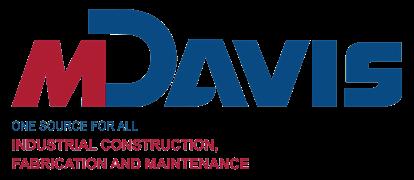

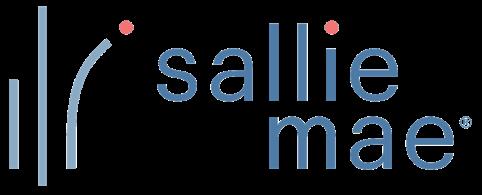
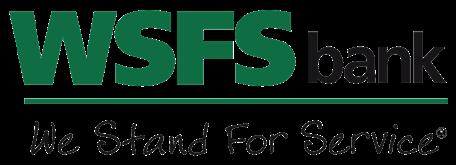

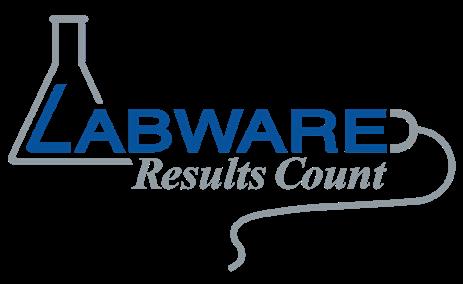




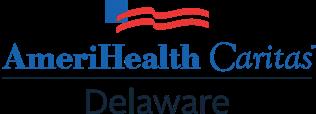

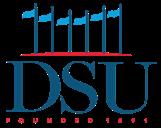


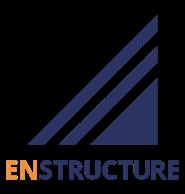

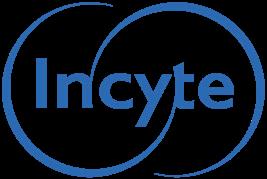


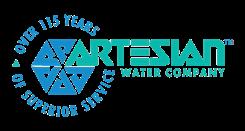









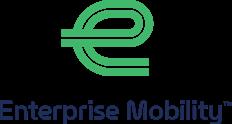


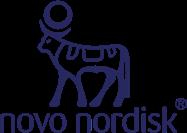



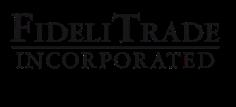
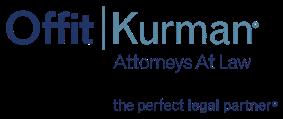
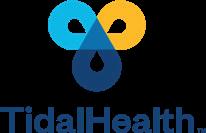











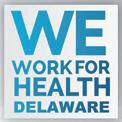


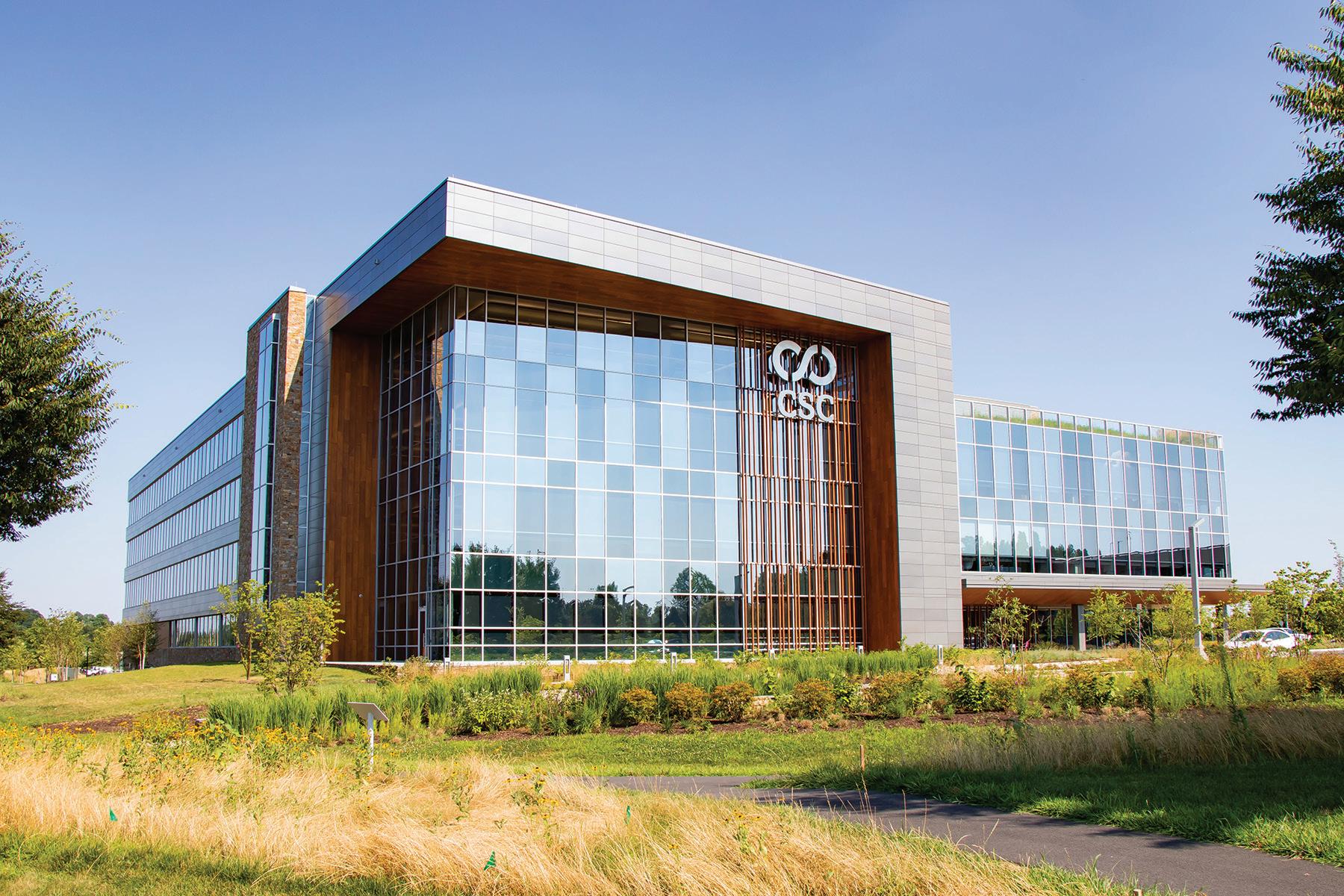
BY PAM GEORGE
BIG BUSINESS HAS LONG RECOGNIZED Delaware as a corporate mecca—and with good reason. Fortune 500® companies come here to settle disputes in the renowned Court of Chancery. The state is also a jurisdiction of choice for incorporation. However, that wasn’t always the case.
The Delaware General Corporation Law was enacted in 1899, the same year two attorneys founded separate companies to facilitate incorporation and serve as registered agents. In 1920, they merged to become
Corporation Service Company, now branded as CSC.
CSC started small, but by the late 20th century, the company had an international reputation. The firm has nearly 80 locations worldwide and a presence in every U.S. state. CSC is also a juggernaut in more than 140 global business-centric jurisdictions, including Luxembourg, Amsterdam, Hong Kong, the United Kingdom, and Singapore.
Along with CSC’s heritage services, offerings include knowledge-based business, legal, tax, and digital brand solutions for 90% of the Fortune
500®, more than 90% of the Best Global Brands®, and more than 70% of the PEI 300.
“We have multinational clients who must comply with the laws and regulations of where they do business or have operations—and they must report in real time,” explains Rod Ward III, CEO, whose great-greatgrandfather, Christopher Ward, was a co-founder of CSC. “‘Are you following the laws, and can you provide that information in real time using technology?’ Our clients’ needs drive our growth.”
Despite being a global leader in a fast-paced industry, CSC remains dedicated to Delaware. “It’s a significant place for us in terms of doing business,” Ward says. “We have a vested interest in the community. We’re committed to attracting and hiring talented people and to delivering better ways of doing business. Many of our people live and work in Delaware, and at CSC, we’re about people, not things. Putting our people first is a natural extension of who we are and how we act.”
Before 1899, companies seeking incorporation petitioned the Delaware legislature, a process that could take years. Many states had similar requirements. However, in 1896, New Jersey created a general corporation law to simplify the process and gain additional income.
Delaware influencers noted their neighbor’s increased activity and modeled Delaware’s 1899 legislation after New Jersey’s law. Attorney Josiah P.Marvel was among the Delaware authors. (The civic-minded Marvel later became the first president of what would become the Delaware State Chamber of Commerce.) In 1899, Marvel opened the Delaware Charter Guarantee & Trust Company. Meanwhile, Christopher Ward, also an attorney, opened the Corporation Company of Delaware.
Butler had a knack for spotting talent. In 1988, he hired Bruce Winn, who became president in 1998. Winn and Butler shared a common goal: Dominate the industry by 1999. Acquisitions facilitated the task. Growing through mergers was “transformational,” Rod Ward says. CSC focused on companies with expertise and an established client base, opening doors to new states—and countries.
The Prentice Hall acquisition, for instance, increased the number of employees to 1,000 and added 32 offices in 22 states. CSC’s 2022 acquisition of Intertrust Group, a Dutch company, more than doubled CSC’s size—from 4,000 to more than 8,000 employees.
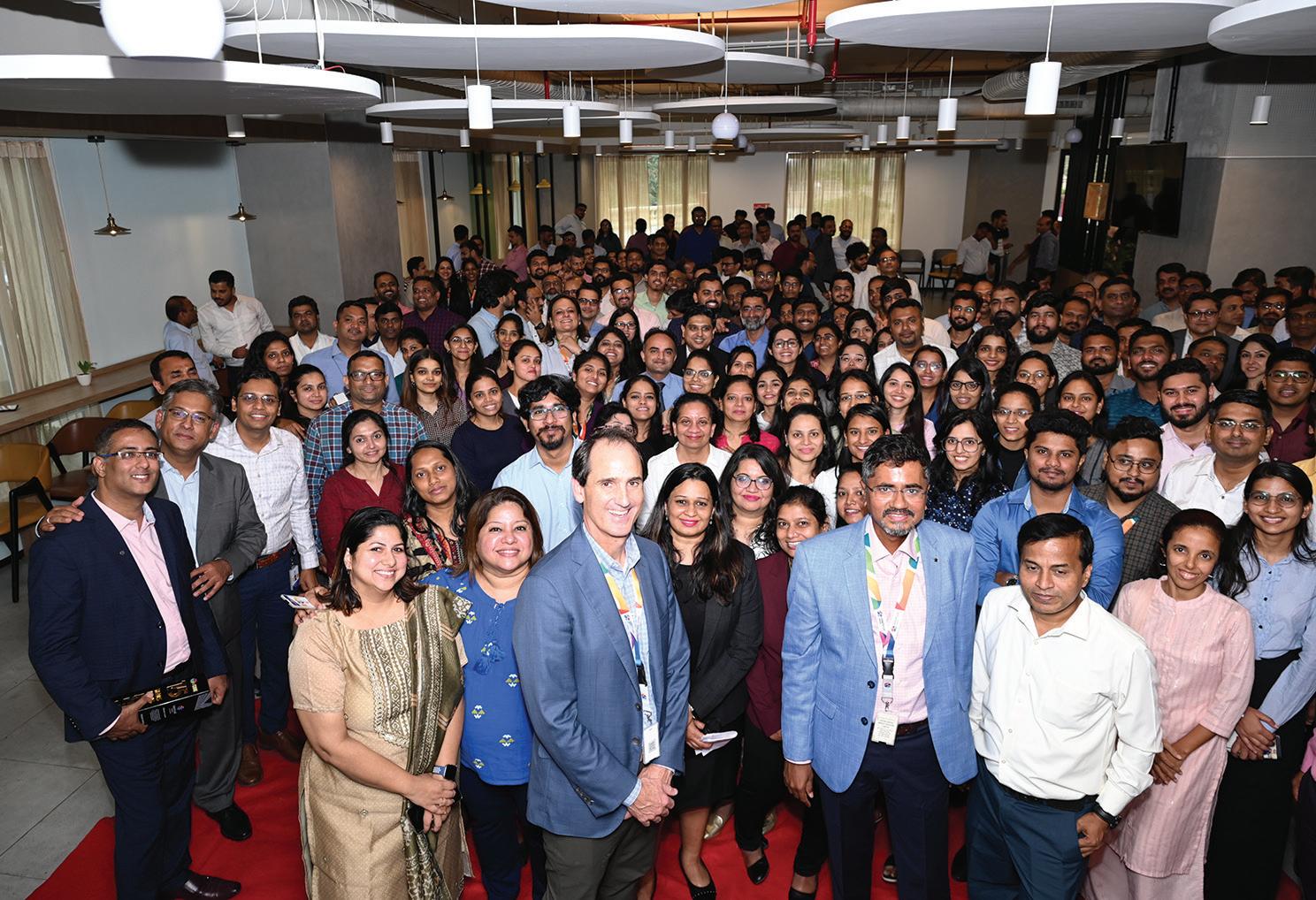
New Jersey remained the leader in incorporations until 1913, when Governor Woodrow Wilson cracked down on trusts. The outgoing governor insisted incorporation-related income would remain robust. He was wrong, and Delaware took the lead.
Marvel and Ward merged in 1920 to form Corporation Service Company, now CSC. Today, the company remains in the hands of the original founders’ descendants. Owners also include the family of Dan Butler, who became CEO in 1975. A financial expert, Butler made it his mission to expand the services and client base. “Dan was amazing,” says Jennifer Kenton, who joined CSC in 1986 as the company’s 13th employee. “I admired him.”
When Prentice Hall Legal & Financial Services courted Kenton, she told Butler, who agreed it was an excellent opportunity. He wrote to Prentice Hall’s president, praising Kenton, who promised not to go after CSC’s clients. When CSC acquired Prentice Hall in 1995, she returned to the fold and is now chief commercial officer.
Winn helped craft the company’s purpose, which has since been slightly tweaked to reflect CSC’s heightened stature: “To be a great, enduring, profitable company by enabling responsible business growth around the globe, while creating an environment in which our people, partners, clients, and communities will be better off tomorrow than they are today.”
About 65% of CSC employees work outside North America in Europe, Asia, the Middle East, and the Pacific Rim. However, Ward says Delaware’s location provides access to remarkable talent such as Ian McConnel, a former Marine infantry officer and Delaware state prosecutor. He joined CSC in 2014.
“CSC is one of the best places I’ve ever worked,” says McConnel, who is responsible for legal, risk, and compliance as CSC’s chief legal officer. “The culture is collaborative, open, proactive, solutions-oriented, and positive. The people are hardworking, focused, intelligent, and capable.”
Kenton says that CSC trusts people to make decisions. She recalls September 11, 2001, when CSC had an office on the 87th floor of the World Trade Center’s Tower Two in New York. When the planes struck the buildings, people were told to go to the roof or stay put. Instead, CSC employees John Pelletier and Lou Giaccardo led the CSC team outside.
“They trusted their judgment,” Kenton says, “and that’s why the more than 40 CSC employees who reported to work that morning in the South Tower made it out safely.”
At CSC, customers as well as employees are a top priority. “We talk with clients every day, and they tell us about the challenges they face so that we can find solutions,” says Ward, who became CEO in 2010 when Winn retired.
Indeed, customers often comment on CSC’s “fierce client spirt.” “We pursue client satisfaction with purpose and urgency, treating their needs as if they’re our own,” Ward says. “Our clients know we have the integrity and focus to do what will benefit them today and tomorrow.”
In many respects, CSC provides services to people who’ve never heard of the company. Consider a California teacher whose pension is invested in real estate outside the U.S. The pension fund manager would be an example of a CSC customer. While CSC’s tools make the manager’s job easier, the teacher ultimately reaps the rewards.
“We are a cog in the wheel of deals, commerce, growth, and the future,” Kenton adds. “It’s all in our backyard in Delaware.”
Speaking of backyards, CSC does not overlook the communities in which it does business. For example, Ward and Governor John Carney co-chair the Delaware Prosperity Partnership, a public-private economic development initiative. CSC is a founding member of Zip Code Wilmington, a software training program that targets students who otherwise lack resources. CSC also helped start Intern Delaware.
Butler, Winn, and Ward significantly expanded CSC’s services in response to client needs and how they conduct business. Kenton, who has worked under all three CEOs, says Ward is a strategic leader. For instance, he hit the ground running by structuring the company into business units that continue to reflect the culture and brand. Recently, CSC refreshed its website with the clear message that CSC, in sum, is the “world’s leading provider of business administration and compliance solutions.”
Ward takes a long-term view that follows five-year defined missions. Thrive ’25, which will end in 2025, is focused on building (doing things that matter), leading (setting the standard), and transcending (going beyond limits). Solutions involving the intersection of artificial intelligence and compliance could be on the agenda for the 2030 benchmark.
As a privately owned company, CSC can practice patience. The board doesn’t expect instant results, Ward notes. Created over the past 125 years, the company stockholder agreement is solid. “We’ve been at this for a while,” Ward says.
And Delaware set the stage.
Indeed, outside the modern headquarters, built in 2017, is a 20-foot sculpture of a root. The piece was inspired by a tree that prevented a Trade Center beam from crushing Trinity Church on Wall Street on September 11, 2001.
Ward and his peers call the abstract piece “The Delaware Root.” “It all comes together,” he says of the artwork and its setting. “Our roots are here.” n
THE DELAWARE STATE CHAMBER THANKS THE 188 TH ANNUAL DINNER PLANNING COMMITTEE:

Katie K. Wilkinson, Chair Fulton Bank
Adam Blackford Agilent Technologies
April BirminghamM&T Bank
Rebecca Byrd BrydGomes
Jerry Esposito Espo Enterprises
Tierra Fair United Way of Delaware
Donald T. Fulton Weiner Benefits Group
Logan Herring The WRK Group
Michael Houghton Morris, Nichols, Arsht & Tunnell, Ret.
Colleen Perry Keith, Ph.D. Goldey-Beacom College
Apollo Khine Barclays
Emily Leach Visa Don Mell JPMorganChase
Bobbie S. Miller WSFS Bank
Chip Rossi Bank of America
Rhett Ruggerio Ruggerio Willson Watson
Greg Smith The Chemours Company
Meghan Walls, PsyD Nemours Children’s Health
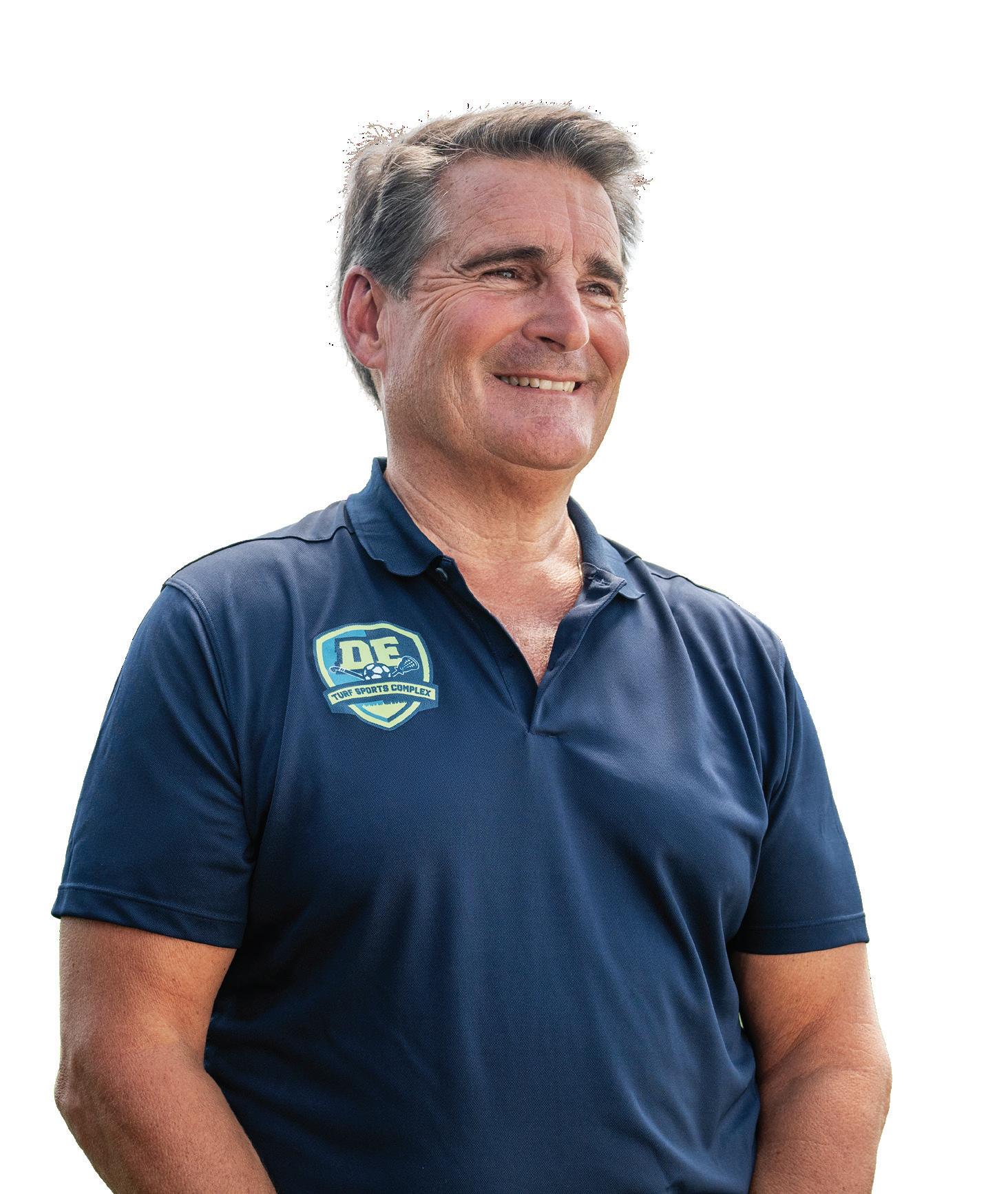


JUST OVER FOUR YEARS AGO, we began talking and writing about how important it was for Delaware to prepare for the postpandemic economy. The hope was that the state could become a top location for job creation, economic vitality, and quality of life. Crystal balls were hazy in 2020, but predictions of technological transformation, remote work, changing factors impacting worker mobility, and accelerated competition between states all proved correct. Now, as the American economy has renormalized, new trends have emerged, making it essential for Delaware’s leaders to understand the state’s competitive position, do all they can to anticipate the future, and take concrete actions.
First, what has not changed? Ongoing demographic realities have been discussed for years. Nationally, the population will continue to age, become more diverse, and experience smaller family size. The birth rate has shrunk by half over the past two generations, leading to a steady decline in domestic labor force growth. To sustain population and labor force growth, Delaware will need to employ multiple strategies: retaining more local high school and college graduates, attracting domestic migrants, increasing labor force participation among current residents, and welcoming more legal foreign-born workers.
The quantity and skills of the labor force will continue to be primary factors in shaping Delaware’s future. People prioritize a place that offers housing options, good education, affordable and quality health care, and
BY TED ABERNATHY
a safe environment. They also value places where recreational and cultural options enhance the quality of life.
Having a growing workforce with the right skills is just one of many critical challenges.
Staying competitive requires a strategic approach. Strategy development begins with a clear understanding of Delaware’s current economic landscape and those emerging trends that will impact businesses and residents in the future.
How competitive is Delaware? What can the state’s private and public leaders do to better prepare it for the future? Many publications rank state competitiveness, and those rankings present a mixed message, depending on the factors they consider and how those are weighed. CNBC’s overall ranking for Delaware is 34th, while Chief Executive ranks Delaware 15th. The Tax Foundation rates the overall tax competitiveness 18th, but the corporate tax rate 50th. For innovation and technology, the state ranks 35th. Rich States-Poor States Economic Outlook places Delaware 33rd. Delaware often ranks towards the middle and rarely among the most competitive states.
Economic performance data provides a consistent method for comparison. Jobs in Delaware have grown 2.6% over the past four years— above the national average but well behind leading states. Population growth has been strong—above the U.S. average and trailing only New
Jersey among neighboring states. Delaware has also been a national leader in new business formations.
The state has a solid economic foundation to meet the challenges of the next decade. Five trends have emerged that will impact all states and create opportunities for Delaware to improve.
Affordability has become a higher priority. Affordability and desirability combine to define livability. People and businesses are migrating to lower cost places that still have in-demand amenities. Housing costs, tax rates, insurance premiums, health care costs, and the total cost of doing business are competitive factors that appear to be more heavily weighted in the decision process. Delaware’s cost of living is well above the national average and housing prices have been rising. For businesses, affordability involves many factors, including tax rates. CNBC’s latest ranking places Delaware 44th best for the overall cost of doing business.
Business timeframes are much shorter. Investment decision cycles have accelerated, with businesses valuing ready-to-occupy buildings, shovel-ready sites, adequate utilities including reliable power supply, streamlined review and permitting processes, and rapid responses from economic development professionals. CNBC’s recent business friendliness ranking for Delaware was 46th.
Measuring and minimizing risk is an increasingly important factor in location decisions. The COVID-19 pandemic, a recent surge in major weather disruptions, heightened focus on crime, worker health, and shifting national economic policy have all reinforced the importance of


When you join BLS CPAs, you are joining a company with flexible/hybrid options, career advancement opportunities, ongoing training, mentoring and more!







The state has a solid economic foundation to meet the challenges of the next decade. Five trends have emerged that will impact all states and create opportunities for Delaware to improve.
risk mitigation as companies plan their long-term growth strategies. Crime rates spiked in 2020, and although they have decreased in many areas, they remain above pre-pandemic levels in others. Delaware’s crime rankings are currently not a competitive advantage.
These first three trends reflect business calculations that have always been important: the need to balance cost, time, and risk. The next two showcase new opportunities.
The focus on free-trade globalization, which began after World War II and has defined bipartisan public policy for the past 35 years, has rapidly unraveled. Most experts agree that growing global tensions will compel multinational companies to adjust their labor sources, production capacity, supply chains, and logistics strategies. Reshoring, nearshoring, and new trading alliances will disrupt current plans while creating new opportunities. The United States’ new industrial policy, which promotes significant investments in targeted manufacturing sectors, is generating jobs

Rhett Ruggerio
rhett@ruggerio.com (302) 345-8468
Kim Willson
kim@ruggerio.com (302) 270-2705
Kim Peterson
peterson@ruggerio.com (302) 542-6278
Verity Watson
verity@ruggerio.com (302) 278-9934
Liam McCall
liam@ruggerio.com (302) 569-0788

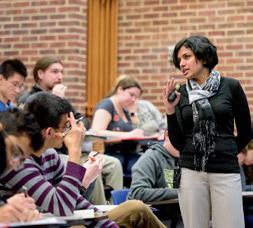
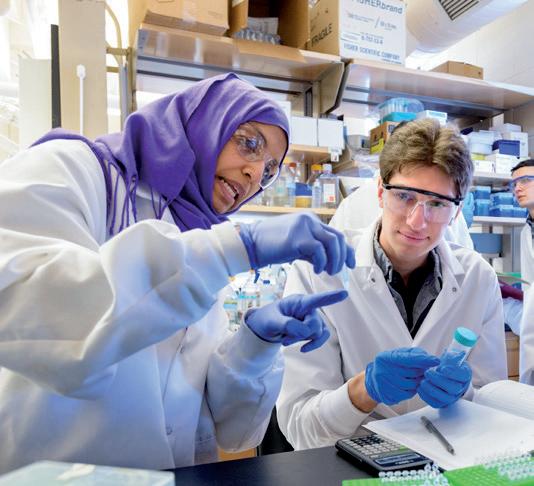




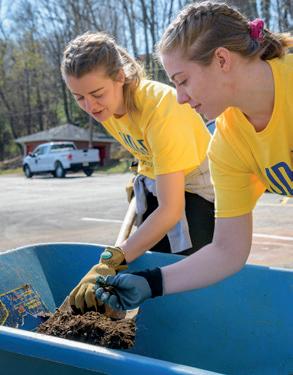
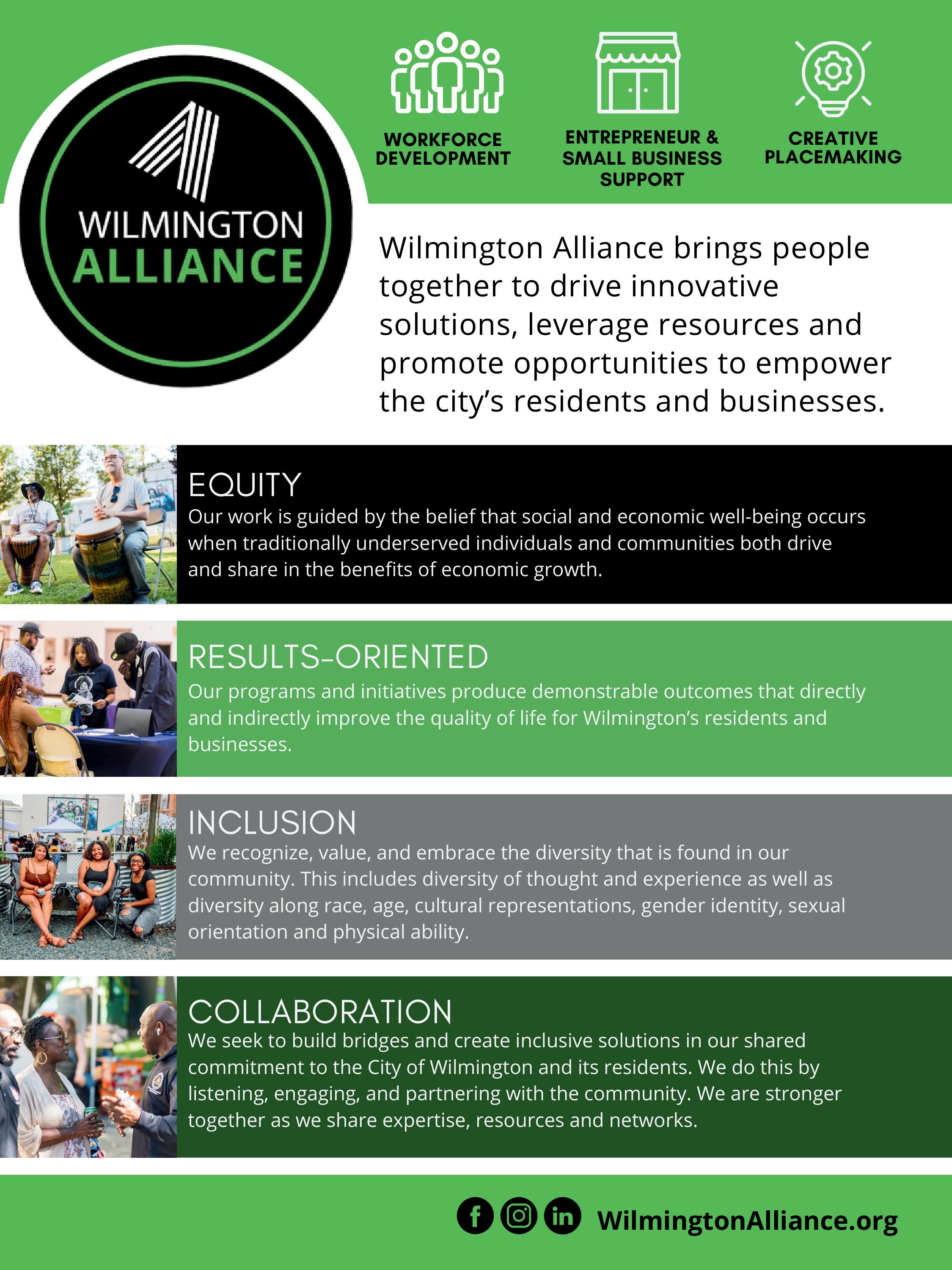
BY BRIAN DISABATINO
“TIME FOR A CHANGE!” That was the battle cry of many candidates in 2024. But now comes the real question: Will our newly elected leaders deliver? I hope you’ve saved their promises to review in 2028. Let’s see if the results match the rhetoric, because Delaware cannot afford a future built on empty promises.
We need bold ideas enacted swiftly—ideas that knock down barriers and remove the impediments to progress. For example, we need an overhaul of the regulatory environment that impedes business, slows down permitting, and chokes off economic development. Because it’s not just businesses that suffer under these conditions; social programs, families, and those in need are affected as well.
Courage
The only way we’ll see real change is if our newly elected leaders are willing to take risks. However, risk-taking is the antithesis of politics. For politicians, it could mean jeopardizing their status, income, or credibility. Ironically, it’s this very element of risk that fuels the entrepreneurial spirit. Entrepreneurs thrive on challenges, while government leaders, unfortunately, often shy away from them.
businesses falter, so do our communities—and ironically, so does the vital tax revenue that funds public services.
In 2025 and beyond, my hope is that the public sector will engage in early, open dialogue with the business community—not with predetermined solutions, but with genuine curiosity. By valuing entrepreneurial ideas alongside regulatory remedies, Delaware can foster a collaborative environment where innovation thrives.

In 2028, we should hope to be in a position to celebrate those leaders who dared to take risks, stepped outside their comfort zones, and worked to create meaningful change. At the same time, we must be willing to hold accountable those who clung to the status quo, because Delaware’s economic ecosystem depends on courageous, risk-taking leadership.
Businesses are organic by nature—much like a farm. We plant, collaborate, nurture, adapt, and hope for a harvest. Yet, being organic means facing a cycle of birth, maturity, and potential decline. Entrepreneurs must constantly tend to their businesses to ensure they thrive, despite external forces that threaten survival. By definition, we are constantly working to avoid demise, while governments often overlook this crucial, sometimes harsh reality. We need to help them change their perspective, to see the upside of risk.
While entrepreneurs occasionally cause their own struggles, it’s deeply frustrating when opportunities are blocked, nurturing is disrupted, or customer relationships are interrupted due to onerous regulations. These interventions, often stemming from our well-intentioned elected neighbors and friends, may not fully grasp the fragility of business ventures. When
Business should be at the center of health care cost reform, affordable housing improvement, and new business attraction. Fortunately, because of the Delaware Prosperity Partnership, we are at the table for the latter—it is time to put us at the center for the former. The hurried passage of HB 350 demonstrates the damage that can be done when legislation happens in a silo, without collaboratively working with those who are intimately involved in the health care industry. Additionally, leaders must start thinking about setting statutory deadlines for bureaucracies that currently delay land use, transportation, and environmental reviews. They must ask the fundamental question every entrepreneur asks: “What can we do to accelerate this idea?” And they should approach policy challenges with an entrepreneurial mindset.
We cannot afford a decelerating economy. Let’s assist in this effort by embracing change. Delaware has bright and motivated individuals in both elected and administrative positions who can drive meaningful change. But it requires courage and a willingness to take risks. Let’s encourage our leaders to listen to and collaborate with the entrepreneurial community. Together, we can create an environment that nurtures innovation and allows businesses to flourish.

Because “It’s time for change” isn’t just a slogan— it’s a necessity. n
Brian DiSabatino
is the
president
and
CEO of EDiS
Company. He also chairs the Delaware Business Roundtable.






























































































































































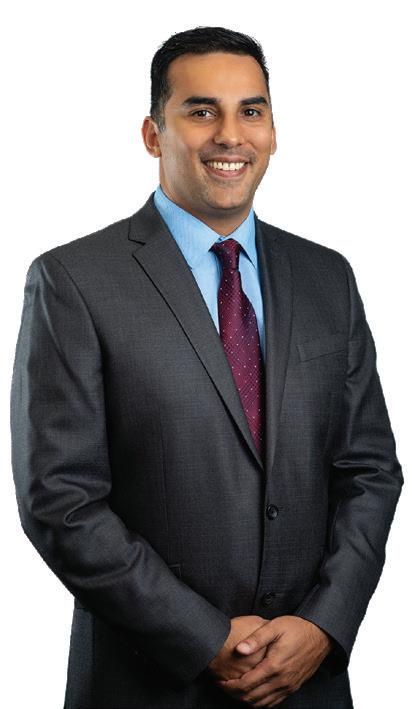







































































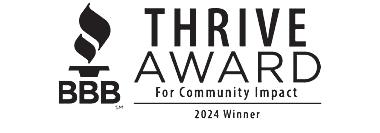





























































BY SCOTT MALFITANO
(DWDB) identifies solutions that expand the skills of Delaware’s workforce. The state competes with Philadelphia, Baltimore, Cecil County, Md., Washington, D.C., and New York City for talent, and success requires us to continually rethink how we do things. It is time for an honest evaluation to uncover what works and what doesn’t, followed by commitment to grow the former while unsentimentally dropping the latter. The key is boldness.
The following are key changes Delaware can make right now—think of them as a downpayment on such boldness.
Remove out-of-date hiring requirements. Governor Carney took a significant step by eliminating unnecessary degree requirements for around 350 state jobs. Our new Governor could build on this effort to foster a more inclusive and skills-focused workforce by issuing an executive order broadening this policy and using the governor’s platform to encourage businesses throughout Delaware to reevaluate their own degree requirements. A college degree confers no guarantee of competence or exclusive proof of intelligence and is often less relevant than work and life experiences.
Focus training dollars on where the jobs are. Delaware spends tens of millions of dollars each year on workforce training programs. We owe it to the taxpayers to ensure that every dollar is focused on where there is a job waiting at the end of the process. This means targeting high-growth industries and the thousands of in-demand but unfilled positions in our state. Training folks for shrinking industries and saturated job categories is an approach not befitting a truly competitive state.
Leverage successful initiatives in Delaware, particularly Delaware Pathways and the University of Delaware Co-Op program, to enhance student outcomes. Delaware Pathways provides high school students with academic and technical training alongside real work experience, helping them define their post-graduation plans—whether further education, apprenticeships, or jobs. Increased adult awareness and involvement are essential to expand this effort. The Lerner School of Business at the University of Delaware Co-Op program, launching in June, offers students course credit while gaining practical experience with local businesses, fostering connections that encourage graduates to remain in Delaware. Despite having over 24,000 students, many only know the state through the I-95 corridor. Expanding these programs can significantly benefit both students and the local economy.
Create a “hub” to facilitate success across the state. The state has a multitude of initiatives to enhance the workforce with state, federal, and private-sector funding. We often see multiple funding sources for the same programs. We need a “hub” or a centralized clearinghouse to better coordinate our financial investments, but we certainly do not need a new bureaucracy. The hub would logically fit within the Office of Management and Budget or the Department of Finance.
Enhance focus on the trades. The trades are a phenomenal opportunity. A college degree is not required and students entering a trade program can leave with no debt and high paying jobs with long trajectories for growth. Boldness requires speeding up the process. Today, Delaware’s ratio for a journeyperson to an apprentice is three-to-one. We need to break down legacy ways of thinking and flip that ratio. Our unions have a tremendous economic impact on our state and region, and we need to rethink ways to train and advance workers—many of whom will be future union members.
Move the DWDB to the Governor’s office. The Governor and heads of various state departments and agencies are members of the DWDB, and its initiatives serve almost every agency within our state. It only makes sense to do as other states have done and reposition DWDB from the Department of Labor to the governor’s office. This can streamline workforce initiatives, enhance coordination, improve efficiency, and maximize use of resources.
Coordinate talent and experience throughout the state. As the Delaware Business Roundtable’s Delaware Investment Agenda recommends, we need to “streamline communication with new and existing businesses and identify opportunities to meet workforce needs.” There is a tremendous opportunity for those engaged in economic development, educational institutions, and other key Delaware groups to highlight that we work as a unified team.
Delaware can act on these steps now, sparking a bold new era that propels our state to the forefront and makes it the model other states strive to emulate. n Scott Malfitano is chair of the Delaware Workforce Development Board.

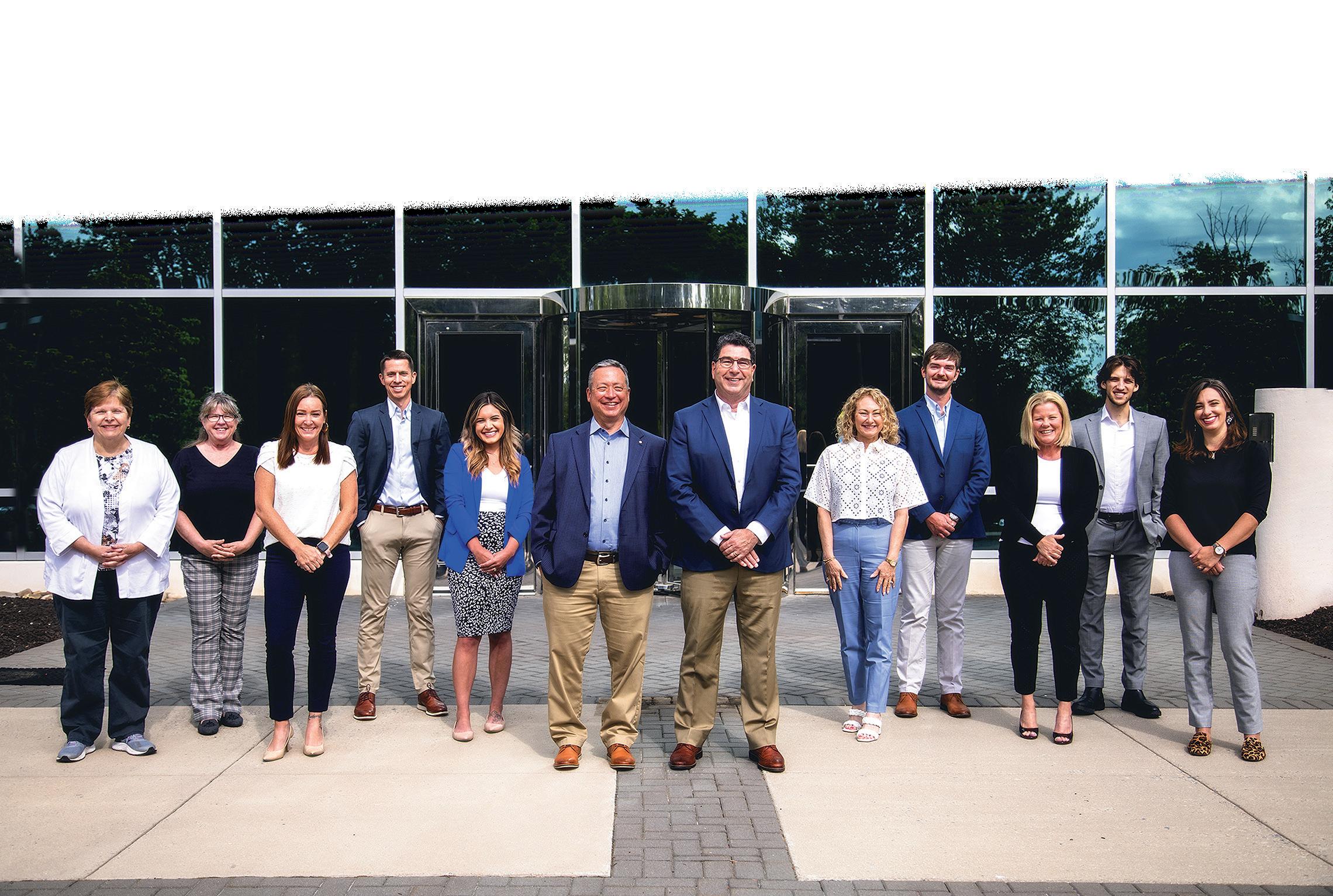

BY BRIAN FRAZEE
DELAWARE’S HEALTHCARE LANDSCAPE is evolving rapidly as we are the fifth-oldest and sixth fastest-growing state in the country. A quality, equitable, and robust healthcare infrastructure is needed to care for our uniquely aging and growing population.
To maintain its competitiveness for people who want to live, work, raise a family, or retire in Delaware, hospitals and other healthcare organizations need resources and support. This is essential to strengthen the workforce, ensure access to quality, affordable care, and advance health equity.
Delaware hospitals provide nearly $1 billion in community benefits every year. They invest in everything from charity care for Delawareans unable to pay for care, to providing healthcare to children at school-based health centers, and increasing access to food and housing for underserved Delawareans. These efforts are critically important to achieving our vision of a healthier population, which also helps prevent more costly care in the long run.
Rising healthcare costs continue to be a concern among Delawareans, policymakers, and the business community. These rising costs, primarily driven by inflation, pharmaceutical costs, workforce shortages, and other factors outside of hospital control, also threaten the competitiveness of our state. We need bold, comprehensive and collaborative solutions from all healthcare stakeholders that will help ensure more affordable healthcare while preserving access and quality. This includes every Delaware hospital’s continued support of value-based care arrangements as well as primary care and community benefit investments that help keep people healthy. Solutions that target hospital costs without addressing the rest of the
healthcare continuum will put our shared vision of a robust healthcare system in jeopardy. It means fewer community benefit investments that the state is unable to provide, less expansion of hospital infrastructure to accommodate a growing and aging population, and decreased ability to invest in the latest lifesaving healthcare technology. It would ultimately threaten our current U.S. News & World Report ranking of number two in the country for hospital quality.
As Delaware’s largest private-sector employer, hospitals directly provide over 25,000 jobs, support more than 48,000 jobs, and contribute $8 billion in economic output across the state. Hospitals are anchor institutions in their communities, supporting local economies while being open 24 hours a day, 7 days a week, 365 days a year to care for anyone who walks through their doors. They are an economic engine that contributes to Delaware’s reputation as a business-friendly state.
We can improve healthcare by working collaboratively with the new administration, General Assembly, all healthcare stakeholders, and the business community on innovative ways to reduce healthcare costs while maintaining and enhancing our competitiveness as a state with quality healthcare for all Delawareans. n
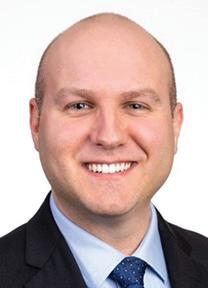
Brian Frazee is president and CEO of the Delaware Healthcare Association.
Prepared for the Corporate Transparency Act?
As of Jan. 1, 2024, over 32 Million companies are required to file Beneficial Ownership reports with FinCEN CT Corporation can help
Do you know:
• If your company is a reporting company?
• What information is required in BOI Reports?
• Which reporting dates apply to you?
See if you need to file and how CT’s secure and automated workflow can help streamline your compliance, whether you have one entity or hundreds.
Ctc.wolterskluwer.com/DEBusiness

BY A. KIMBERLY HOFFMAN, ESQ.
STATE ENVIRONMENTAL POLICY will impact Delawareans’ quality of life and the state’s ability to attract and retain high quality jobs for years to come. Existing businesses as well as new ones rely on a rational environmental permitting process with a tolerable timetable; even residential development normally cannot proceed otherwise. At the same time, Delaware remains at risk for climate change, and citizens demand preservation initiatives plus greater attention to environmentally stressed communities.
While many wondered about how the incoming gubernatorial administration will staff environmental agencies, as well as the probable fate of revised environmental justice legislation during the 153rd Legislative Session in Dover, Delaware now must address unprecedented uncertainty in environmental permitting, rulemaking and policy generally now that a second Trump term looms in January. Many of the national environmental laws, federal staff, and policies that presently intertwine with Delaware’s regulations and permitting processes may not last until Valentine’s Day. If Representative Lee Zeldin, the incoming administration’s pick to head the federal Environmental Protection Agency, carries out the portion of Project 2025 relating to the environment, the agency’s budget and personnel will undergo drastic cuts, including many career officials with institutional knowledge; climate and environmental justice initiatives will be shut down.
Below I discuss what that means for Delaware.
Delaware’s environmental laws and permitting processes will become more vulnerable to challenges and takings claims. Additional Trump judicial appointments will accelerate activism from the bench against environmental laws and administrative enforcement powers, including finding state environmental laws unconstitutional or exceeding legislative powers. The conservative Supreme Court had already weakened federal wetlands regulation and undercut Congress’s ability to delegate decisions to environmental agencies though a series of adjudications culminating in the Chevron decision. The combined legislative, judicial, and executive federal rollback on regulating emissions, wetlands, hazardous waste, species protection, floodplain, and the like will leave substantial holes in Delaware’s entire regulatory scheme—at all levels of government—because both state agencies and local governments often regulate in the areas of air, water, hazardous waste, and species protection pursuant to federal delegation.
The regulated community should leave the champagne corked, though. Businesses have justly criticized the State’s environmental permitting process due to is length, complexity, unpredictability, and stringency, even when the approvals sought relate to a public good like brownfield cleanup or installing scrubbers to improve emissions. But it’s the devil we know.
However, should Delaware attempt to “California-ize” state
environmental laws to fill federal gaps or withstand a federal legal assault, the state could end up with a lot of legal challenges and the need for substantial additional environmental personnel, without California’s budget to support that. California’s governor has already called a special legislative session to enact new environmental laws ahead of Trump taking office. Delaware could follow suit, as well as plan to join in some of the brewing Federal-state legal fights over environmental regulatory authority.
How might all this play out in real life? Take one topic, emissions. Delaware adopted some of California’s vehicle emissions standards in 2023. Presently 82% of new passenger vehicles sold in Delaware must be ZEVs by 2032, with the new rule being effective in 2027. Trump may repeal that program: “We want to end the Biden-Harris electrical vehicle mandate,” he said as recently as August 2024. Presumably the incoming Meyer administration will not want to give up Delaware’s approved emission standards. Disputes about Delaware’s authority to regulate emissions may lead to litigation, and hence regulatory uncertainty. Clashes seem equally inevitable over climate funding, species protection, water consumption and cleanliness, hazardous waste standards—the list is long.
We have one thing California does not: The Delaware Way. Delaware’s state and local governments, environmental activists, and business community should take this opportunity to collaborate on acceptable standards and reasonable permitting processes rather than assuming the
courts will become a functional, de facto environmental regulatory agency, or that the federal-state regulatory tug-of-war will end in a rational way near-term. This is not a time for overreach by any stakeholders. Focus on what actually works to improve the environment rather than giving the performance of doing so: realistic implementation and partnership.
The recent enforcement initiative to keep trucks off residential roads near the Port of Wilmington shows compromise can work. The trucking industry does not want drivers on residential roads anyway. Redirecting trucks reduces emissions in neighborhoods without having to engage on emissions standards. That kind of common-sense approach stays well within state and local government regulatory authority without yet another complicated program or regulatory scheme the state arguably will not have the bandwidth to effectively administer, especially without federal support.
This you can bank on: no one will get their entire environmental agenda or economic development agenda one way or the other. And things will get interesting. n


BY KELLY BASILE
WE NEED A BIG HAIRY AUDACIOUS GOAL—a BHAG. And while BHAGs come with the fear of change and discomfort of new, they also bring needed innovation and progress.
The state’s optimal location, favorable tax climate, and reputation for being the premier place of incorporation for business entities are just three things on a long list of reasons why Delawareans possess a lot of pride to be from the First State; and it’s true, our state really is a small wonder.
Delaware’s virtues need to be cherished, nurtured, and protected.
However, we are now at a crossroads between where we currently are and want to be. Take a wrong turn and we could potentially witness unintended results.
While there are a lot of resources to learn how Delaware compares, for simplicity I will reference CNBC’s Top States for Business, which scores all 50 states on 128 metrics across 10 broad categories of competitiveness. The First State ranks 44th for cost of doing business; 10th for economy; 27th for quality of life; 35th for technology and innovation; 45th for education; 14th for cost of living; and 26th for access to capital.
Delaware is in the middle of the pack—we’re not necessarily doing bad, but we could and can do much better.
Most important to note, Delaware fell 16 places—from an overall ranking of 18 in 2023 to 34 in 2024. To be frank, that is a large drop. That number is a strong message that we cannot coast and expect to be an upper-tier state for competitiveness year after year unless we continue to find ways to improve factors like cost of living, quality of life, and the cost of doing business.
This brings me back to the need for a BHAG.
For the better part of 2024, the Delaware State Chamber of Commerce underwent a strategic planning process that involved input from our members, stakeholders, strategic planning committee, and our board of directors. We’ve been listening to your feedback while taking a hard look at ourselves as an organization.
We also looked at our peers in other states. The very best state chambers identify challenges and problems, bring forward solutions, and
make lasting impacts. Delaware’s business community knows our state’s headwinds, and we know what needs to be done to improve some of them.
The missing piece is the actions that result in long-term progress.
Our BHAG: To make and sustain Delaware as a top state for job creation, economic activity, and quality of life. How we will achieve this: through the use of member-driven advocacy and political action to make Delaware a top state to live, work, and play.
Our members have spoken, and we hear you loud and clear. They are challenging us to go beyond sharing good ideas and focus on delivering results. While advocacy has always been a key pillar to our business model, we are doubling down. Our three-year strategic plan is designed to be a collaborative approach to addressing the state’s greatest challenges and making the First State a top choice for all.
To accomplish this, we will have to look a little different.
As part of our self-audit these last several months, we’ve asked hard questions of ourselves: Are our programs and events mission-centric? Do we clearly tell our story and accomplishments so members understand their return on investment? Are we holding policymakers accountable? Is the needle moving?
The answers to these questions have led to some shedding of old and preparing for new. If we want to innovate and solve large-scale problems, we must grow and adapt as an organization.
In our strategic plan, we will:
• Take good ideas—ones that perhaps already exist and others yet to be proposed—and serve as a proactive driver in the execution of shared solutions
• Make better use of our foundation to develop and implement established recommendations to address Delaware’s most challenging problems
• Grow as a well-run business with a commitment to high standards and sufficient resources to implement a long-term plan for the state’s economy
The number one thing that stands in the way of progress is the status quo. We are ready to move past that through our renewed commitment to Delaware as your state chamber. We invite you to play a role in shaping our state’s future. Will you join us? n
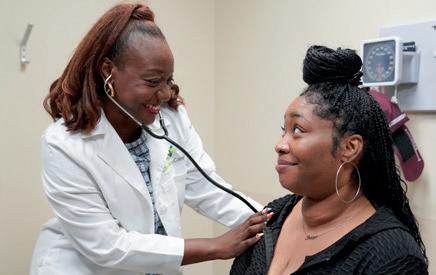



At ChristianaCare, over 14,000 diverse and highly talented professionals share the same goal: to serve our neighbors with high-quality, affordable and equitable care.
We’re proud to be among the best in the areas of patient safety, quality care, equity and innovation, recognized by Healthgrades, Newsweek, U.S. News & World Report and Forbes.
It’s our privilege to serve you — to meet your needs with boldness, curiosity and collaboration as we design health care that’s safe, effective, affordable and equitable, always striving to exceed your expectations.


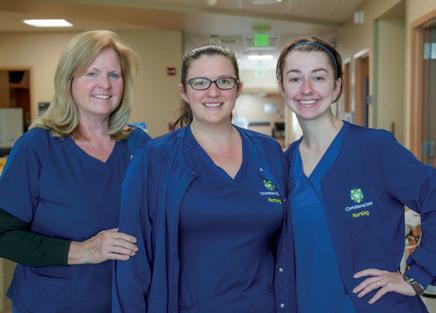
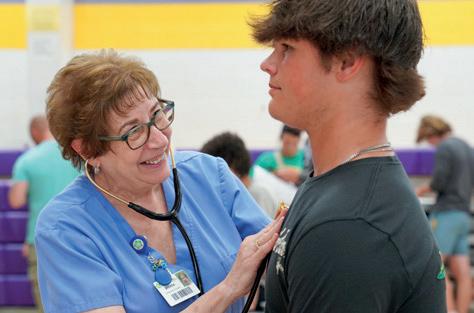
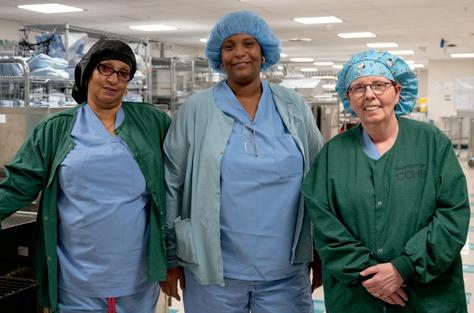
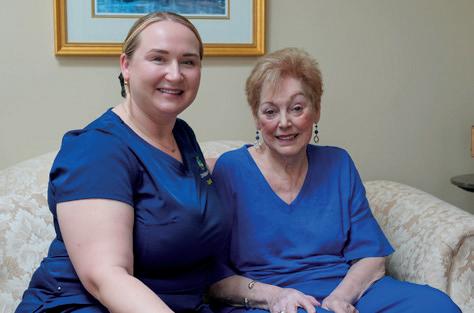


Ensuring Florida remains an attractive destination for businesses, residents, and students BY
as a top state for local business and a growing population hub is no accident—it is the result of deliberate policy choices made by our Governor and legislature, and outlined in the Florida 2030 Blueprint. These policies focus on maintaining a thriving economy while enhancing the quality of life for Floridians.
For example, the recent defeat of Amendment 3—a pro-drug proposal that would have been detrimental to local businesses, law enforcement, and the broader community—reinforces Florida’s commitment to preserving a balanced and prosperous environment and keep Florida, Florida. Below, we highlight three key actions that strengthened Florida’s appeal, and three pitfalls avoided to preserve its competitive edge.
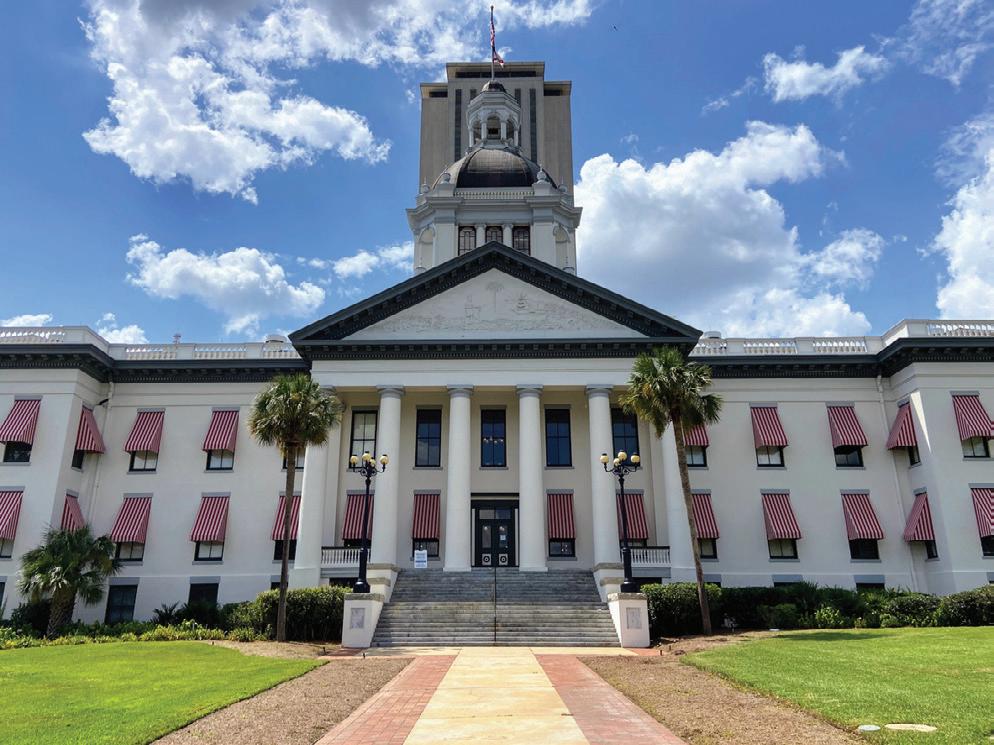
MARK WILSON
strating a balanced approach to workforce development.
Three Policies Avoided to Preserve
1. Streamlining Workforce Regulations (House Bill 433): Florida’s leadership addressed barriers to workforce flexibility by rejecting restrictive policies such as predictive scheduling and prevailing wage mandates that have proven detrimental in other states. This approach ensures Florida remains an appealing location for diverse industries, innovation, and talent.
2. Rejecting Excessive Tax Increases: Florida’s legislature steered clear of tax hikes, particularly on local businesses and property owners, instead opting to return more capital into local businesses, communities and economies through targeted tax cuts. This approach has fueled economic growth and kept Florida competitive on a national scale.
Three Actions Taken to Enhance Florida’s Attractiveness
1. Strengthening the Future of Work and Higher Education
Excellence: Florida is leading the charge in workforce development by addressing talent gaps and aligning education with industry demands. Through initiatives like Future of Work Florida, Florida emphasizes collaboration among business leaders, educators, and policymakers to prepare residents with in-demand skills. These programs not only prepare a robust talent pipeline but also position Florida as a key driver of economic growth and innovation
2. Tackling Lawsuit Abuse (House Bill 837): The passage of historic lawsuit abuse reform in 2023 improved Florida’s legal climate, reducing frivolous lawsuits, increasing transparency in lawsuit damages while tackling billboard lawyer windfalls and unfair divisions of liability. These changes lowered costs for businesses and families alike, enabling reinvestment in growth, communities and innovation.
3. Flattening Fiscal Cliffs: Addressing fiscal cliffs was essential for helping families transition toward self-sufficiency. For example, reforms in childcare assistance ensured families could maintain childcare, providing a pathway to stability and long-term economic partnership. These reforms also supported employers by widening the pool of reliable workers, demon-
3. Avoiding Government Overreach in Housing Markets: While addressing housing affordability, Florida rejected rent control measures that could hinder development. Instead, the focus remains on incentivizing affordable housing projects and streamlining zoning processes to meet growing demand.
Florida’s success lies in its strategic approach to policymaking—addressing challenges head-on while avoiding pitfalls that hinder growth elsewhere. As the top state for income migration and higher education, with the lowest debt per capita and the 15th largest economy in the world, Florida exemplifies the power of effective leadership. By balancing probusiness policies with initiatives that enhance quality of life, Florida has cemented its reputation as a place where local businesses thrive, families flourish, and opportunities for earned success abound. The Florida Chamber remains committed to its ongoing efforts to secure Florida’s future. n




IN 2022 AND 2023, CNBC announced North Carolina as its top state for business and though we came in second in 2024, it isn’t because we fell, Virginia just caught us.
But how does a state become the top state for business with the nation’s strongest economy? Certainly not without borrowing policy wins from other states, including Delaware.

More than a decade ago, North Carolina’s business community developed a long-term vision for our state that looks beyond political cycles to focus on the long-term policies needed to compete for jobs and investment. Vision 2030 is centered around three pillars: education and talent supply, a competitive business climate, and infrastructure.
For more than a decade, the NC Chamber has prioritized these focus areas together to achieve a strategic competitive advantage for North Carolina.
A skilled and educated workforce is the cornerstone of a strong, healthy economy. While the issue is weaponized politically, the business community has harnessed its efforts around building a skilled talent pipeline and achieving a competitive, diverse, and world-class workforce.
In the policy arena, that has included removing barriers to work through efforts around justice-involved individuals, child care, and housing.
The NC Chamber Foundation is implementing the U.S. Chamber Foundation’s Talent Pipeline Management® programming to engage local partners in employer-led collaboratives that coordinate workforce development solutions to meet the needs of businesses and their workers.
Tax often leads the competitiveness conversation and North Carolina is no different. A decade ago, the Tar Heel State’s tax system ranked 44th in the country—meaning that only six states had less-competitive tax codes than North Carolina. Today, that same ranking puts us at 11th in the country.
BY GARY J. SALAMIDO
Significant reforms were also completed in the areas of unemployment insurance, workers’ compensation, and the regulatory environment.
While Delaware has long been a leader for its business-friendly legal climate, North Carolina has worked to advance policy that is competitive with your state. As part of Vision 2030, the NC Chamber established the NC Chamber Legal Institute to serve as an organized voice for legal policy development and analysis, as well as develop legal strategies to protect North Carolina businesses at the legislature and in the courts.
The one area where North Carolina has never drifted from the leaderboard is its right-to-work status. Every person in North Carolina can pursue gainful employment without the requirement to join a union or pay union dues.
Sufficient physical infrastructure, including transportation, water and sewer, energy, and broadband, is key to competitiveness, particularly as North Carolina continues to experience rapid population growth.
Diversifying our revenue stream for key infrastructure investments has been a huge step in funding our transportation network. North Carolina is only second to Texas in its number of state-maintained roads.
The mission and vision of the NC Chamber are laser-focused on the state’s success. Every effort is about people. Jobs and a strong economy keep communities healthy. The NC Chamber team is focused on staying ahead of the competition. n

and CEO




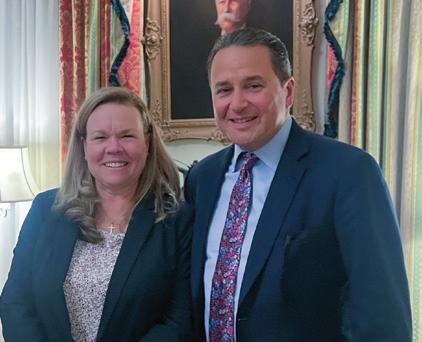
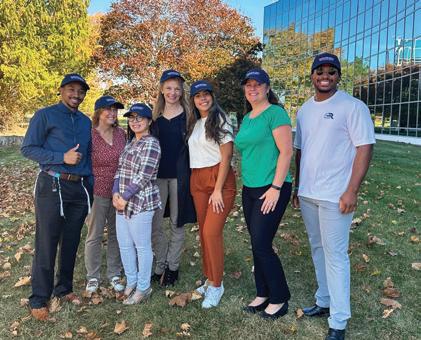
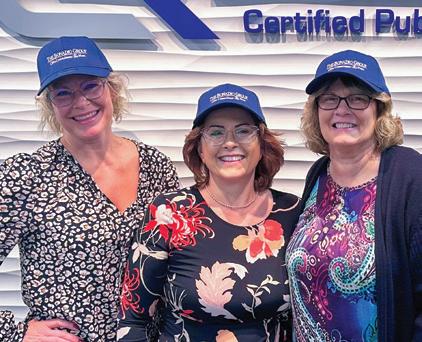
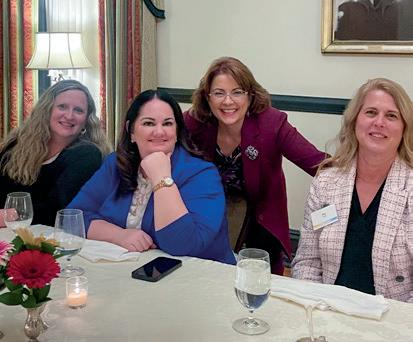



BY STEVE STIVERS
IN JULY, CNBC released its annual Top States for Business rankings, and Ohio was proud to place seventh overall. We also ranked second in cost of doing business and fourth in cost of living.
In 2023, Ohio ranked 12th overall, and in 2022, we were 15th. Our current position shows that we are steadily improving each year, and that’s not surprising: we know that Ohio is a great state in which to live and work. We have a low cost of living and a high quality of life, and our GDP is the seventh largest in the United States. We have had a number of big wins in the past few years with companies like Intel and Honda making significant new investments in our state, and that leads us to believe we’re doing something right.
In October 2022, the Ohio Chamber released our Blueprint for Ohio’s Economic Future, a long-term strategic plan that analyzes Ohio’s economic outlook and compares it to other states. The Blueprint identifies six key areas of opportunity for Ohio and outlines the steps we must take to improve them. In creating our own policy priorities, the Ohio Chamber looks first to the Blueprint and its recommendations.
In creating this report, we identified several key areas of improvement for Ohio. These areas of opportunity include education and workforce, sense of place, taxes and costs, business friendliness, innovation and collaboration, and infrastructure.
Each of these six levers plays an important role in making our state the best it can be. So far, the Ohio Chamber has had a strong focus on business friendliness. The Blueprint’s two primary recommendations for business friendliness were to expand the cleanup of regulatory policies and create efficiency and transparency of license and permit applications.
One of our policy priorities for the current General Assembly was to
streamline Ohio’s Administrative Code. This was accomplished through a bill that reduced up to one-third of Ohio Administrative Code through the targeting of duplicative provisions, outdated sections, and unnecessary requirements. Our government affairs staff worked closely with the legislature to ensure that this was accomplished.
We’ve also been focused on our state’s occupational licensing landscape, which is more complex and restrictive than many comparison states. Throughout this general assembly, we’ve worked on a number of bills that helped to reduce regulatory burdens associated with occupational licensing. Ultimately, we want to make it easier for people in Ohio to acquire certain licenses and for people moving to Ohio to start working immediately if they have a license or credential.
In 2021, in the data used to create the Blueprint, Ohio ranked 47th in business friendliness. When we worked to eliminate some of these unnecessary barriers, our ranking improved—this year, we ranked 24th. We certainly still have some room for improvement, but we are proud of what we’ve achieved so far.
Our next big focuses at the Ohio Chamber in 2025 will be in the policy areas of workforce, taxes, and energy. We look forward to improving upon these three metrics, continuing to rise in next year’s CNBC rankings, and making our state the best it can be for business owners and residents. n

Stivers is president and CEO of the


BY JOANNA STAIB
AS WE ENTER ANOTHER NEW YEAR, it’s a fitting time to reflect on the achievements of the Delaware Workforce Development Board (DWDB) in 2024 and look forward to the opportunities that 2025 will bring. This year has been marked by significant progress in workforce development, driven by an environment of transparency, fiscal responsibility, and accountability and a shared commitment to innovation, inclusivity, and strategic alignment with Delaware’s economic priorities.
This past year was a transformative one for DWDB as we focused on enhancing programs to better meet the needs of job seekers and employers. A key accomplishment was the launch of the Delaware Career Mobility app in partnership with Tech Impact. The app is a cutting-edge platform that connects individuals with access to real-time information on skills development as well as educational and training programs, making it easier for Delawareans to connect to programs and pursue new career opportunities in high-demand industries.
The Delaware Workforce Development Board undertook the critical task of a new Workforce Innovation and Opportunity Act (WIOA), a four-year state plan created in collaboration with stakeholders statewide to shape a cohesive strategy. This plan sets a foundation for strengthening Delaware’s workforce by aligning programs across key industries and agencies, advancing opportunities for all, and driving innovative solutions to meet current and future labor demands. The vision is to bring all workforce initiatives under one central hub, like the DWDB, to enable a true collaborative systems approach. The key to this approach is to align education, industry, and community partners to create a more integrated and responsive workforce development ecosystem.
Looking further into 2025, the DWDB is committed to deepening the collaboration between the public and private sectors to ensure that Delaware remains a hub for innovation, workforce excellence, and economic development. This means expanding our business engagement efforts, particularly in high growth, high demand sectors like construction and skilled trades, health care, financial technology (fintech), logistics, and clean energy, which are expected to grow significantly in the coming years.

A primary focus will be on further integrating technology into the workforce system. As automation and artificial intelligence reshape industries, the DWDB will collaborate with educational institutions and employers to create curricula to equip workers with the essential digital skills for the future. Additionally, the Board is developing a benefits cliff tool, with the support of Tech Impact, to help individuals make informed decisions about career advancement while understanding how increased earnings may impact their public assistance benefits. This tool will assist caseworkers, frontline staff policymakers, and business leaders to better understand how wage increases or promotions could affect benefits.
An exciting development on the horizon is the scaling of work-based learning opportunities. By strengthening partnerships with Delaware businesses and educational institutions, we plan to increase apprenticeships, co-ops, and internship positions. These opportunities will not only benefit young professionals entering the workforce but also mid-career workers looking to pivot into new industries.
The DWDB will continue to ensure that all Delawareans have access to the resources and support they need to thrive in today’s economy. We will enhance efforts that specifically address the barriers faced by underserved populations, including rural communities, the justice-impacted, veterans, and individuals with disabilities.
The DWDB is pleased with the progress made and excited about the future. By continuing to innovate, collaborate, and prioritize transparency and accountability, we are confident that 2025 will be a year of even greater success. Together, we will ensure that Delaware’s workforce remains competitive, resilient, and ready to meet the challenges of tomorrow. n
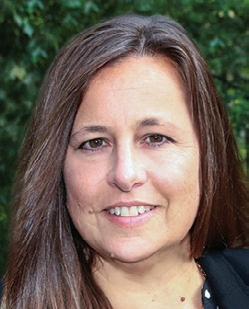



BY BRAD TURNER-LITTLE
WHEN CONGRESS PASSED the Infrastructure Investment and Jobs Act in late 2021, it made a generational investment in, among other things, our nation’s physical transportation infrastructure. At the time, one in five miles of highways and major roads across our country needed repair; nearly 45,000 bridges needed it as well.
I recall stories of roads cracking and bridges even collapsing under the weight of the many cars, trucks, and buses using them every day to commute from home to school or work, get to the ball field for Little League games, attend worship, or go on vacation or shopping. I know I’ve tried to avoid my share of potholes on my way to work; I’m sure you have too.
Having a usable, reliable transportation infrastructure is essential for our daily lives, and while we often take it for granted, it takes investment of time, money, and resources to maintain it.
The same is true for our nation’s public workforce development infrastructure. You may not be familiar with it, but every state has one or more workforce boards—comprised of business, community, and government leaders—which focus on building and maintaining the infrastructure needed to support business’ talent needs in that region. They work together to discern how new upskilling programs could help businesses compete more effectively, just like transportation planners decide when a new roundabout needs to be added to help commuters get from place to place more easily.
Workforce boards determine how new training programs can help people who have not previously participated in the labor market gain the skills needed to land jobs and build careers, much like how adding a new on-ramp or off-ramp to the interstate makes it easier for people to access. And workforce boards support jobseekers in finding opportunities
both for work and skills-building so that they can navigate the workforce development infrastructure to meet their career goals—just like we use Google Maps to find our way to new locations we’ve not visited before.
In Delaware, Delaware Works is the operational name for the workforce board. As it works to build and maintain the state’s workforce infrastructure, it’s focused on four areas:
• Prioritize sectors: investing in training workers for the sectors that have high growth and high demand and will make the greatest impact.
• Raise the bar: increasing the educational attainment to 60% of the working-age population earning a post-secondary credential.
• Increase alignment: breaking down barriers and bridging the gap between training/learning and the needs of businesses.
• Expand opportunity: dramatically reducing the gaps in opportunity that exist today based on race and ethnicity.
I applaud the leaders in Delaware for focusing their efforts to not just maintain the state’s workforce infrastructure, but also improve its ability to help talent and business connect more easily.
Investing in our nation’s workforce infrastructure is just as important as our physical infrastructure. Doing so helps all of us get to where we want to go more easily—work that provides for ourselves and our families today and into the future. n
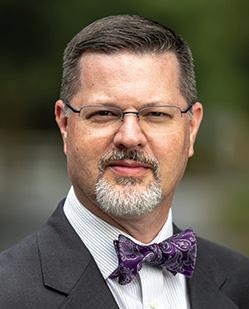
Brad Turner-Little is president and CEO of the National Association of Workforce Boards (NAWB).

RE-OPENING IN FEBRUARY
Compete for grant funding through the next round of our EDGE (Encouraging Development, Growth & Expansion) initiative. It’s a great way to help your small business start or grow!


BY NEIL BRADLEY
DELAWARE IS THE INCORPORATED HOME of 68% of Fortune 500 companies. In 2023, 80% of America’s businesses going through an initial public offering chose Delaware as their corporate home. Entity and franchise taxes generate around $2 billion in revenue for the state each year, representing one of the state government’s largest revenue sources. All of which makes the tax debate that is about to unfold in Washington, D.C., of utmost importance to Delaware.
Companies overwhelmingly choose Delaware because the state prioritizes maintaining an updated body of corporate law that reflects how businesses operate today. Delaware also has a Court of Chancery where judges with expertise in corporate operations resolve disputes in an equitable manner.
Just as companies have a choice to incorporate in Delaware, companies that operate globally have a choice about whether to incorporate in the United States or in another country. For decades, this was a no-brainer. America’s legal system, capital markets, protection of property rights, and competitive tax code meant that companies wanted to call America home. That began to change in 1994 when a steady stream of companies began trading their U.S. headquarters for an overseas address. Known as a corporate inversion, over 50 major U.S. companies reorganized from being American to being foreign between 1994 and 2015. In addition, when a U.S. company and a foreign company merged, they increasingly located the newly merged company in the foreign country.
Corporate inversions were driven by one thing: America’s uncompetitive tax code. From 2003 to 2017, the U.S. had one of the three highest corporate tax rates in the industrialized world—and for several years, we had the highest. While other industrialized nations dropped their average corporate tax rate from 32.3% in 2000 to 24.2% in 2017, the U.S. rate was a constant 39%. To make matters worse, unlike almost every other industrialized economy, the U.S. taxed its companies on the income they earned worldwide, not just the income earned in the home country.
In short, the U.S. tax code punished companies for being American.
That all changed in 2017, when, after years of debate, Congress passed the most comprehensive tax reform legislation since 1986. Among other things, Congress lowered the federal corporate tax rate from 35% to 21%, introduced full expensing for certain capital investments, and substantially reformed the U.S. international tax system. It was like someone flipped a switch, and since the 2017 reforms, there has not been one single taxinduced corporate inversion.
That has been good news for America, but also for Delaware, America’s corporate hometown.
Unfortunately, many of the reforms enacted in 2017 will expire at the end of 2025, and some elected officials are pushing to raise the corporate tax rate to 28%, moving America from having a tax rate in the middle of the pack of industrialized nations back to having one of the highest. The collective impact of these changes is entirely predictable: a return to chasing companies out of the United States.
Even though over 55 million Americans work for corporations and higher taxes for corporations mean higher prices for consumers and lower wages for workers, corporate taxes don’t get much attention on the campaign trail. Corporate taxes, like corporate law, are complicated. This is why Delaware and its congressional delegation have a unique role to play in the upcoming congressional debate, for as much as there is at stake for America, there is even more at stake for Delaware, America’s Corporate Capital. n

Neil Bradley is the executive vice president and chief policy officer at the U.S. Chamber of Commerce.
Beebe Healthcare is a proud member of the Jefferson Health Neuroscience Network. Powered by the latest innovations in telemedicine specially designed for acute stroke care, this partnership enables us to leverage our expertise as a certified* advanced primary stroke center with the world-class skills of Jefferson’s team to quickly and safely diagnose any patient and decide the best course of treatment when minutes matter most.
*Recertified by the Joint Commission and The American Heart Association in 2023






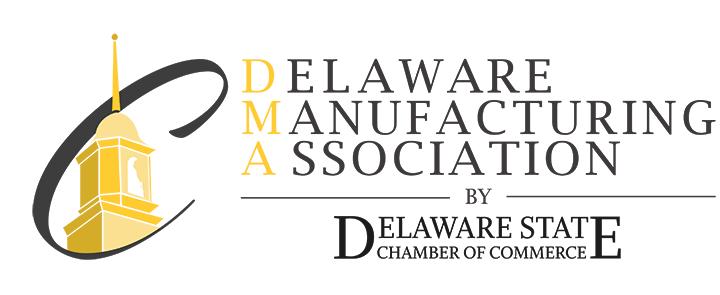

BY TYLER MICIK
2024 WAS AN EXCITING TIME for the Delaware Manufacturing Association (DMA), an affiliate of the Delaware State Chamber and National Association of Manufacturers (NAM). The DMA strives to enhance the competitiveness of Delaware manufacturers; serves as manufacturers’ advocate at the state and local government level; advises the State Chamber on topics that specifically impact manufacturers such as government regulation, trade, and tax policy; and sponsors events focused on manufacturers’ needs.
The DMA’s signature event is the Spring Manufacturing and Policy Conference. The half-day conference was held at Delaware Technical Community College’s Terry Campus in Dover and featured keynote remarks from Governor John Carney and Ryotaro Tashiro, outreach economist and advisor at the Federal Reserve Bank of Philadelphia.
The event highlighted how demographic changes overseas, the rise of artificial intelligence, and supply chain disruptions, among other factors, have led to a reevaluation of production strategies, including the need to invest in local solutions. Given Delaware’s central location and established infrastructure, it’s perfectly positioned to become a leader in manufacturing both locally and around the world with the right investments.
A highlight of this year’s conference was the announcement of the inaugural Coolest Thing Made in Delaware. Structured in a bracket format, the competition was narrowed down through public online voting and featured
over 50 products from 40 companies across the state. After nearly 20,000 casted votes, Hologic Inc.’s 3Dimensions™ Mammography System was announced as the winner and received a custom-made metal trophy.
The DMA looks forward to holding the Coolest Thing Made in Delaware contest again this year. The contest helps bring to light all the cool products, like chemicals, chicken wings, aircraft parts, space suits, and so much more, that are made right here in the First State and used globally. More importantly, it shows the significant impact the manufacturing industry has on the state. According to the latest data from the NAM, Delaware’s manufacturing sector employs around 26,000 people across over 600 manufacturers; and on average, manufacturing employees earn $91,886 annually. Additionally, $4.9 billion worth of goods were exported from Delaware in 2023.
At a Manufacturing Day event hosted at M. Davis & Sons in October, U.S. Senator Chris Coons shared: “Manufacturing jobs are good jobs. They are higher-quality jobs; they pay better, they have a better secondary impact on our community, and we cannot be a strong nation and a globally competitive nation if manufacturing isn’t stronger.”
We couldn’t agree more with this sentiment and it’s our hope that policymakers will put forward proposals to strengthen the industry and support the hard-working Americans who make all the cool things we use each and every day. n




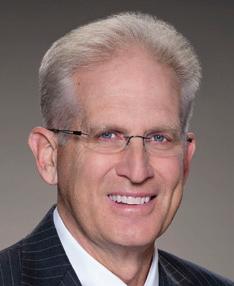

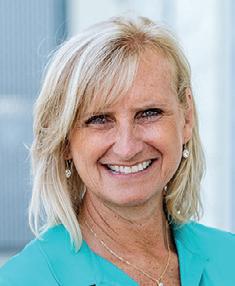

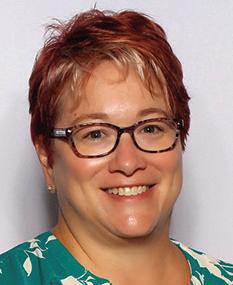

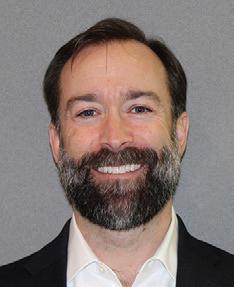
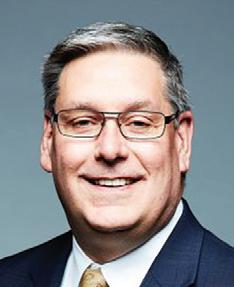



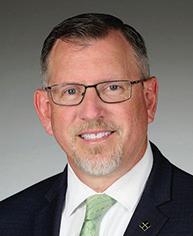
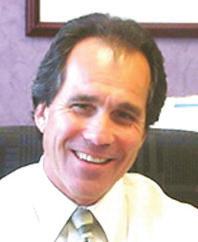

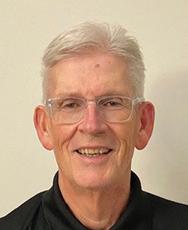


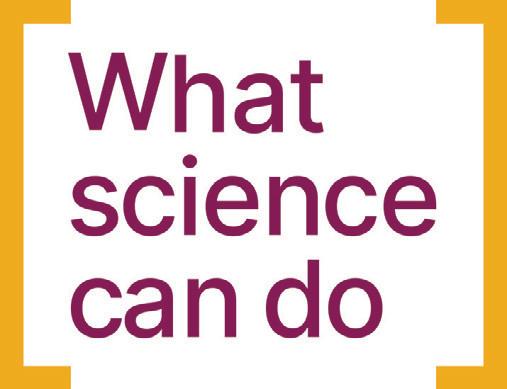
What science can do is a celebration of our shared curiosity about the limitless possibilities of science.
In short, all of us at AstraZeneca are here for good reason. Because we believe that when we work together, we can help transform lives and create a healthier planet. And whatʼs more powerful than that?
Change lives. Thatʼs what our science can do.

Through cutting edge research and technologies, AstraZeneca is focused on drug discovery, development, and life-cycle management. Our innovation is improving public health and changing lives, with a commitment to launching at least 20 new breakthrough medicines by 2030.


BY MATTHEW SHAY

ELECTIONS ARE ALMOST ALWAYS about the economy, and this one was truly a “cost-of-living election.” While the rate of inflation came down last year, the mental and emotional toll of three years of inflationary spikes remains deeply ingrained in the American psyche. Although it’s too soon to predict the election’s long-term economic impact, growth in wages and salaries should support a steady pace of spending.
2025 brings a new administration and a new Congress. President Trump was elected to his second term and the Republican party won control of both chambers in Congress. The National Retail Federation (NRF) is prepared to work with the new administration to advance policy priorities focused on tax, trade, and regulatory reforms that will enhance America’s competitiveness, boost domestic investment, and create jobs.
There will be a renewed focus on trade policy with proposals to establish or expand broad-based, non-strategic tariffs on imports that could reduce consumer spending by as much as $78 billion annually. Since 2018, broad tariffs on Chinese imports have been implemented and expanded under two presidential administrations, costing American importers more than $235 billion in the last six years.
A tariff is a tax paid by the U.S. importer, not a foreign country or the exporter. This tax is ultimately paid by consumers through higher prices. A recent study released by NRF looked at the impact of the proposed universal tariff (10%-20% on all imports) and the proposed 60%-100% tariff on China imports on six key retail categories. In the most extreme scenario, total average tariffs would exceed 50% for all categories examined. This
would have a significant and detrimental impact on the cost of a wide range of consumer products sold in the United States, driving prices higher than many customers would be willing or able to pay.
A growing body of economic research concludes that these tariffs would have a net negative impact on the U.S., with households shouldering an additional $7,600 in costs annually. China and other trading partners must live up to their trade commitments, but punishing U.S. consumers, workers, and businesses with non-strategic financial penalties in the form of tariffs is not conducive to American competitiveness. Instead, we should pursue constructive, bi-lateral or multi-lateral engagements with our trading partners to maintain our economic momentum and build on current growth.
Retailers look for ways to diversify their supply chains and provide increased value to their customers. NRF is committed to pursuing a trade policy that holds our trading partners accountable, enhances U.S. competitiveness and protects American households from inflationary price increases on everyday household goods, and will continue leading the retail industry’s voice in these public policy debates. n
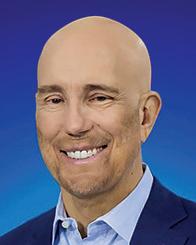


BY TYLER MICIK
THE DELAWARE RETAIL COUNCIL (DRC) is an affiliate of the Delaware State Chamber and National Retail Federation (NRF). The DRC’s mission is to support and improve the retail climate in Delaware and serves as retailers’ advocate at the state and local government levels. The group meets frequently throughout the year to discuss and help solve challenges retailers are facing and advise State Chamber leadership on retail issues.
According to the NRF, the retail industry is the largest private-sector employer, supporting more than one in four jobs, or 55 million American workers. In Delaware, the industry supports around 166,000 jobs and has a $5.8 billion direct impact on Delaware’s GDP.
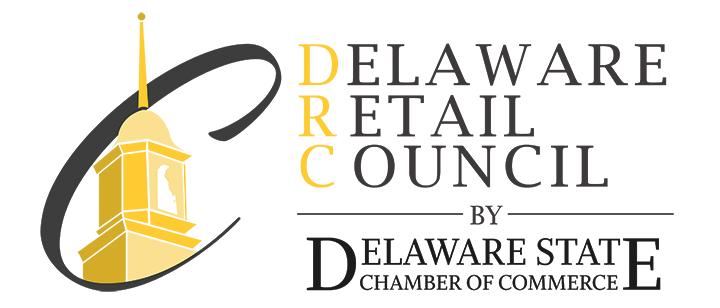

These numbers demonstrate that the industry is strong. One common misconception is that brick-and-mortar stores are disappearing with the rise
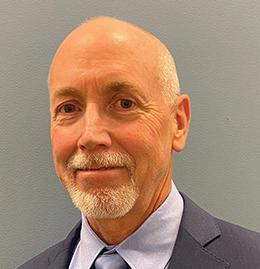
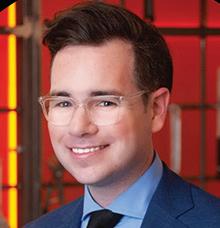


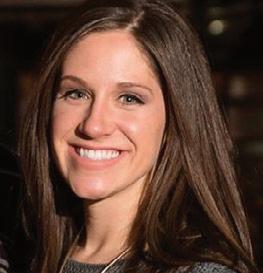

and continued growth of e-commerce. The reality is, 80% of all shopping still happens in stores. E-commerce levels peaked at 19% at the start of the COVID-19 pandemic in April 2020 and shrank to 15% by the end of 2021— signaling that stores are still an integral part of the consumer shopping experience. Retailers are taking notice and are evolving to meet consumer demand by offering things like ship-from-store and in-store pickup. In some cases, retailers are opening new stores because research suggests it can increase traffic to their website by 37%.
Retail is an ever-evolving landscape. However, consumers still want the product they’re looking for at the best price, and they have more options than ever.
While this is good news for consumers, it can be bad news for some existing brands or startups looking to enter the market.








Aside from competition, retailers face other challenges including material shortages, delays in supply chain, and increased fuel and labor costs. For example, there’s almost two job openings per unemployed person in the U.S.—leading to significant wage increases and higher costs for retailers.
In 2025, the DRC hopes to work with policymakers to address these challenges and support policies that improve the retail sector. One issue the DRC will continue prioritizing is combating Organized Retail Crime (ORC).
The NRF estimates retailers lost $112 billion in “shrink”—or inventory—in 2022, which is up from $93 billion in 2021. While this includes other types of loss, theft makes up about 65% of total shrink. But ORC is not solely a monetary issue, it’s a public safety one. Everyone wants to feel safe in a store, whether you’re a consumer going shopping or a retail employee reporting to your shift. By working together with the Attorney General’s office, the courts, police, and policymakers, we can combat issues like ORC.
Jeff Bezos once said, “We see our customers as invited guests to a party, and we are the hosts. It’s our job every day to make every important aspect of the customer experience a little bit better.” Similarly, the DRC views our members as guests, and we are the host. It’s our job to bring retailers and policymakers together to support and strengthen the retail industry in Delaware. n

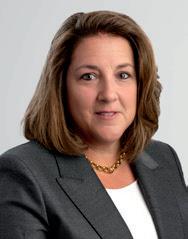


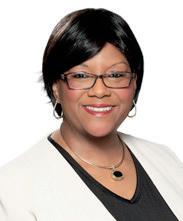
“A
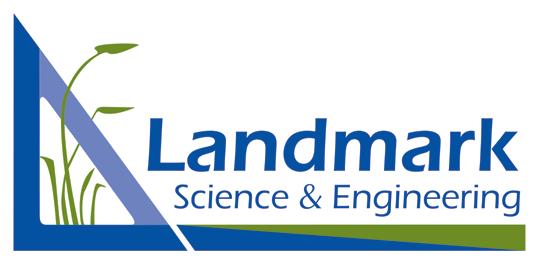


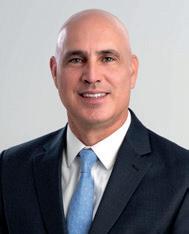
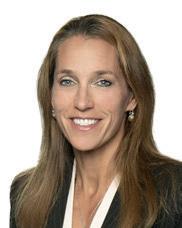
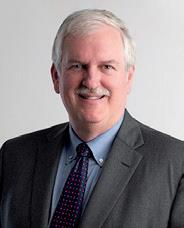




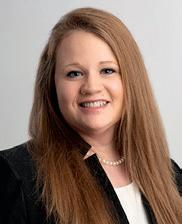



BY HELANA RODRIGUEZ
“WORKFORCE DEVELOPMENT.” It’s a phrase you hear everywhere—and for good reason. Employers across Delaware are feeling the pressure as the challenge of finding skilled talent grows and the demand for immediate solutions intensifies. We hear you—businesses need workers now. But what does workforce development really mean?
At its core, workforce development is about more than just training programs or hiring strategies. It’s the most powerful long-term solution to the talent challenges employers face today. It’s not just a buzzword or a box to check; it’s about building a pipeline of talent that addresses today’s needs while preparing for tomorrow’s demands. It thrives on collaboration—connecting educators, employers, and policymakers to align skills training with real-world opportunities. It’s investing in a system where businesses thrive, workers grow, and communities prosper. While it’s not a quick fix, the results speak for themselves. We, as a business community, need to dig deeper and commit to laying the foundations now for a stronger economy tomorrow.
tomorrow’s workforce requires intentional collaboration today.
This commitment is evident in programs like Delaware Principal for a Day, which showcases how partnerships can drive real change. Earlier this year, John Gooden, president of M. Davis & Sons, spent a day at John Dickinson High School. He didn’t just observe; he engaged with students and educators, learning about their goals and challenges.

This vision drives the work of The Partnership, Inc., which unites educators, employers, and policymakers to inspire and deliver lasting solutions. A standout example is this year’s Navigating Delaware Pathways: Workforce Development Summit, a new program under The Partnership that set the stage for collaborative action. With over 300 cross-sector attendees, the summit demonstrated the power of a systems approach to workforce development, aligning schools and employers to prepare students for in-demand careers. Through dynamic sessions and action-oriented discussions, one message resonated: building
The impact didn’t end there. Inspired by the experience, Gooden invited 25 students to tour M. Davis & Sons’ fabrication facility, giving them a firsthand look at career opportunities in advanced manufacturing. For many students, it was a pivotal moment—seeing how classroom learning connects to high-demand jobs. This kind of intentional industryeducation partnership is exactly what Delaware needs to build a resilient workforce.
Looking ahead, we’re entering an exciting new chapter. Guided by a threeyear strategic plan, we’re
expanding our mission to tackle Delaware’s biggest challenges through a policy and research lens. This shift focuses on long-term workforce development solutions, addressing skills gaps, industry-specific training, and regulatory barriers.
As part of this evolution, The Partnership will now be known as the Delaware State Chamber Foundation. This rebranding represents a bold step forward, reflecting our unwavering commitment of connecting people to solve problems, drive meaningful change, and foster sustainable growth for Delaware. We look forward to bringing all parties to the table to engage and empower Delaware’s employers and employees in shaping a more prosperous future. Together, we’re building a stronger tomorrow. n


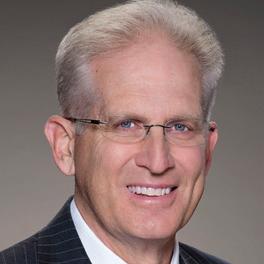

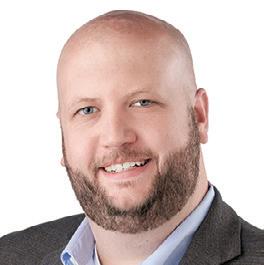



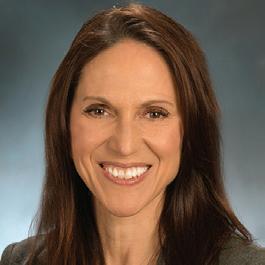


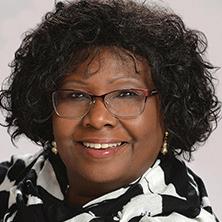

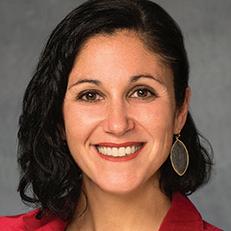
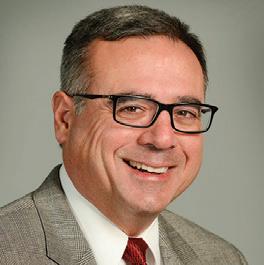

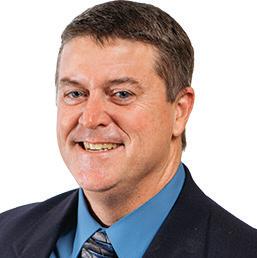







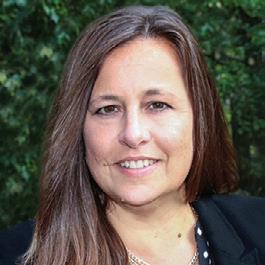


Delaware Prosperity Partnership (DPP), the lead statewide economic development organization for Delaware, and the Port of Blyth (PoB), a leading offshore energy base in the North East of England, have signed a cooperative agreement to leverage the strengths of both organizations to foster innovation, facilitate market expansion, and enhance workforce capabilities in both Delaware and Blyth.
The five-year memorandum of understanding (MOU) outlines areas of action for a partnership that will enhance the visibility of both DPP and the Port of Blyth while also supporting economic growth for Delaware and the North East of England. The agreement aims to drive mutual benefits through potential economic development, knowledge sharing, promotion and consulting services.
“The Port of Blyth is one of the leading ports in the world that really know how to handle companies in the energy transition space, and DPP is eager to tap into its expertise,” said Kurt Foreman, president and CEO of DPP, who attended the signing virtually. “Formalizing our cross-Atlantic relationship will allow DPP to leverage the port’s considerable capabilities and experience and enhance our ability to assist companies from Delaware and abroad, build further connections and, where possible, aid in creating more jobs and more revenue both here and overseas.”
“We look forward to working together with DPP to share best practices and explore new markets,” said PoB CEO Martin Lawlor. “The signing of the MOU reflects a strong commitment to building a collaborative framework that prioritizes mutual benefits, innovation, and sustainable growth for both the Port of Blyth and DPP.”
In a pivotal move for the “moving outof-home” (OOH) advertising industry, StreetMetrics and Carvertise announced an expanded global partnership, allowing Carvertise to leverage Streetmetric’s impression tracking technology and methodology to provide near real-time impression tracking on all wrapped rideshare vehicles, across all active advertising campaigns. It now empowers OOH advertisers with an unparalleled level of precision and granularity they could only previously expect to find in digital advertising.
“By embedding StreetMetrics’ technology into our entire fleet, we’re not just adding a new tool to our toolkit; we’re challenging the notion of how real-time and reality-based impression tracking should be in the OOH industry,” said Mac Macleod, CEO of Carvertise. “This is about giving our clients near real-time, actionable insights that help them optimize their campaigns in ways that weren’t possible before. It’s no longer enough to simply execute.”
“Carvertise is redefining accountability in moving OOH advertising,” said Drew Jackson, CEO of StreetMetrics. “With our technology, they’re not just participating in the shift toward near real-time measurement—they’re leading it. Advertisers will have the ability to see live interactions with their campaigns, when, and where. This level of transparency is unprecedented in the OOH space, and we’re thrilled to be part of this industry-wide transformation.”
Energize Delaware and The Food Bank of Delaware unveiled a fleet of four electric vehicles and accompanying EVs.

The $300,000 investment from Energize Delaware enables the Food Bank to replace four aging, gas-dependent vehicles and reduce its carbon footprint.
“We are incredibly grateful to Energize Delaware for this meaningful investment in our mission,” said Food Bank of Delaware President and CEO Cathy Kanefsky. “These electric vehicles will help reduce travel costs as we increase our outreach in vulnerable communities who have been disproportionately impacted by both the pandemic and inflation. From a long-term perspective, these vehicles demonstrate our shared commitment to environmental sustainability.”
Charging stations, available at both the Food Bank’s Newark and Milford facilities, are available at no cost to community members who need to charge their electric vehicles.
Catholic Charities of the Diocese of Wilmington received a generous $10,000 grant from Citizens Bank in support of the Basic Needs Program. This funding will enable Catholic Charities to continue its mission to assist low-income individuals and families in reducing poverty, preventing homelessness, and encouraging self-sufficiency through financial assistance, case management, and referrals to community resources.
With rising costs in the current economy, many individuals and
families are at risk of eviction, foreclosure, or utility disconnections. Catholic Charities’ Basic Needs Program was created to provide a short-term safety net for families who are experiencing a financial crisis, which could be related to a medical emergency, mismanagement of debt, sudden underemployment or unemployment, or other causes. This program provides vital support and hope while also offering pathways toward financial stability and support for those most in need.
“Catholic Charities is grateful for Citizens Bank’s partnership and commitment to building a stronger, more resilient community for all,” stated Executive Director Ruth Anne White.
Brandywine Valley SPCA (BVSPCA) is thrilled to announce a new partnership with DC Health aimed at enhancing and modernizing animal services in the nation’s capital. BVSPCA will
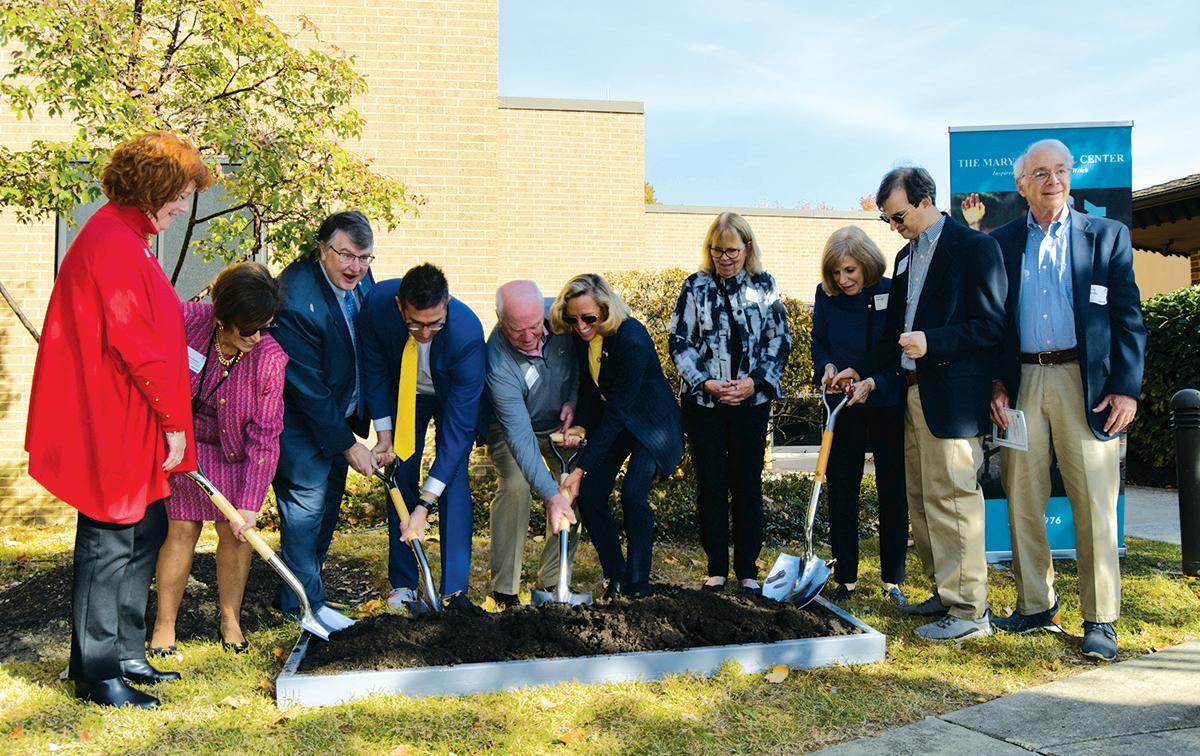
The Mary Campbell Center (MCC) broke ground on a $7.35 million resident room renovation and EZee Street addition project. The project includes the first major renovation of resident rooms since The Center’s founding in 1976, and construction of a one-story, four-room residential pod and nurse’s station.
“This is truly transformational for The Center,” said Executive Director Kathy Ardekani. “While some resident rooms have been renovated, the majority (42) have not been fully overhauled since our building opened.” The room renovations will include new flooring, cabinetry, furnishings, lighting, HVAC, insulation, and medical equipment to improve resident comfort and safety; communication equipment and entertainment systems will also be upgraded. The new addition will house a thriving short-term respite care program, and with its independent HVAC system and fully equipped medical components, can be converted to an isolation wing in the event of a protracted infection outbreak.
take over all animal control, care, field, medical, and stray services, as well as adoptions for Washington DC.
BVSPCA’s expertise in animal care and control will be instrumental in
ensuring compassionate service for animals in DC.
“Brandywine Valley SPCA has been a great partner in shaping a vision for the future of animal services in DC,”

Beebe Healthcare has acquired Cape Pharmacy and officially took over operations on November 1, 2024.
“A beloved local business, Cape Pharmacy will remain part of the community, while Beebe strategically enhances pharmacy services for Sussex County,” said Bill Chasanov, DO, MBA, FACP, senior vice president, chief health systems design officer. “This new endeavor offers Beebe the opportunity to offer a full-service outpatient pharmacy that is seamless for our patients, team members, and community.”
Under Beebe, the continuum of care will improve for patients and customers with the services that can be offered by Cape Pharmacy. One example is how hospital inpatients will be able to receive their medications at discharge, creating a more convenient and smooth transition from hospital to home.
Current Cape Pharmacy team members are transitioning to Team Beebe and look forward to continuing the same focus on safety and quality that has been provided for more than a decade.
Cape Pharmacy was started in 2000 and was purchased in 2013 by Pat Caroll-Grant, RPh, and Joli Martini, PharmD. Under their leadership, Cape Pharmacy has served the community by providing prescription and nonprescription medications, comprehensive medication management, and specialty medication packaging. There is a compounding section for pediatric, adult, and veterinary patients, while providing a delivery service to the community as well.
said Dr. Ayanna Bennett, director of DC Health. “I’m excited to work with them to revitalize our animal services program and bring Mayor Bowser’s vision of a new, expanded DC Animal Shelter to life. Our mission is to ensure safe, high-quality care for all animals while establishing sustainable solutions for years to come.”
“We are proud to bring our expertise in animal care, progressive sheltering policies, and lifesaving programs to the nation’s capital,” said Adam Lamb, CEO of Brandywine Valley SPCA. “I want to personally thank Mayor Bowser, Dr. Bennett, and the entire DC Health team for supporting this quick transition as we work together to expand and modernize the overall level of care and services for animals and pet families in the District.”
Navient has been recognized by The Forum of Executive Women as a Champion of Board Diversity. This award annually honors the top public companies in the Philadelphia region with boards comprised of at least 30% women.
The Forum of Executive Women’s annual Women in Leadership Report, a collaboration with PwC, provides an annual examination on diversity in the boardrooms and executive suites of the top 100 public companies in the Philadelphia region.
This year, a record number of Champions of Board Diversity were recognized – with 46 companies receiving the designation, up from 37 organizations in the year prior. The Champions of Board Diversity were celebrated at an event in November, featuring a keynote by Mary Purk, a visionary in the AI space.

Welcome to our comprehensive heart and vascular center, built on innovation and home to one of the most experienced, skilled cardiovascular teams anywhere. Here, we’re committed to keeping every aspect of your heart healthy and treating it when it’s not. From heart emergencies to the latest in valve and vascular care, we’re here when you need us most, ready to help without missing a beat.


Robert L. Byrd, Partner (302) 530-4531 · Robert.Byrd@byrdgomes.com
Rebecca Byrd, Esq., Partner (302) 690-4992 Rebecca.Byrd@byrdgomes.com
Kimberly Gomes, Partner (302) 530-9093 · Kim.Gomes@byrdgomes.com
Carrie Cole, Operations (302) 757-8300 · Carrie.Cole@byrdgomes.com

(302) 757-8300 phone (302) 322-6000 fax www.byrdgomes.com

Did you miss the Chamber Chatter online? Here are some posts about us on social media...


@Delaware State Chamber of Commerce
@DelawareStateChamber


@DEStateChamber

Chanell Autrey:

This week, I met with Delaware Attorney General Jennings and discussed ongoing efforts to combat organized retail crime. With nearly two dozen individuals representing large and small retailers, we had a productive conversation on continued collaboration. A huge thank you to the Delaware State Chamber of Commerce/Delaware Retail Council for coordinating and hosting the meeting.
Delaware Business Roundtable: “I started as a shop boy at my dad’s company and now we’re five generations strong.”
Congrats DiSabatino Construction

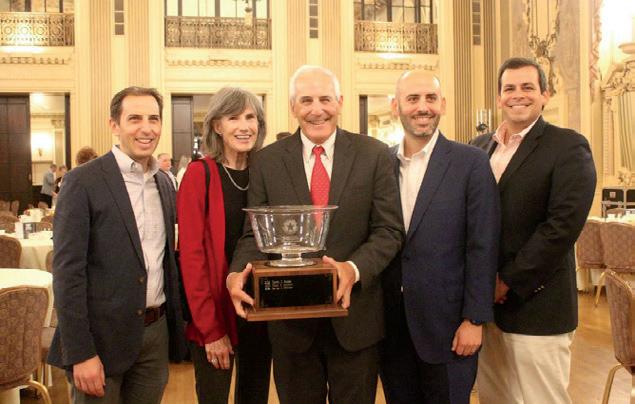
President Larry DiSabatino on being honored with the @DEStateChamber’s Gilman Bowl ��
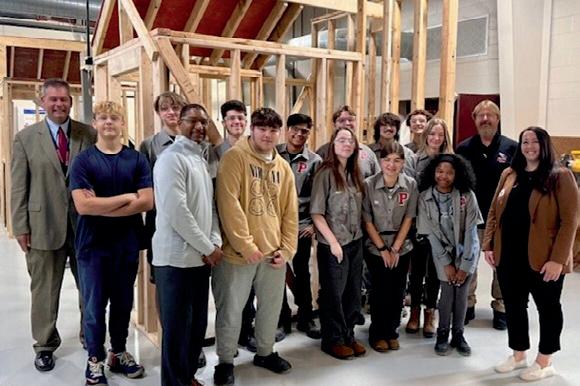
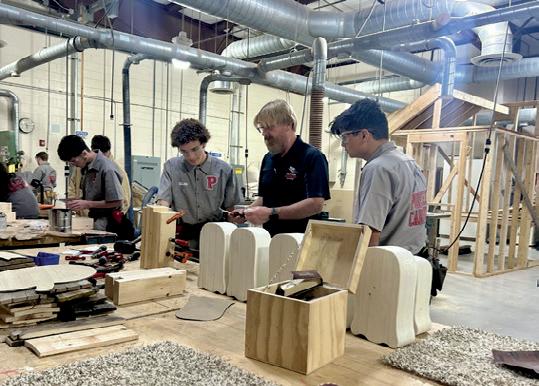

Kathryn Gillis: Last week I had the pleasure of participating in Principal for a Day at Polytech High School! I was blown away by their comprehensive curriculum which challenges students to try new things and get a jumpstart in pursuing their chosen paths. In this kind of environment, students are prepared to pursue whatever may call them, and I am proud these opportunities exist right here in Kent County.
I especially loved getting to visit the construction shop, where I had the chance to interact with the next generation of skilled trades workers. What a fun way to celebrate Careers in Construction Month! Thank you to Polytech for the hospitality, and thank you to the Delaware State Chamber of Commerce for organizing. #DEPFAD

Appoquinimink



High School: Dr. Colleen Keith, president of Goldey-Beacom College, stepped in Friday to serve as “Principal for a Day” of Odessa High School DE! As principal, Dr. Keith toured the school (alongside OHS’s Dr. Deangello Eley), dropped by a marching band practice, and visited some of the school’s pathways! Please join us in thanking Dr. Keith for taking the time to visit OHS and to the Delaware State Chamber for coordinating the Principal for a Day program. #appoproud #apposhines

Tyler Micik: Tonight I attended my first meeting as a member of Governorelect Matthew Meyer’s Education & Livelihoods Transition Committee. The group’s focus is on #education, #economicdevelopment, and #labor. I’m honored to have been invited to the table to share my thoughts and proud to represent the Delaware State Chamber of Commerce. I’m looking forward to our meetings over the next few weeks and excited to provide feedback that hopefully benefits #businesses and all Delawareans. Let’s get to work! ��

@The_OG_EDiS: Honored to attend the 26th Annual Superstars in Business Awards Luncheon! Congrats to all the winners making a difference in our community. �� #BuildingWhatMatters @DEStateChamber

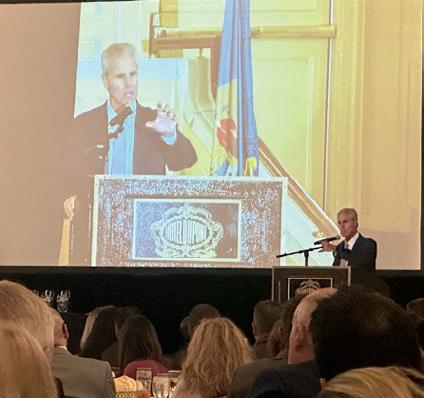
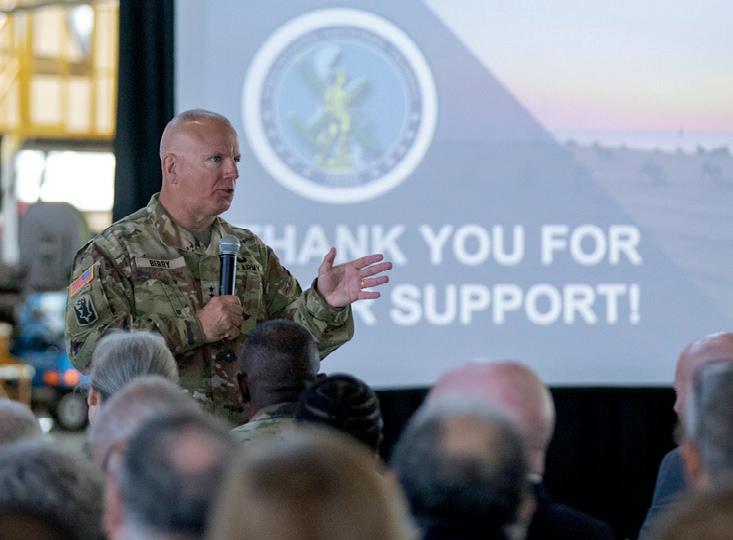
FEBRUARY 20, 2025
State of the Guard Address
Learn about current missions, activities, and operations from your Hometown Force of soldiers and airmen, the Delaware National Guard.
FREE to attend

APRIL 29, 2025
Navigating Delaware Pathways Summit
This full-day event unites educators and employers to explore education and workforce development and features the Superstars in Education and Training awards luncheon.
$100 Members
$125 Future Members
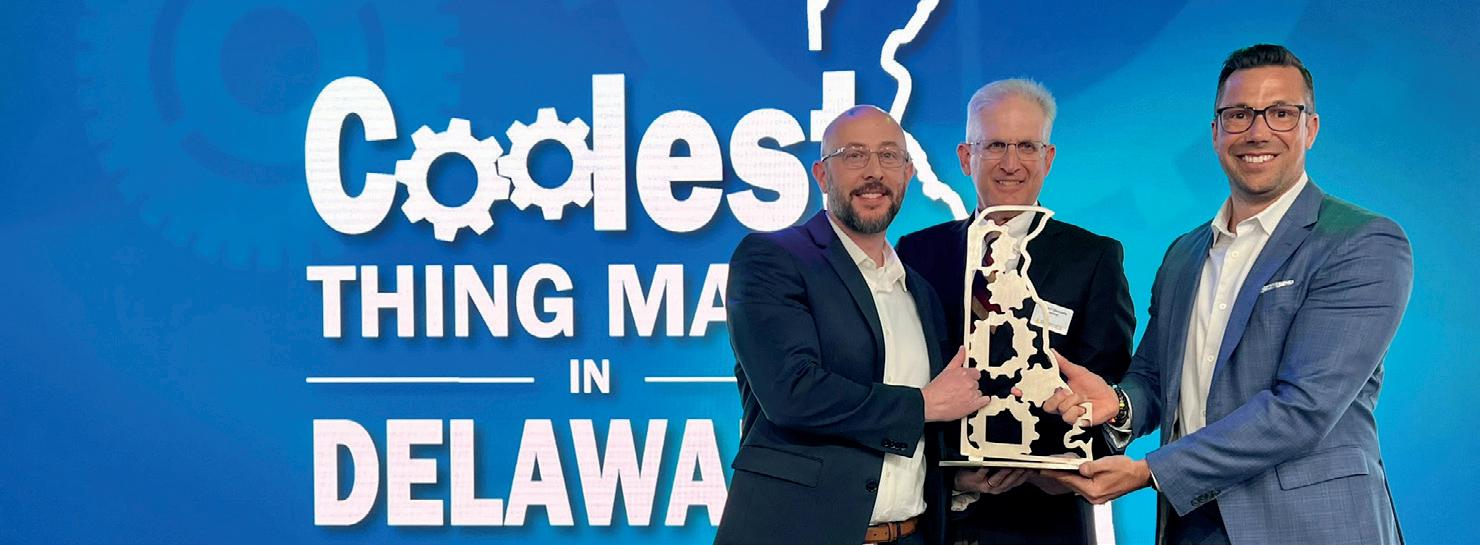
MARCH 27, 2025
The Spring Manufacturing & Policy Conference recognizes the many important contributions that manufacturers make to Delaware’s economy. The event also features the reveal of the Coolest Thing Made in Delaware contest winner.
$75 Members
$95 Future Members

MAY 2025
Small Business Day in Dover
Spend a half day in Delaware’s capital where you will learn about current issues that could impact your business and interact with the legislators who can pass or vote down bills that matter to you.
$35 to attend

MAY 2025
End-of-Session Policy Conference
As the General Assembly comes to a close, get updated on the initiatives the State Chamber played a key role in shaping and a legislative wrap-up from the House and Senate leadership.
$75 Members
$95 Future Members

SEPTEMBER 3, 2025
32nd Annual Chamber
Chase Golf Tournament
Chamber Chase supports the DE Employers & Employees Voter Education Fund, a 501(c)(4) affiliate of the State Chamber, which educates voters about key issues and candidates and distributes educational election materials.
$300 Per Golfer
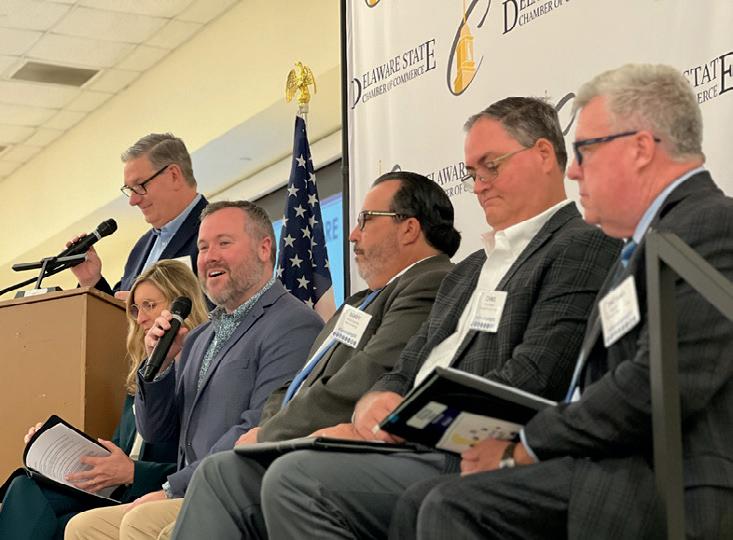
OCTOBER 2025
Developing Delaware Conference
This event brings together business leaders from around the state to participate in honest and engaging discussions around economic and workforce development.
$75 Members
$95 Future Members

NOVEMBER 5, 2025
27th Annual Marvin S. Gilman
Superstars
Held at the historic HOTEL DU PONT, the Superstars in Business award honors businesses and nonprofits for their outstanding achievements and model approaches to business and management.
$115 Members
$135 Future Members
When you think of the Delaware State Chamber, think of
Fill up your calendar by visiting our
*All 2025 events are subject to changes. Additional events will be added as they are scheduled. Visit the State Chamber’s event calendar online for the most accurate and up-to-date calendar.

DECEMBER 2025
The Taste of Delaware
Join our honorary host U.S. Senator Chris Coons for the Annual Taste of Delaware - a crowd favorite in the nation’s capital that showcases the finest culinary traditions from the First State.
FREE to attend

The Delaware State Chamber of Commerce recognizes and thanks these organizations that supported our events and programs in 2024. Your investments play a key role in our ability to bring people together for important conversations that help shape the future of Delaware’s business community.
1440 Film Co.
Action Unlimited Resources
Adesis
Aerus | Beyond by Aerus Delaware
Agilent Technologies
AIRE SERV HEATING AND AIR
Aloysius Butler & Clark
Amazon
AmeriHealth Caritas Delaware
Architectural Alliance
Artesian Water Company
Artisans’ Bank
Associates International, Inc.
Assurance Media, LLC
AstraZeneca
AT&T
Back to Basics Learning Dynamics
Bancroft Construction
Bank of America
Barclays

Bayhealth
Beebe Healthcare
Belfint, Lyons, & Shuman CPAs
Belfor Property Restoration
Better Business Bureau Serving Delaware
Big Brothers Big Sisters of Delaware
Blackwell HR Solutions
Bloom Energy
Boulden Brothers
BrandSwan
Breakwater Accounting + Advisory
BrightFields, Inc.
Brown Advisory
Buccini/Pollin Group
Bumpers & Company
ByrdGomes
Carvertise
CBM Insurance
Chemours
Christiana Mall
ChristianaCare
Citizens Bank
Colonial Parking, Inc.
Comcast

Community Service Building Corporation
Compass Government Relations
Continental Finance Company
Corteva Agriscience

Cover & Rossiter (now The Bonadio Group)
Croda
CSC
CVS
Delaware Association of REALTORS
Delaware Division of Small Business
Delaware Division of Visually Impaired
Delaware Athletics, Community & Campus Recreation
Delaware Business Times
Delaware Cadillac, DE Subaru & Kia of Wilmington
Delaware City Refining Company
Delaware Department of Labor
Delaware Deptartment of Education
Delaware Division of Small Business
Delaware Electric Cooperative
Delaware LIVE
Delaware Municipal Electric Corporation
Delaware Office of Work Based Learning
Delaware Prosperity Partnership
Delaware Public Media
Delaware River & Bay Authority
Delaware SHRM
Delaware State Education Association
Delaware State University
Delaware Technical Community College
Delaware Today
Delaware Tourism Office
Delaware Workforce Development Board
Delmarva Corrugated Packaging
Delmarva Power
DEMEP
Diamond Technologies, Inc.
DiSabatino Construction
Discover Bank
Donate Delaware

DRPR Strategies

DuPont
Easterseals Delaware & Maryland’s Eastern Shore
EDiS Company
Enstructure
Enterprise Mobility
Environmental Alliance, Inc.
Evergreen Apartment Group
Exceptional Care for Children
Farmers of Salem
FHLBank Pittsburgh
FideliTrade, Incorporated
First Citizens Community Bank

First State Compassion
FMC
Food Bank of Delaware
Fulton Bank
George & Lynch
Glenmede
Goldey-Beacom College
Goodwill of Delaware & Delaware County
Greater Philadelphia Business Coalition on Health
Gunnip & Company
Harvey, Hanna & Associates
HFS Advisers
Highmark Blue Cross Blue Shield Delaware
Holmes Smith Consulting Services, Inc.
Horizon Farm Credit
Horn Entrepreneruship
i.g. Burton
ILC Dover
Incyte
Insperity
Invista
Jamestown Hospitality Group
Janssen’s Market
JPMorgan Chase
Kenny Family Foundation
L&W Insurance
LabWare
Landmark Science & Engineering
M&T Bank
M. Davis & Sons


Peter Gilman
PHRMA
PNC Bank
Point-to-Point Wealth Planning
Potter Anderson & Corroon
Proctor & Gamble
PSCI
PSEG Nuclear, LLC
Rehoboth Beach Jazz Festival
Richards, Layton & Finger
Rodel
Ronald McDonald House Charities of Greater Delaware
Ryan G. Smith, M.D. & Matthew M. Smith
Sallie Mae
Santora CPA Group
Schell Brothers
Schlosser & Associates Mechanical Contractors, Inc.
Seimens Healthineers
Sheet Metal Workers’ Local Union 19
Siegfried Advisory, LLC
Social Contract
Spicer-Mullikin Funeral Homes, Inc.
SUN Behavioral Health
Sunday Breakfast Mission
Synerfac
TD Bank
Tech Council of Delaware
The Mill
The Siegfried Group
TidalHealth
Maria Taylor
Martha S. Gilman & Family/Carson Development/
Cornell Property Management
MDavis & Sons, Inc.
Merck
Meta
Milford Housing Development Corp.
milliCare Floor & Textile Care
Mitchell Associates
Morris James LLP
Morris, Nichols, Arsht & Tunnell LLP
Mountaire
MySherpa
Navient
Nemours Children’s Health
New Castle Insurance
NIIMBL
North American Millwright Services
Northern Investigator Services
Novo Nordisk
Offit Kurman
Orsted
PCS


Traffic Plan
Uber
United Concordia Dental
United Way of Delaware
University of Delaware
University of Delaware Career Services
U.S. Biologic
U.S. Wind
VanDemark & Lynch, Inc.
Verdantas
Visa
W.L. Gore & Associates
Walmart
Waste Management
We Work for Health Delaware
Weiner Benefits Group, LLC
Whisman Giordano & Associates, LLC
Whiting-Turner
Wilmington Metropolitan Urban League
Wilmington University
Wohlsen Construction
WSFS Bank
Your Part-Time Controller
WE LOOK FORWARD TO WORKING ON BEHALF OF OUR MEMBERS IN 2025 & BEYOND

The State Chamber of Commerce staff works for you, serving our member companies and organizations statewide. This State Chamber staff directory lists phone numbers and email addresses, as well as individual areas of responsibility. If you need business assistance or information, please don’t hesitate to call.
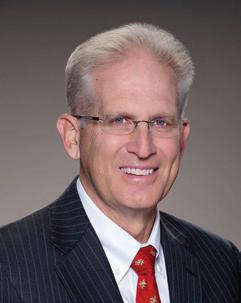
Michael J. Quaranta President (302) 576-6585 mquaranta@dscc.com
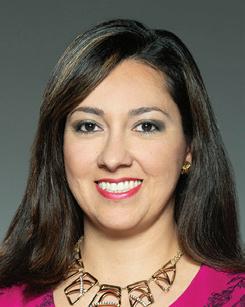
Melissa Brayman Office Administrator (302) 576-6572 mbrayman@dscc.com
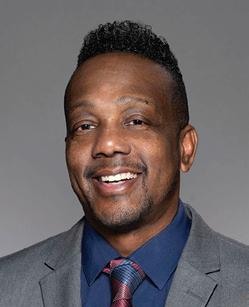
Damon Howard Manager, Digital & Print Advertising (302) 576-6579 dhoward@dscc.com

Amanda Schimmel Manager, Marketing & Accounting (302) 576-6560 aschimmel@dscc.com

Kelly Basile Vice President, Strategic Communications (302) 576-6564 kbasile@dscc.com

Regina Donato Manager, Program & Communications (302) 576-6567 rdonato@dscc.com

Tyler Micik Director, Public Policy & Government Relations (302) 576-6590 tmicik@dscc.com
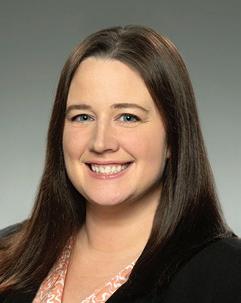
1201 N. Orange Street, P.O. Box 671 Wilmington, DE 19899-0671 (302) 655-7221 www.dscc.com
Kerri Welcher Events Manager (302) 576-6566 kwelcher@dscc.com
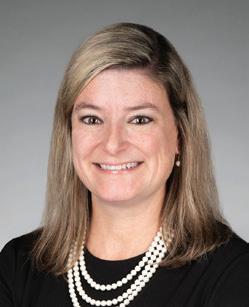
Danielle Blake Vice President, Member Engagement (302) 576-6571 dblake@dscc.com
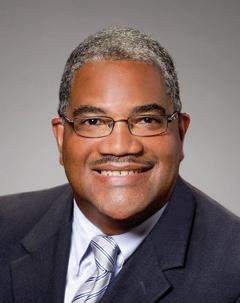
Ken Evans Account Executive (302) 576-6576 kevans@dscc.com

Helana Rodriguez Director, The Partnership, Inc. (302) 576-6575 hrodriguez@dscc.com
Facebook: DelawareStateChamber
Twitter: DEStateChamber
Linkedin: Delaware State Chamber of Commerce
YouTube: DEStateChamber
Instagram: DEStateChamber







